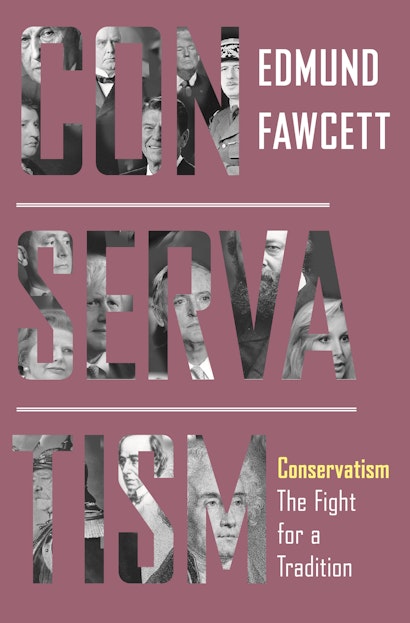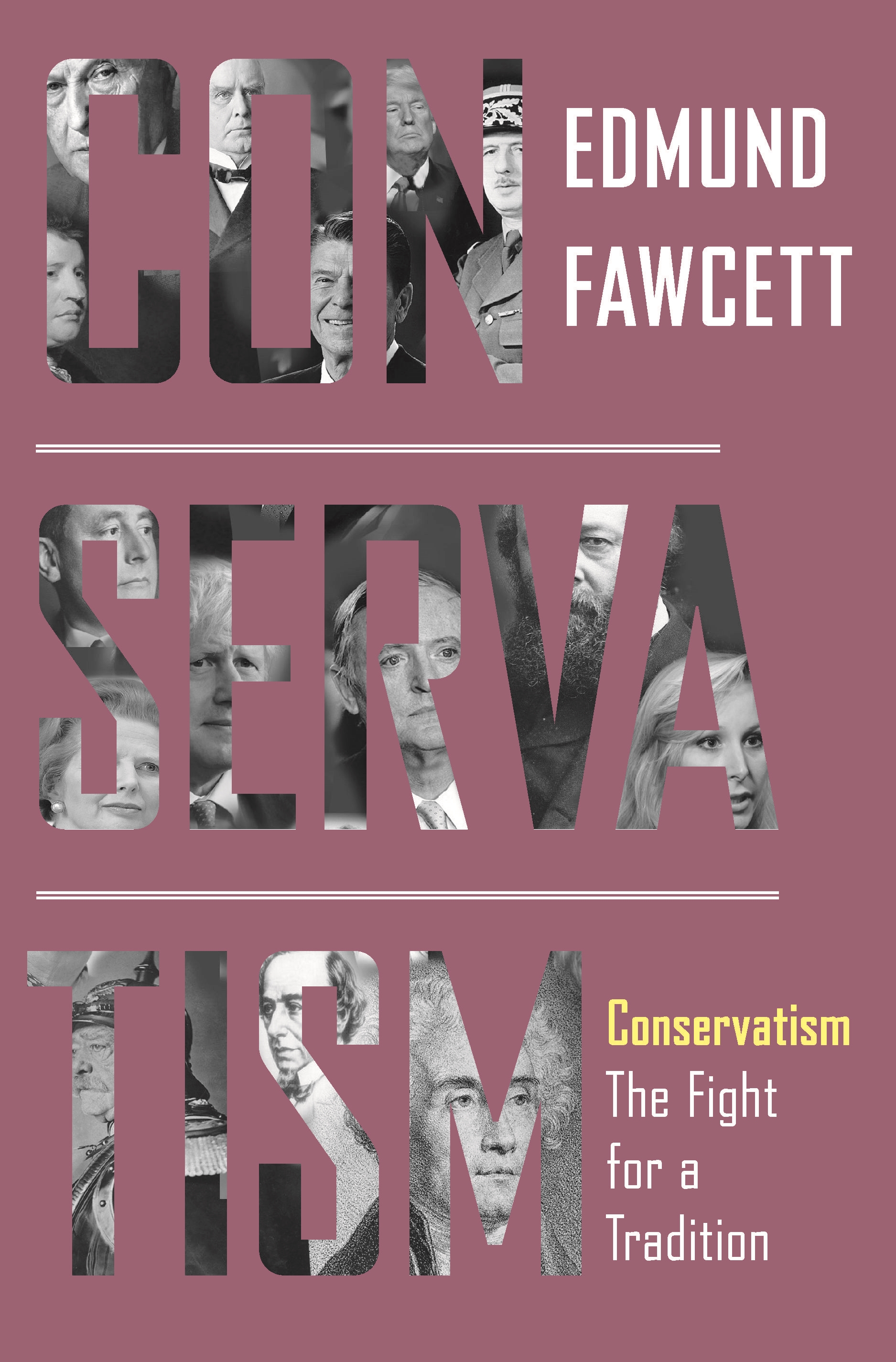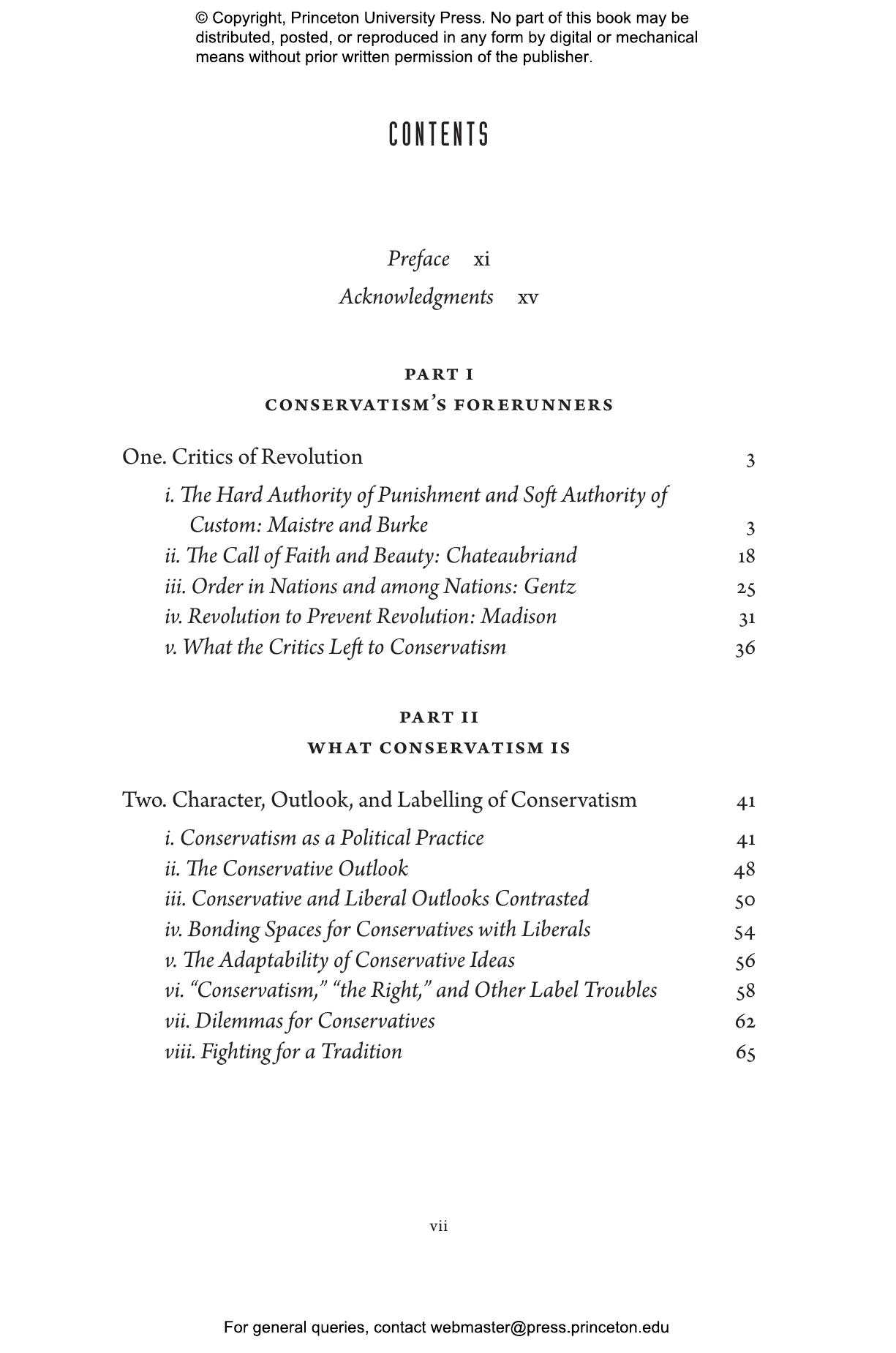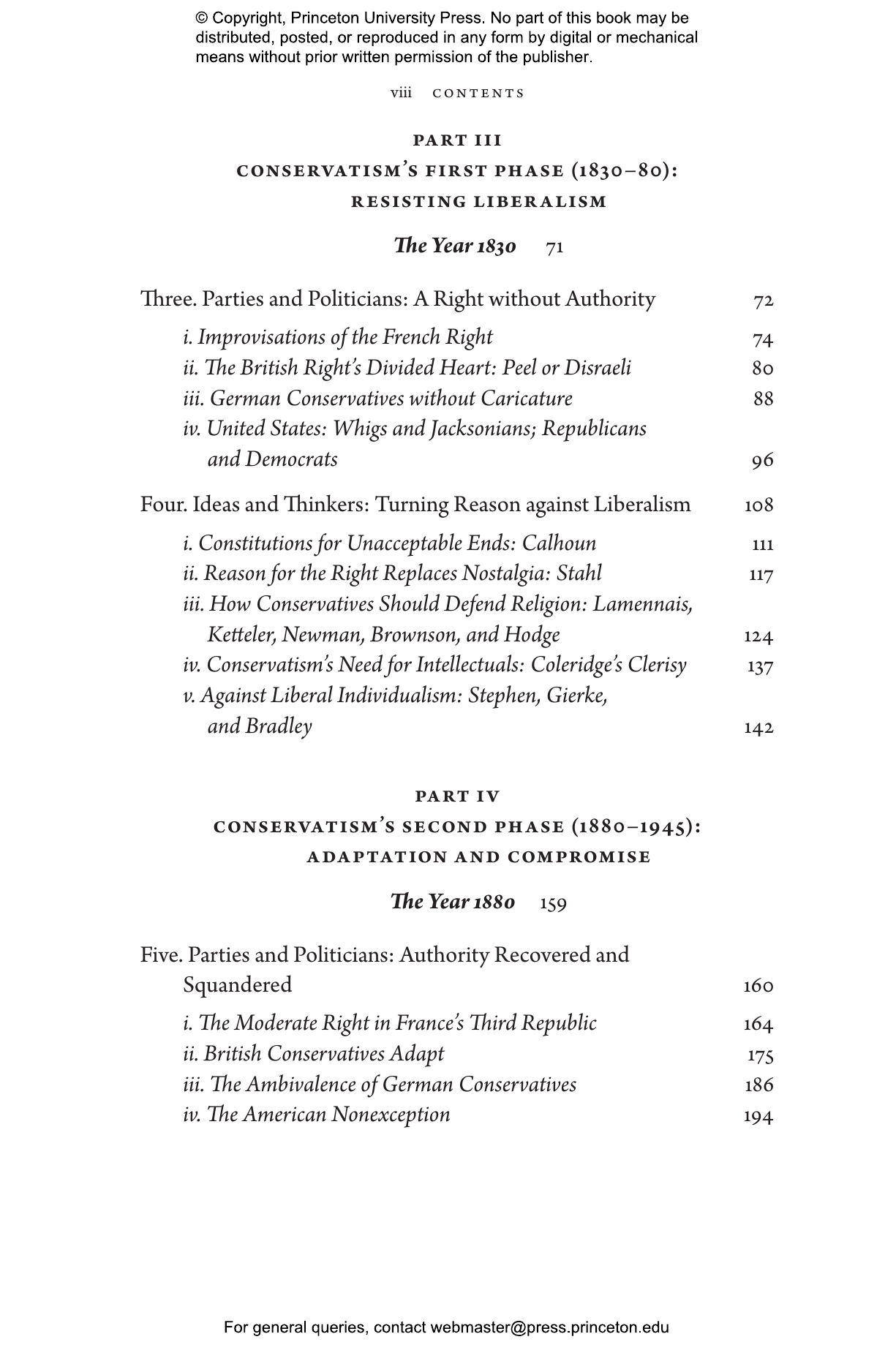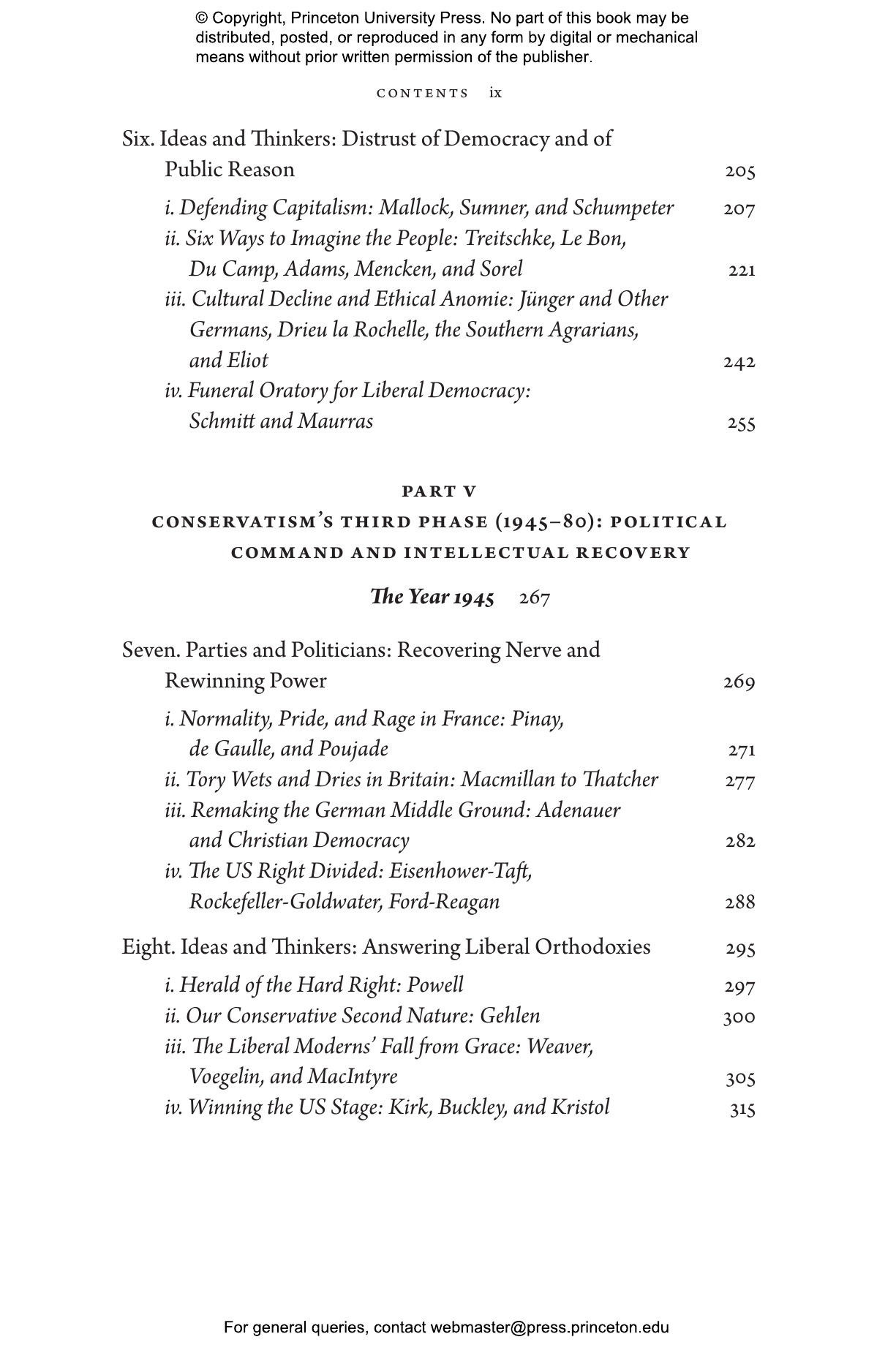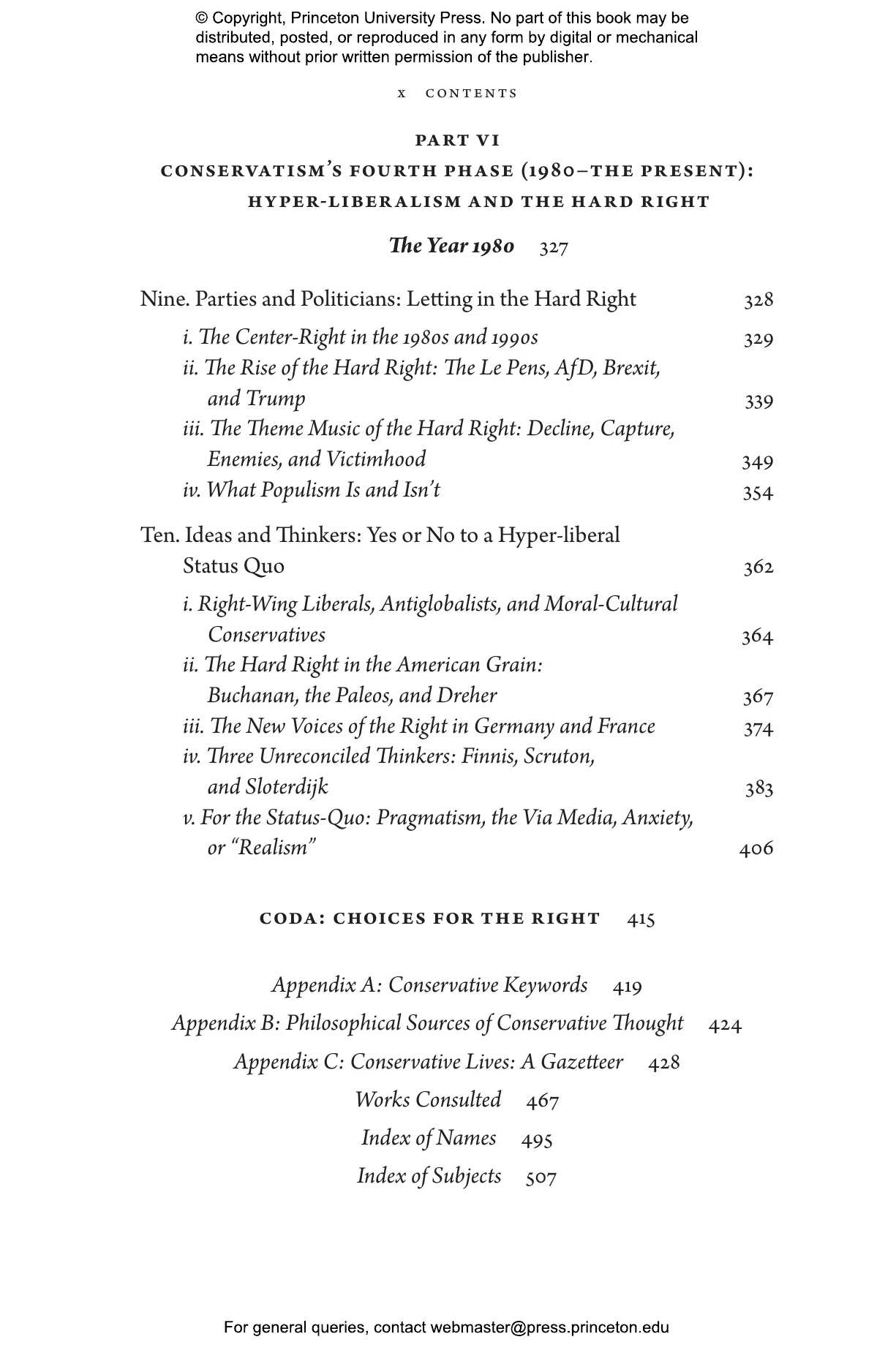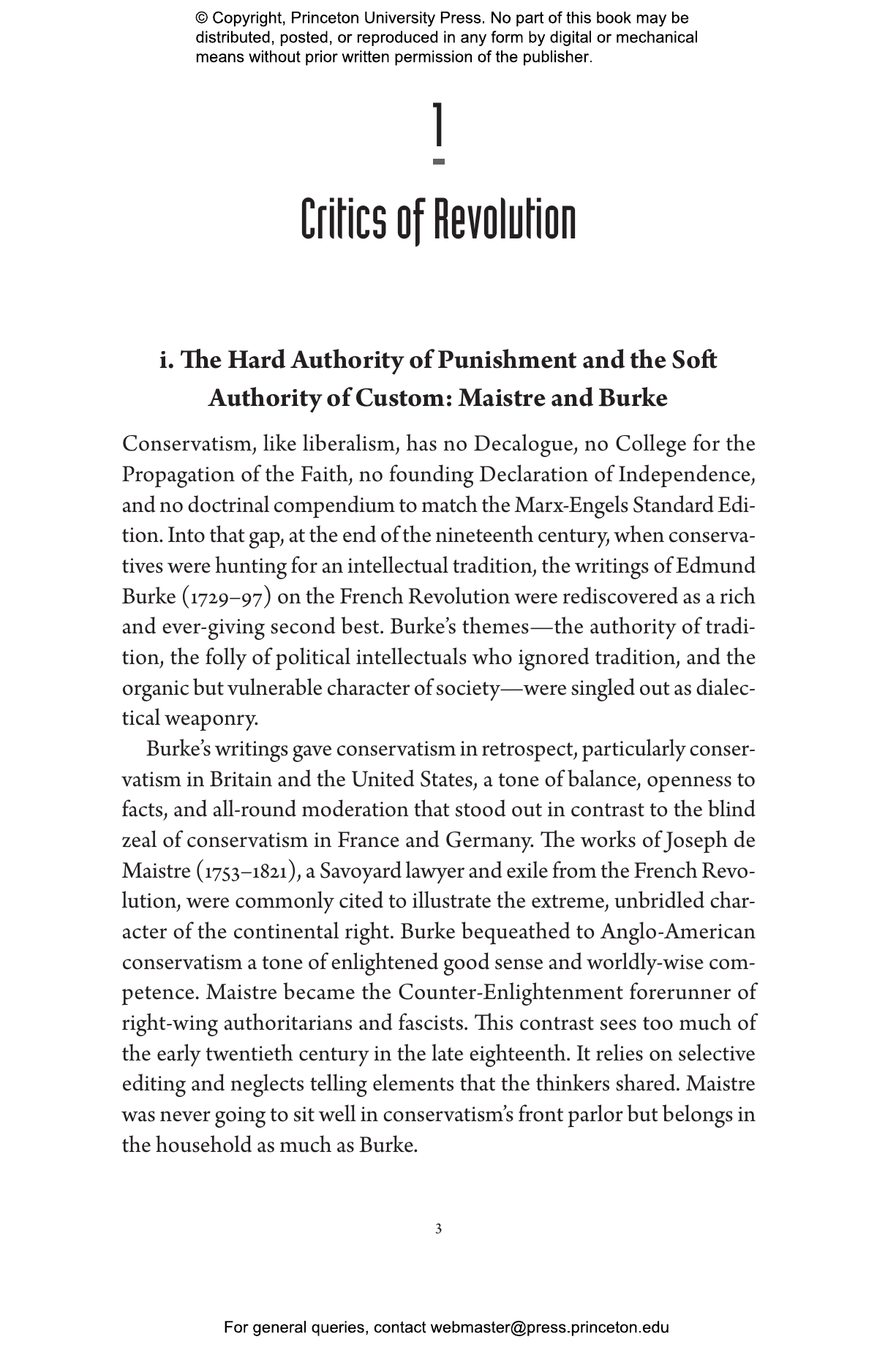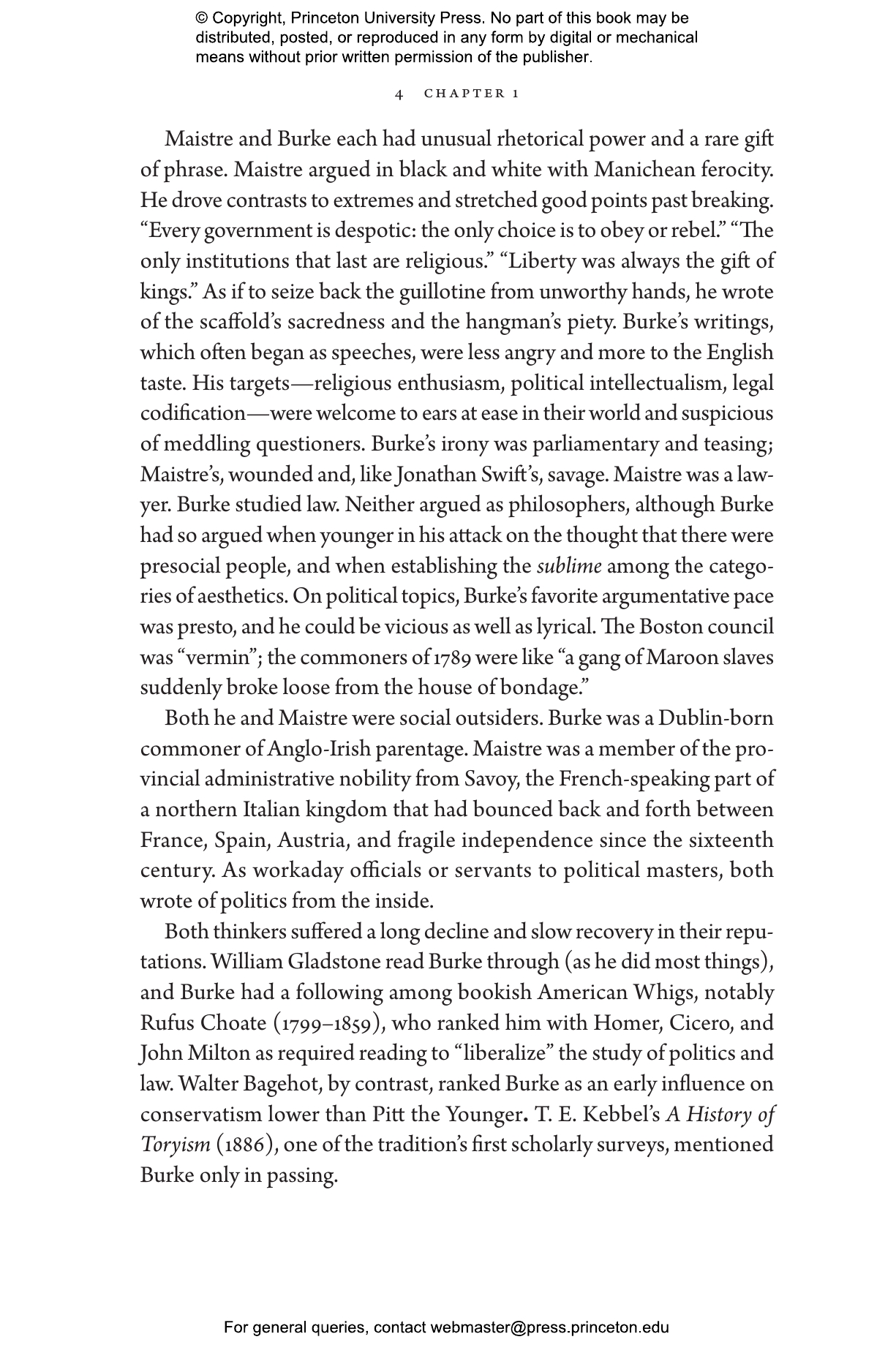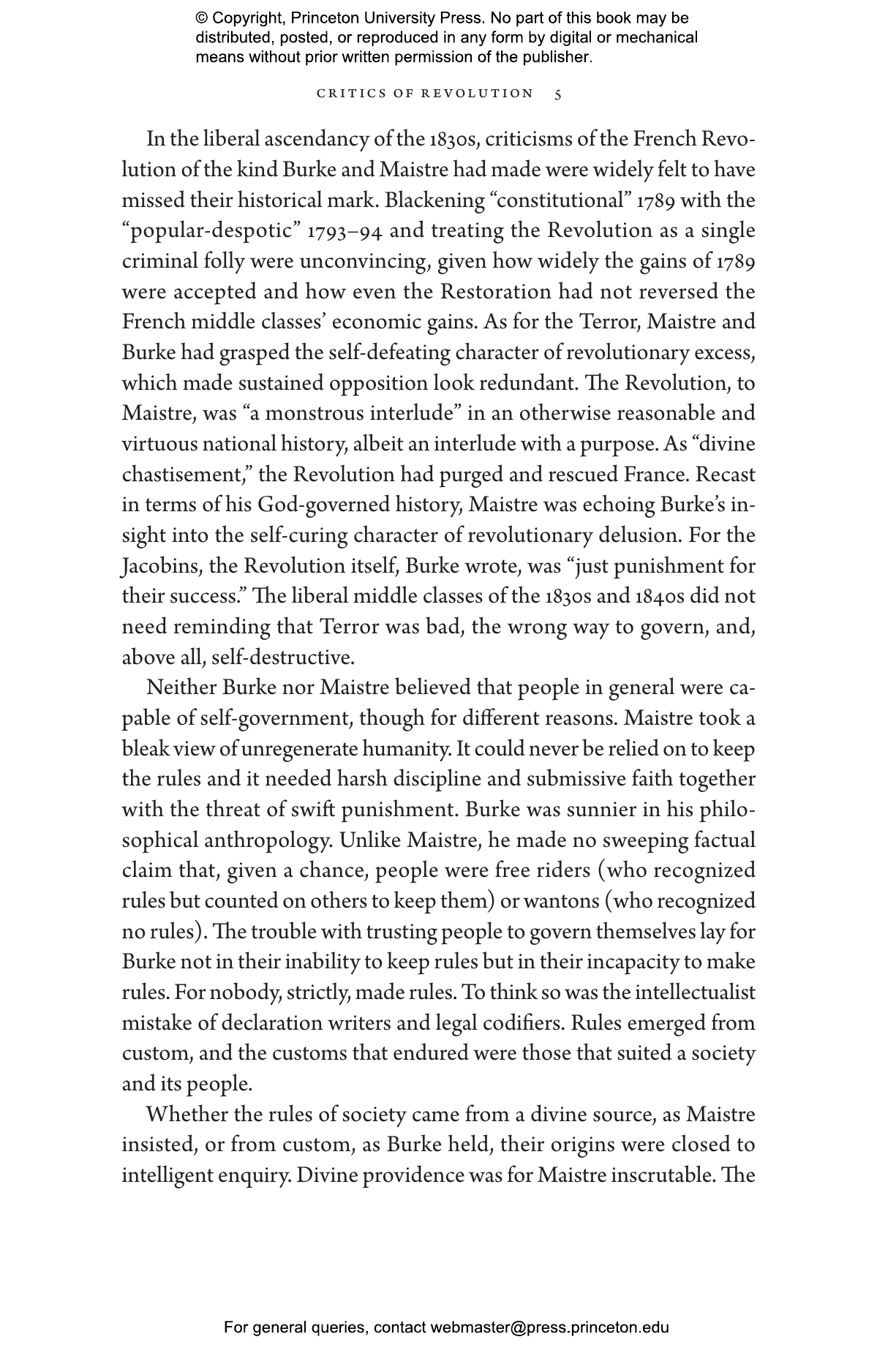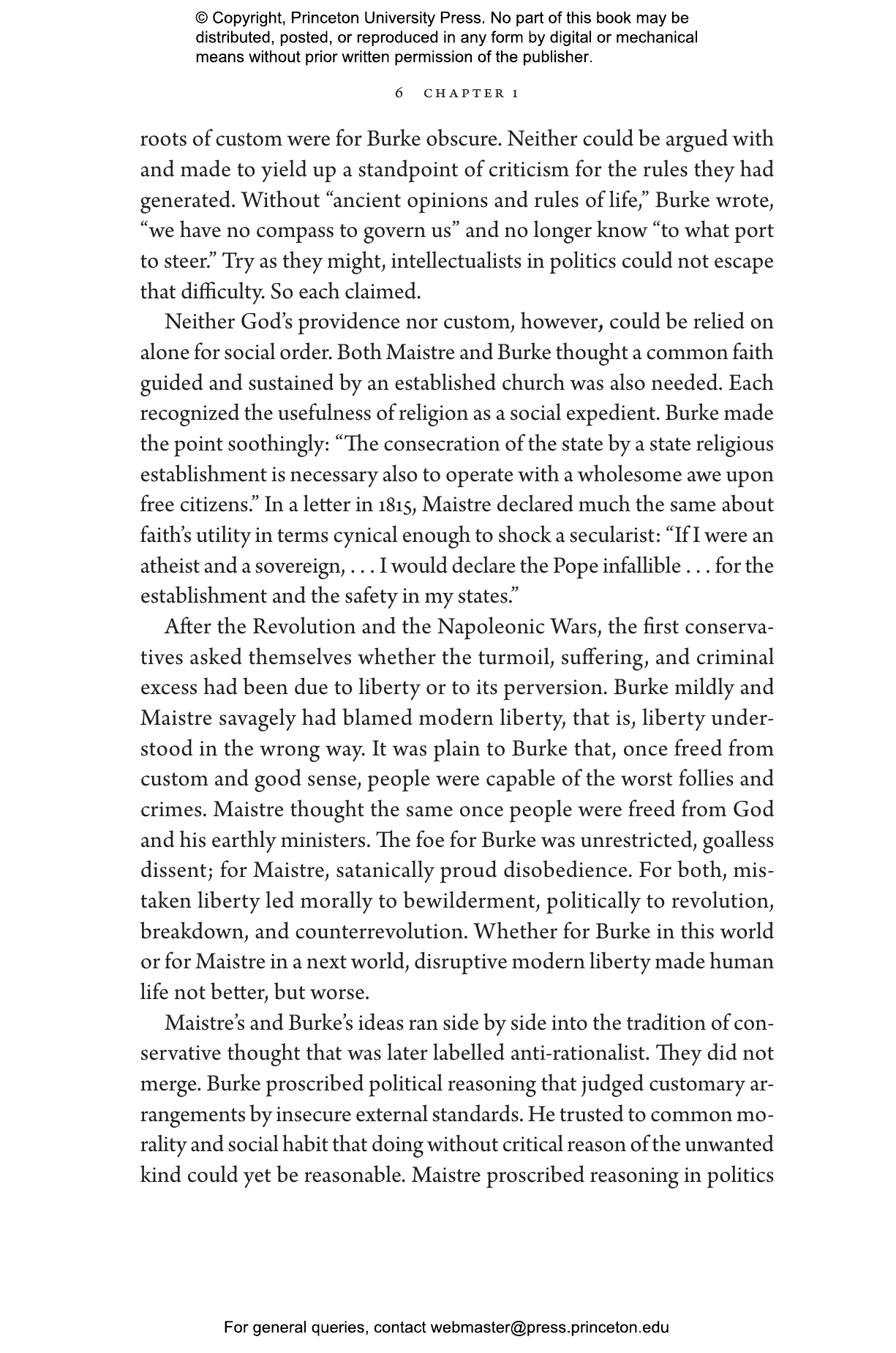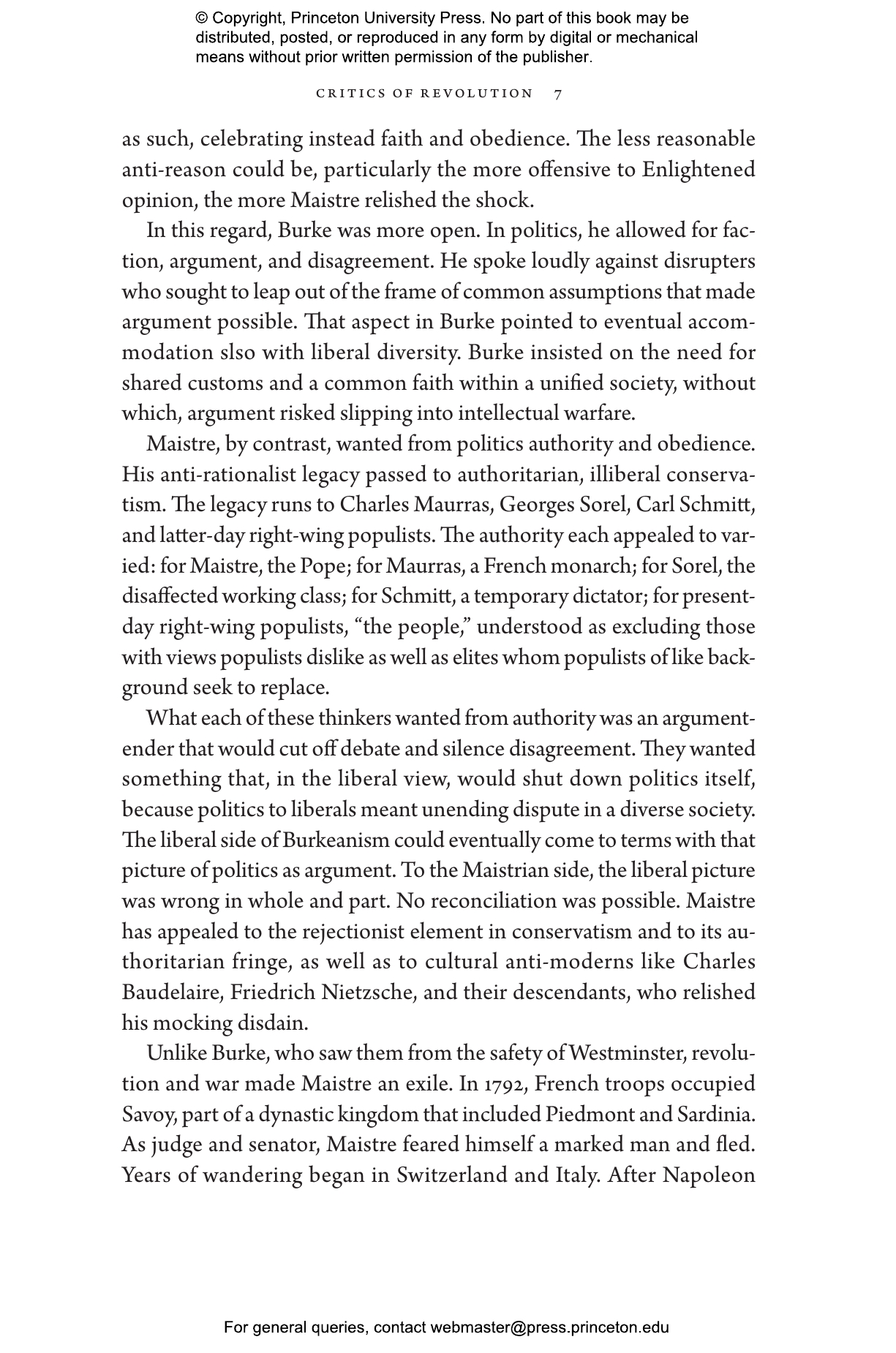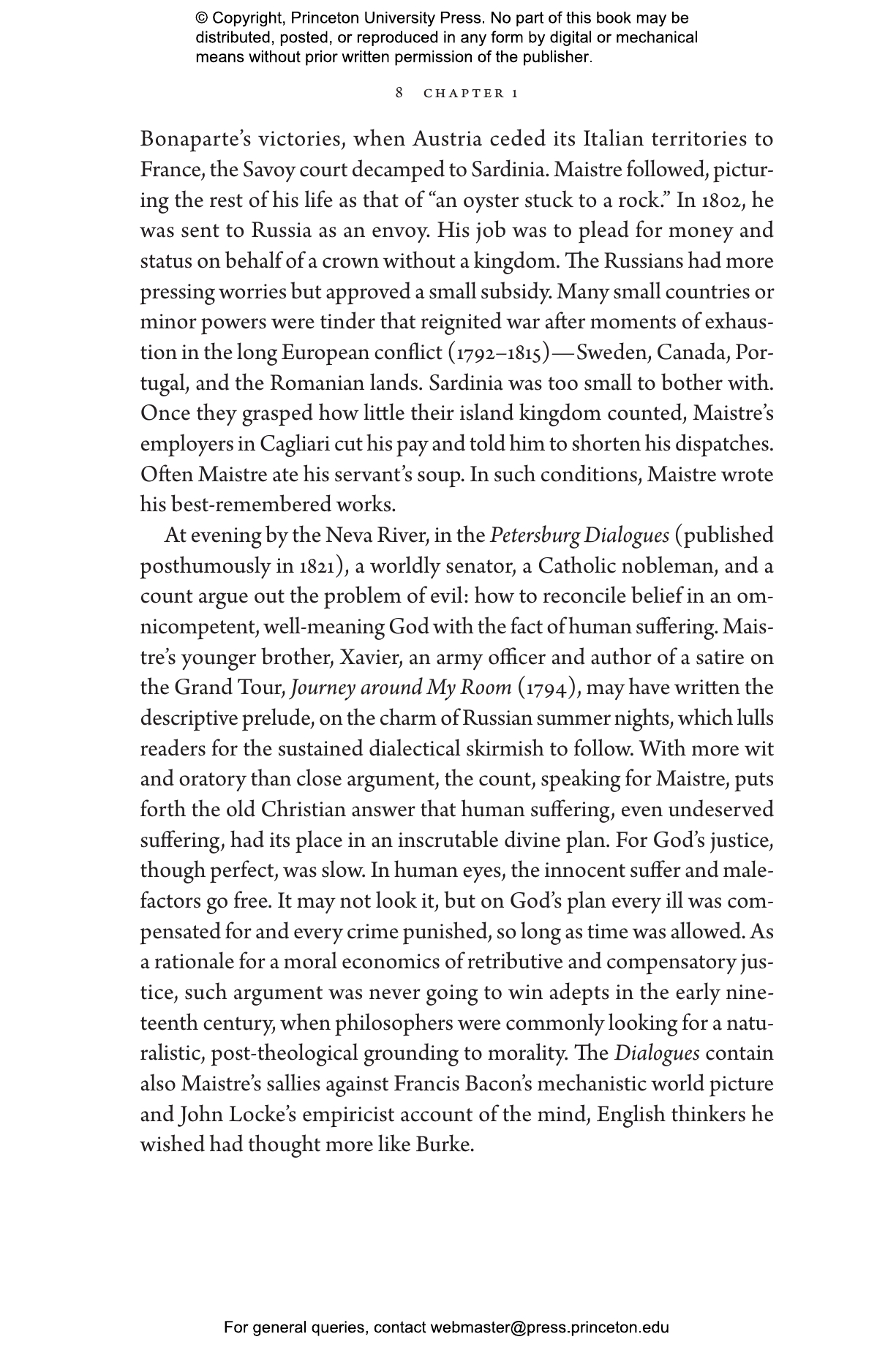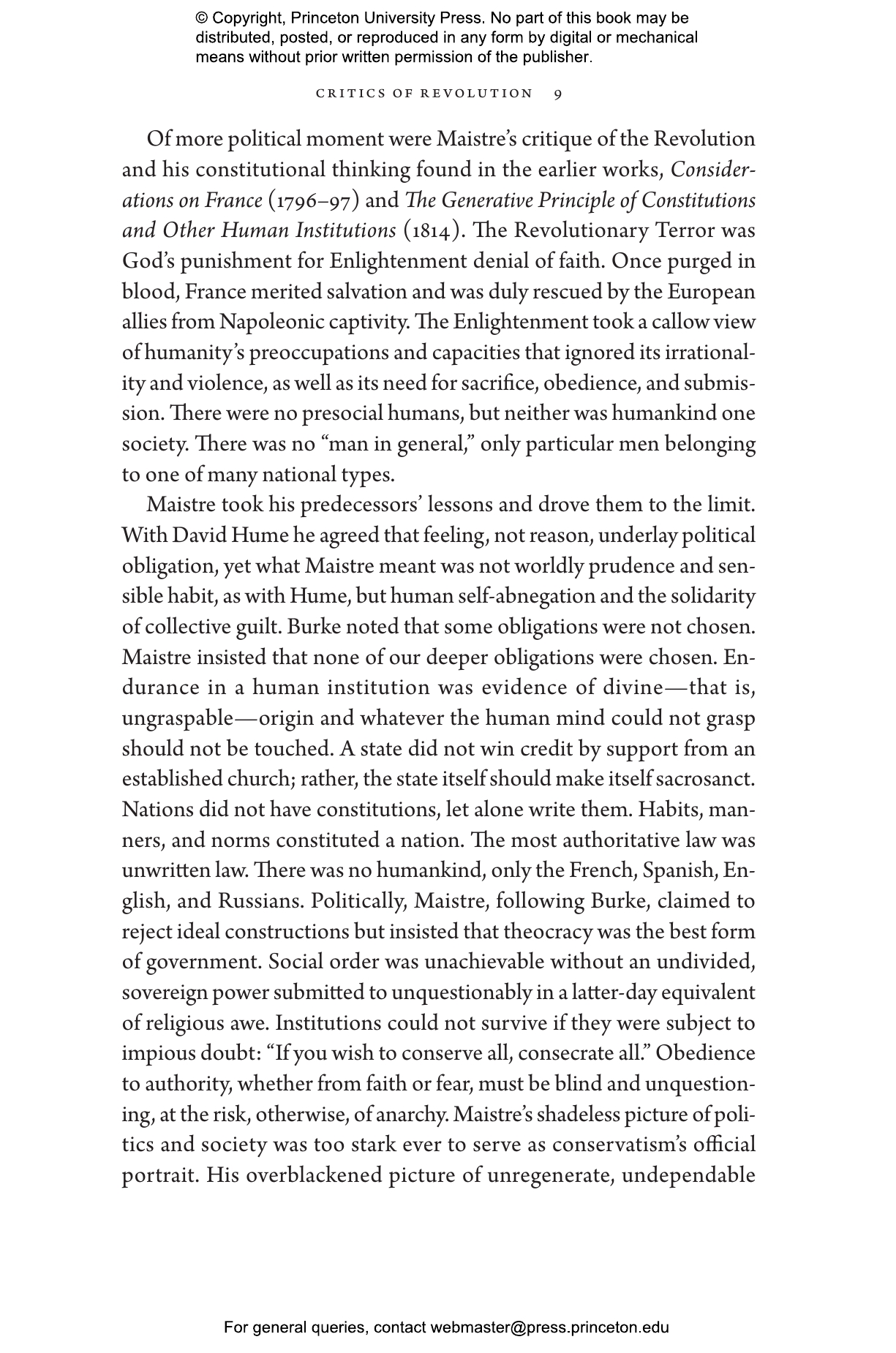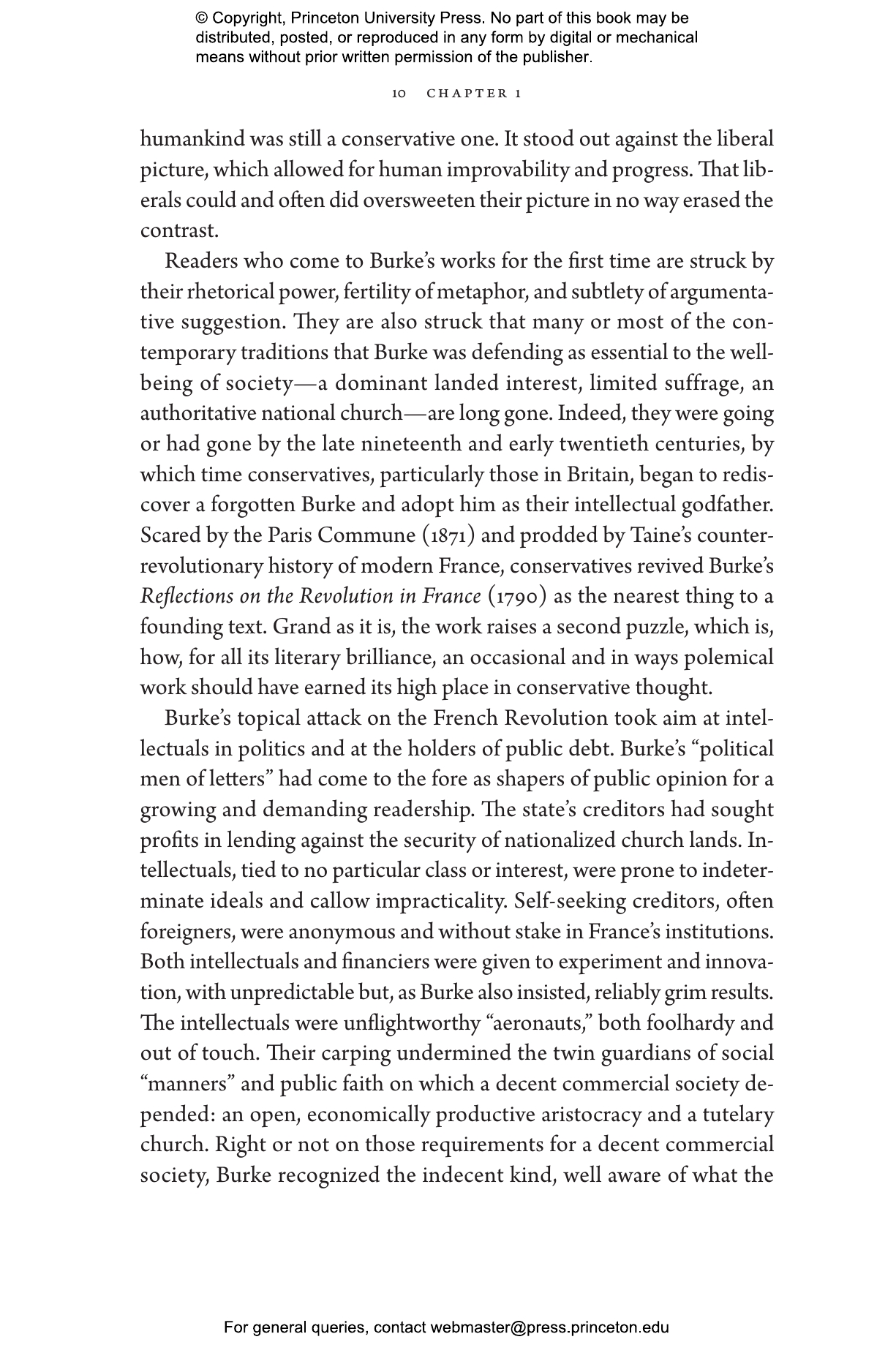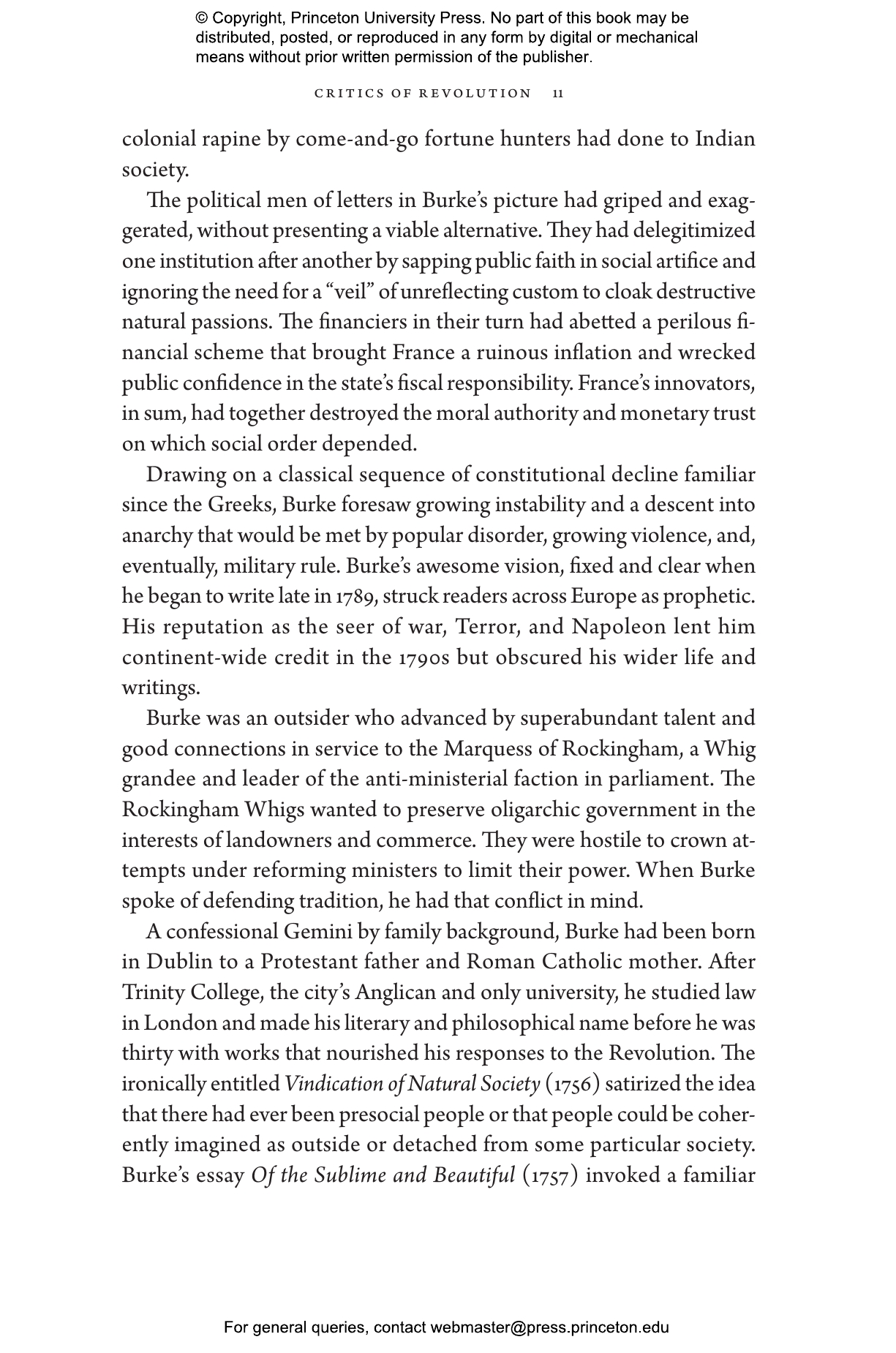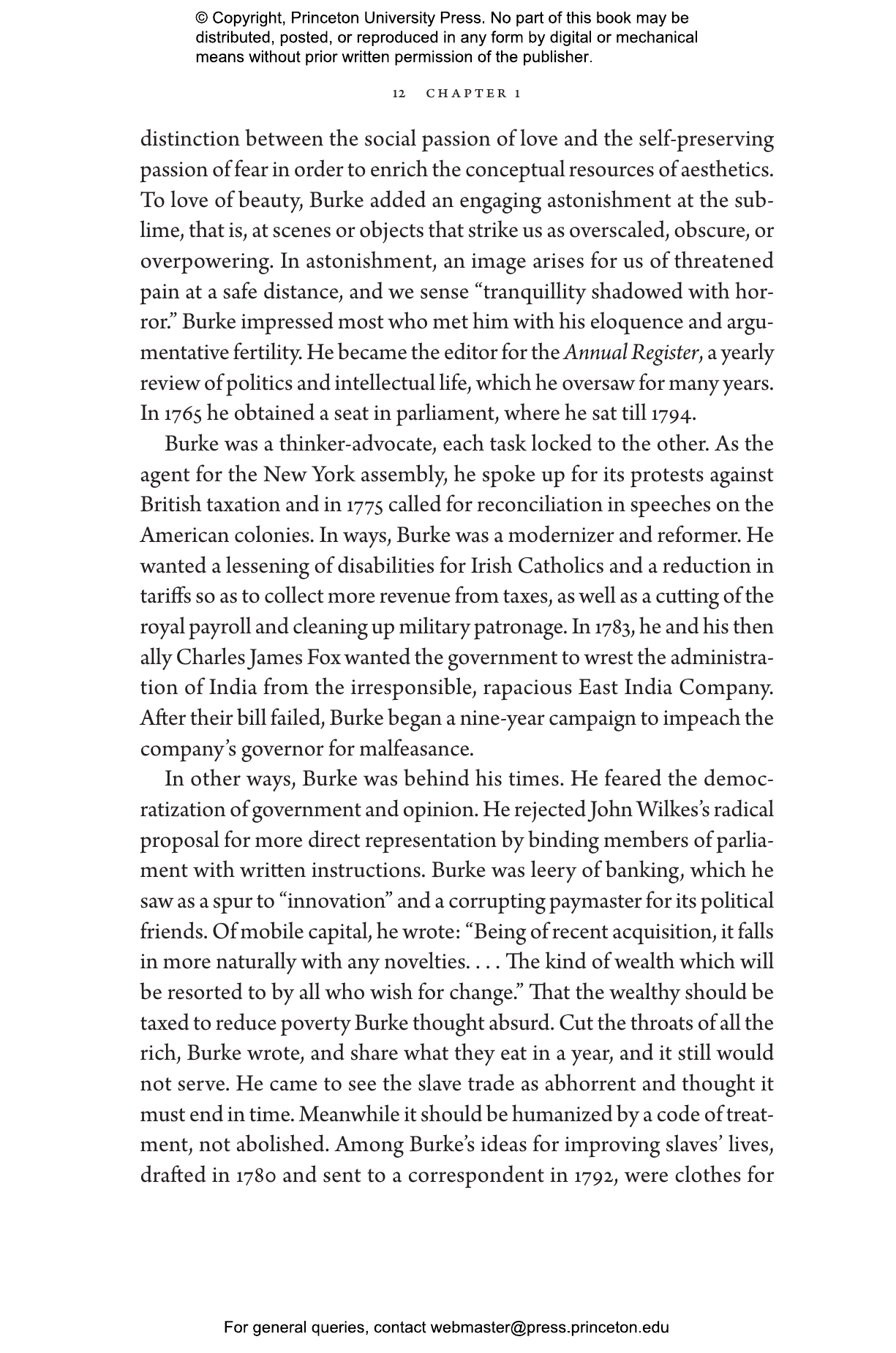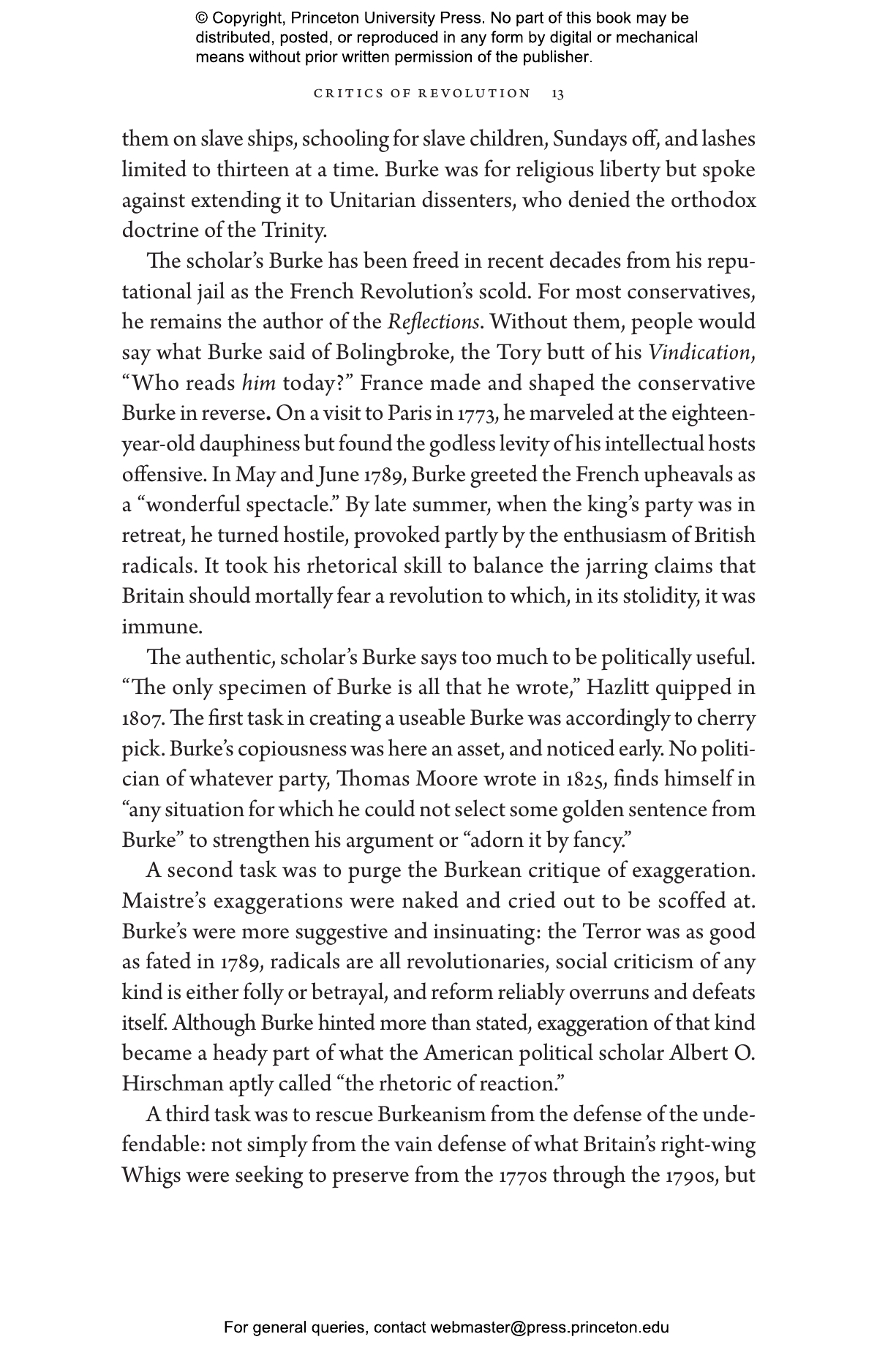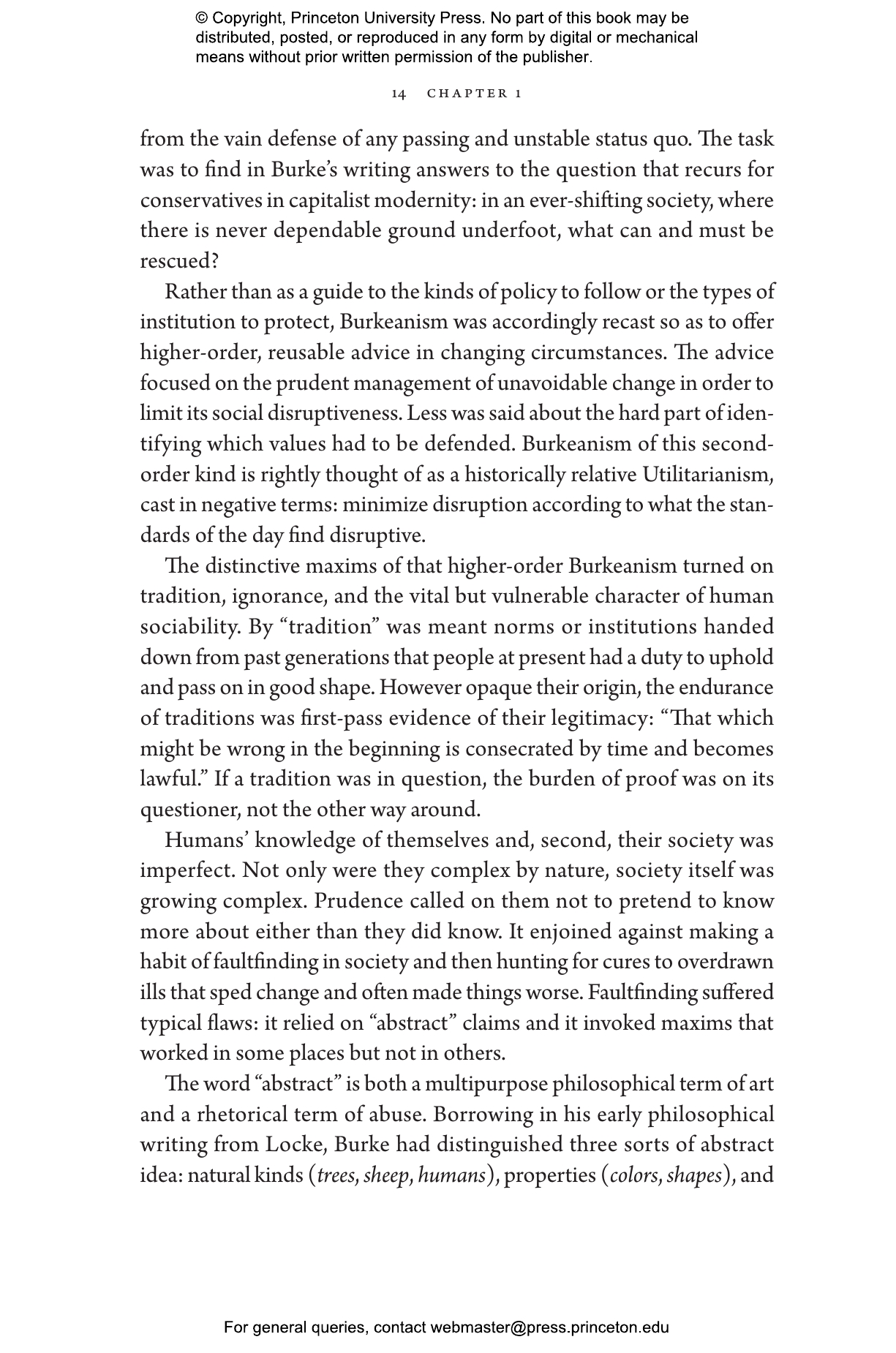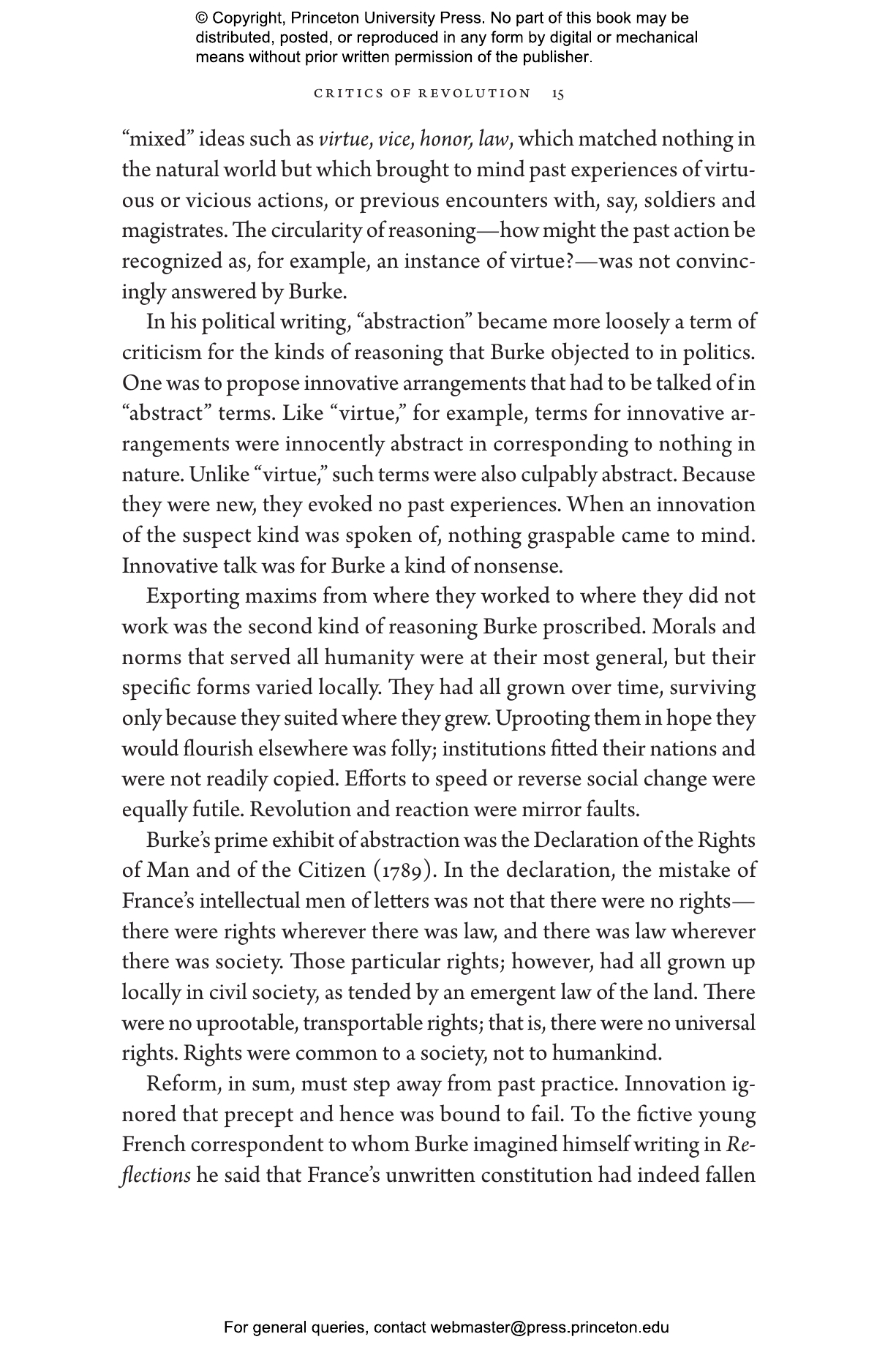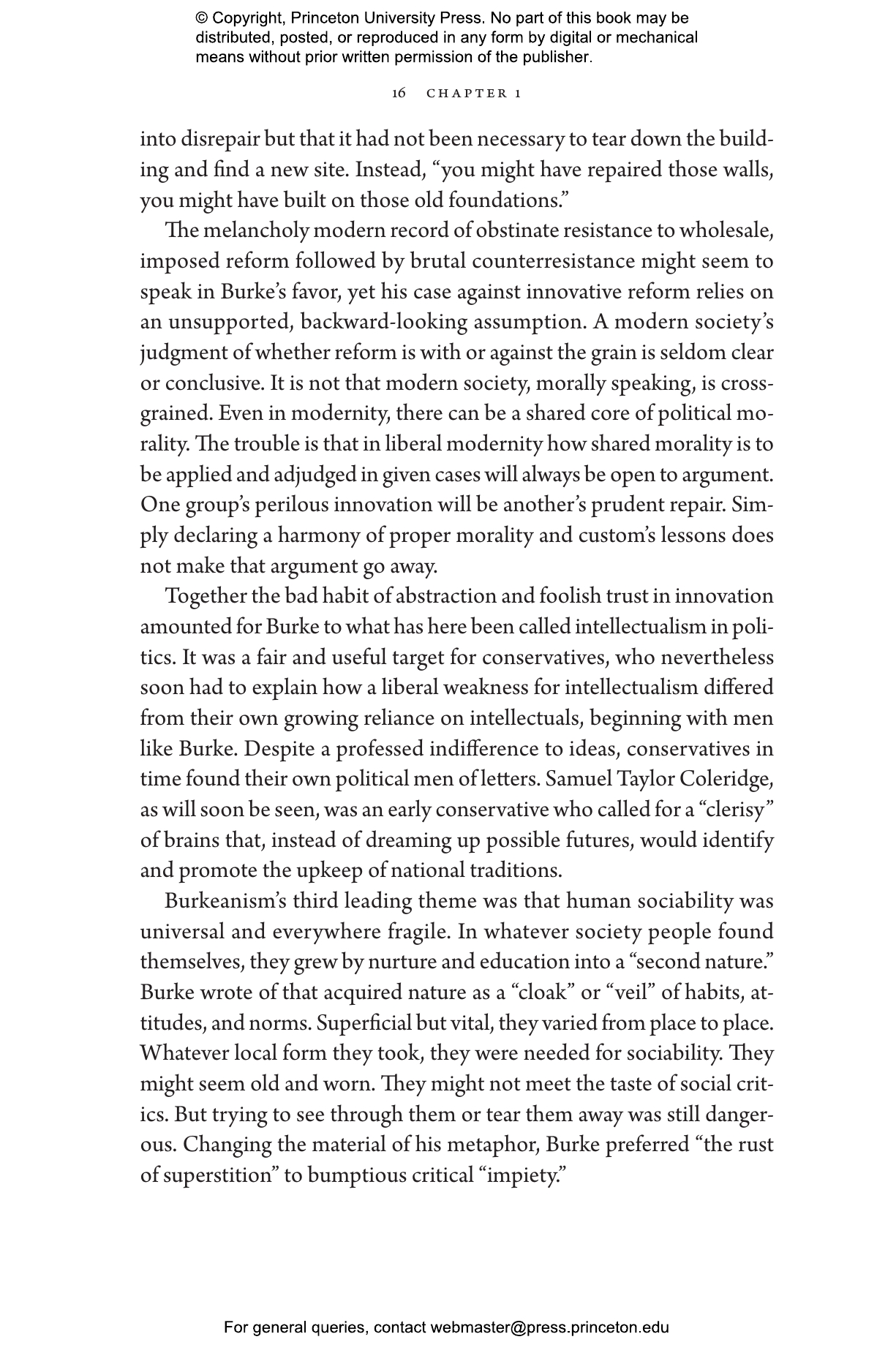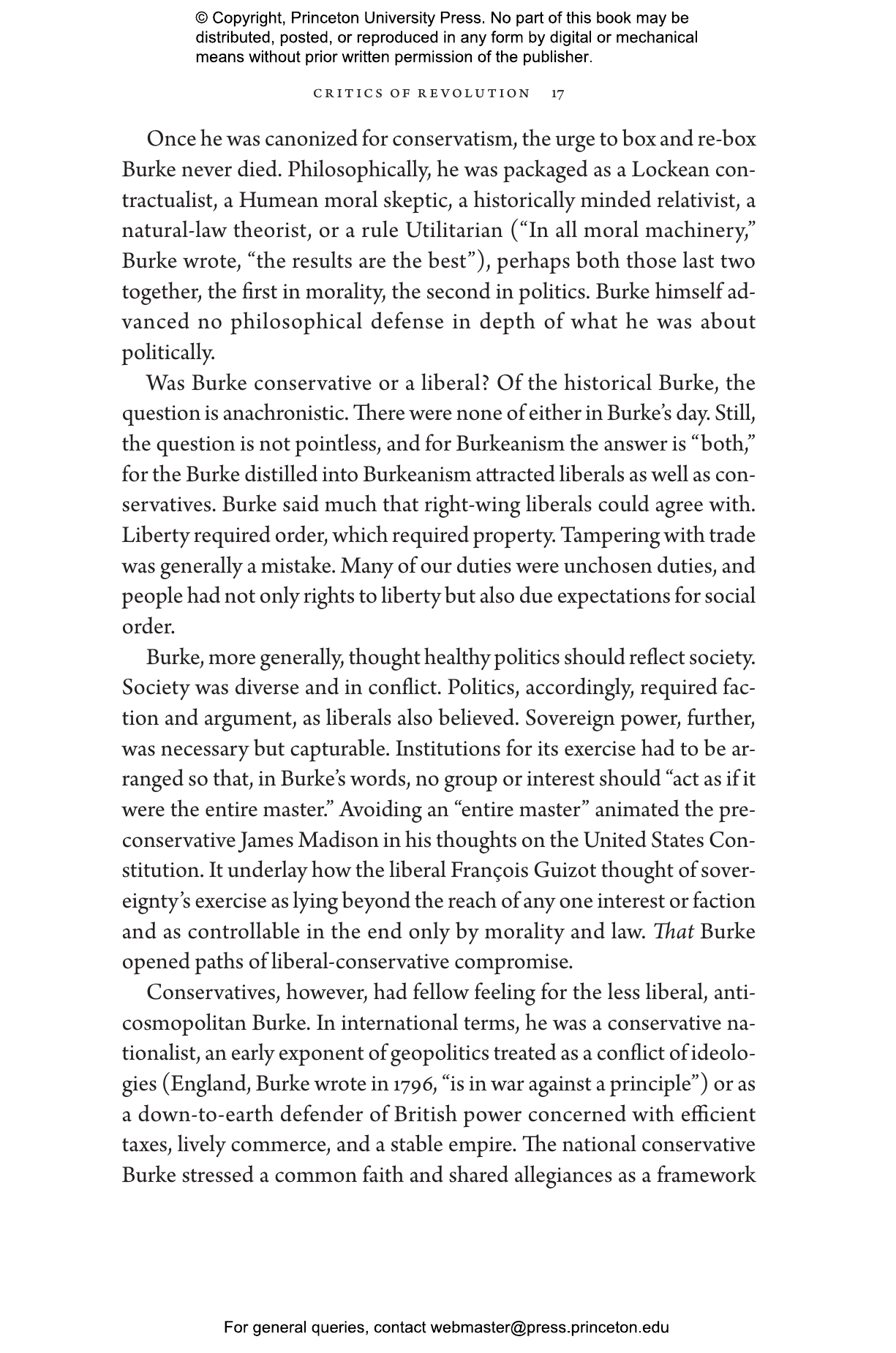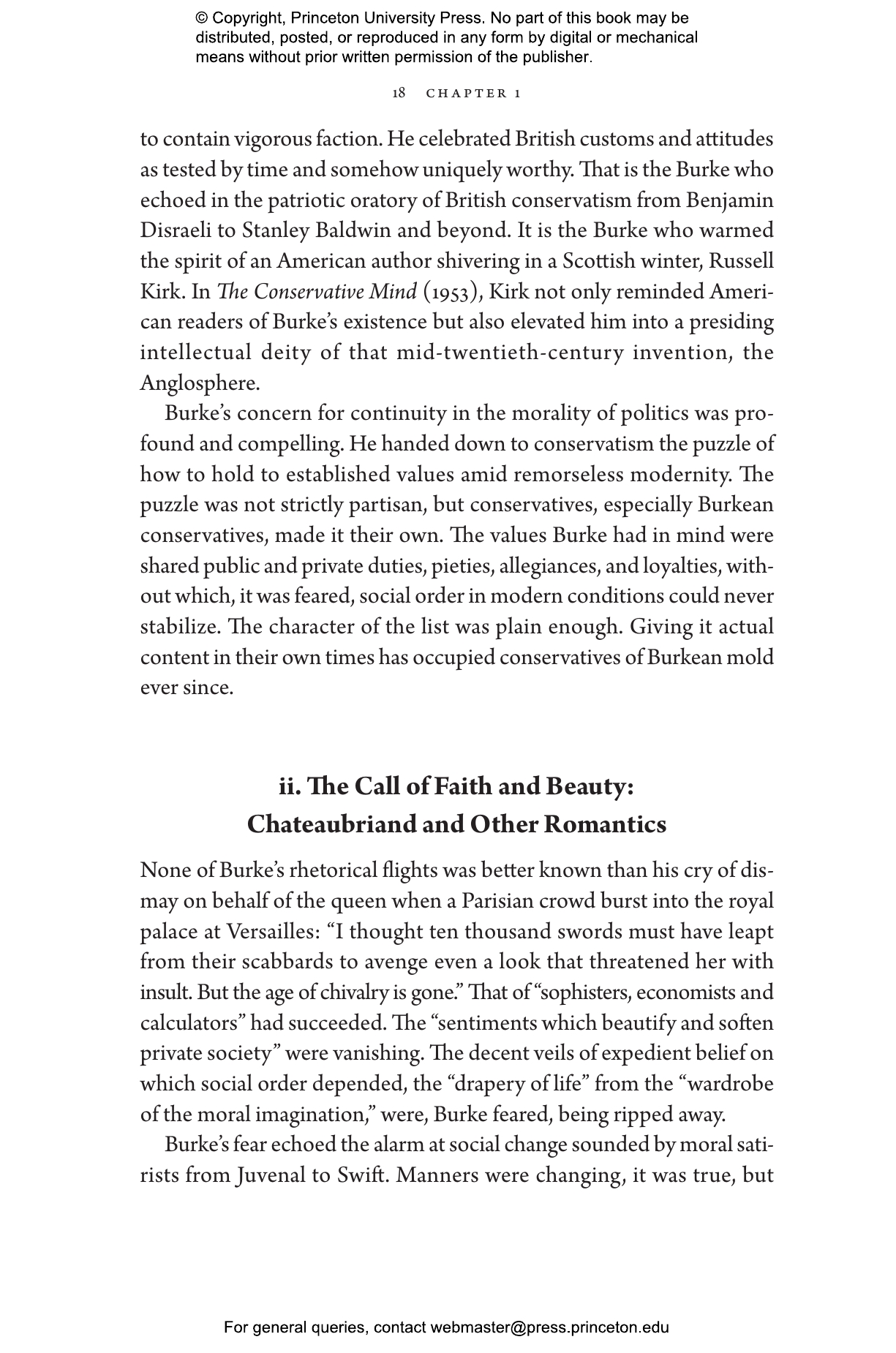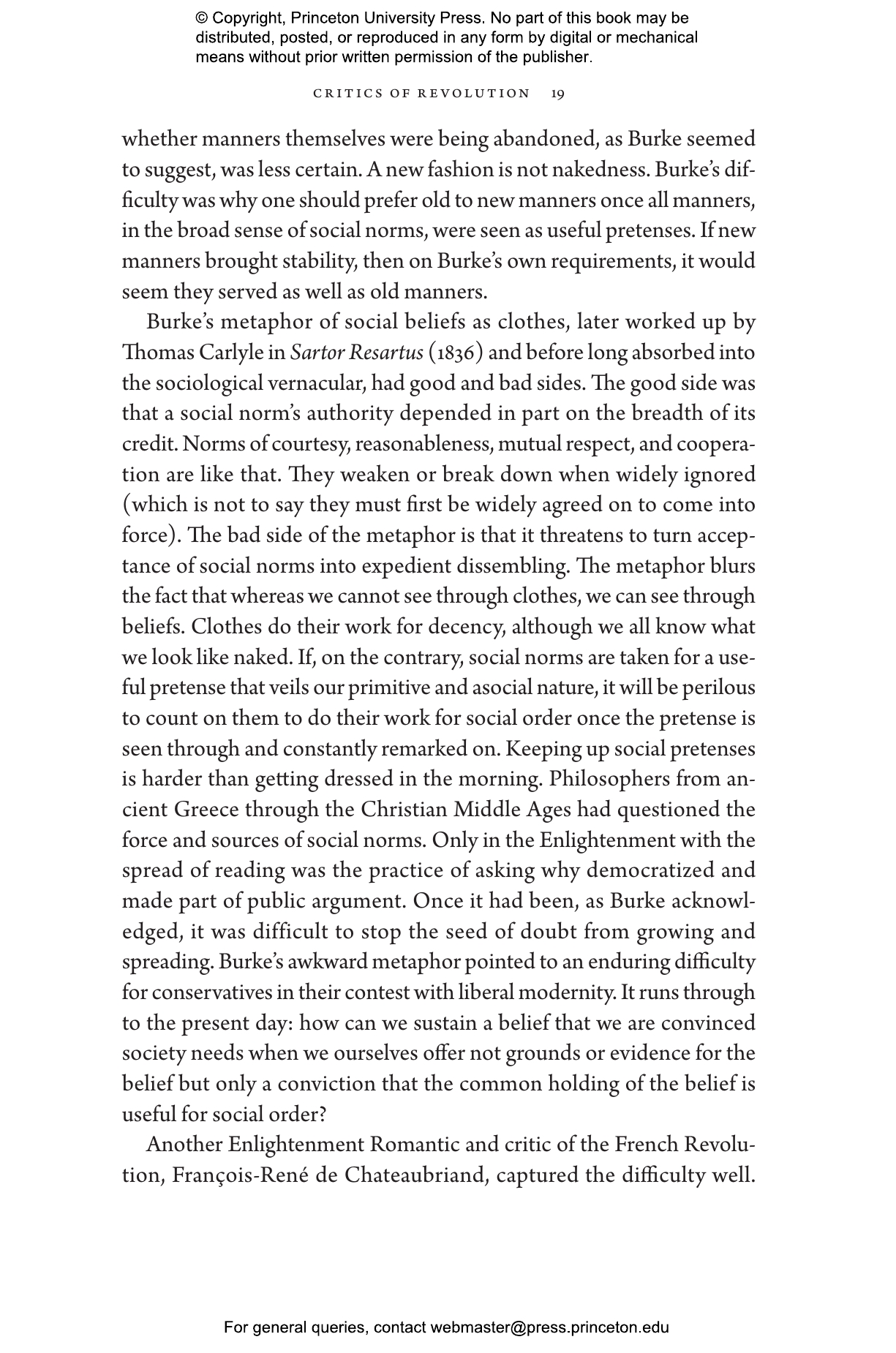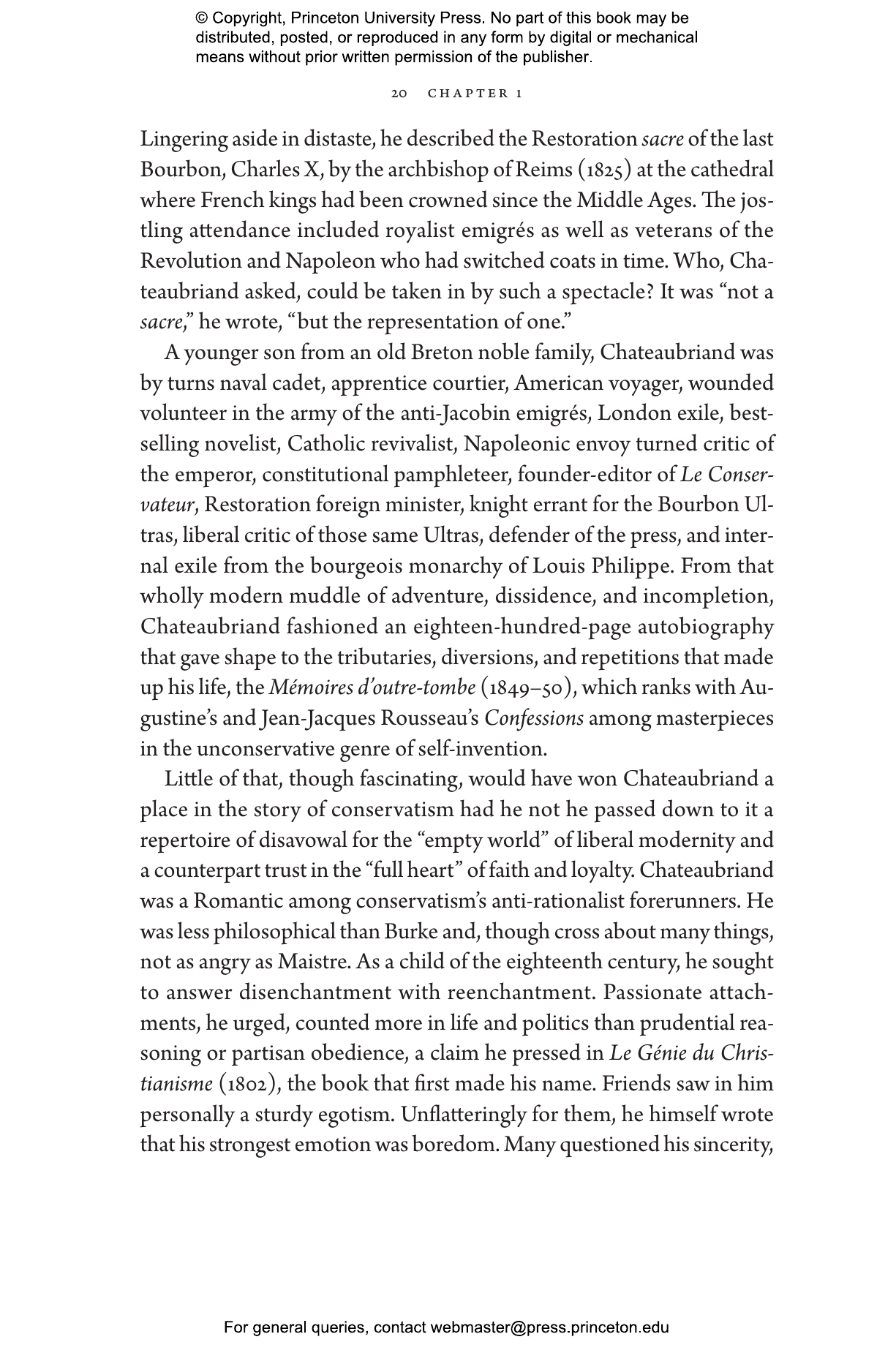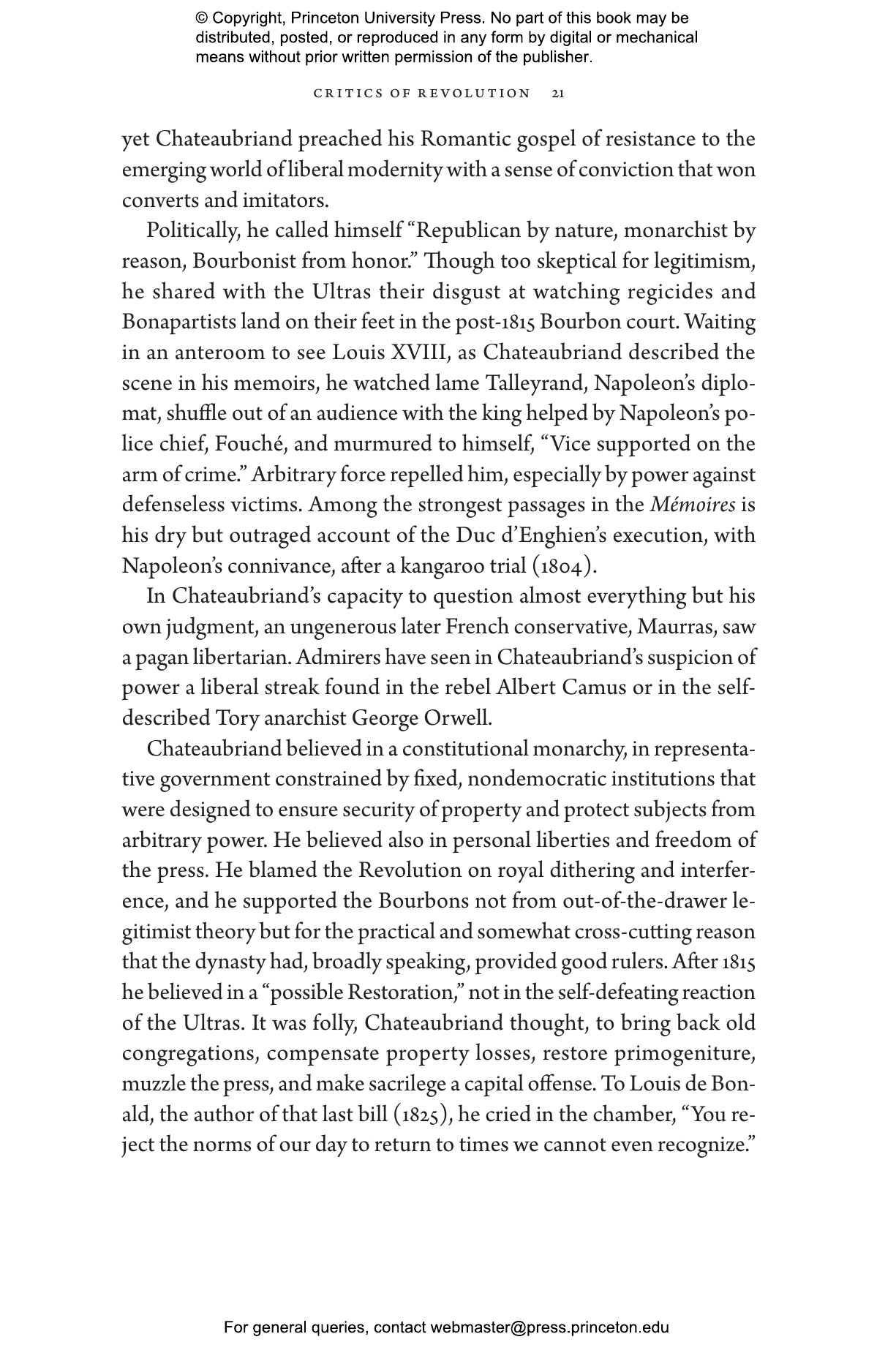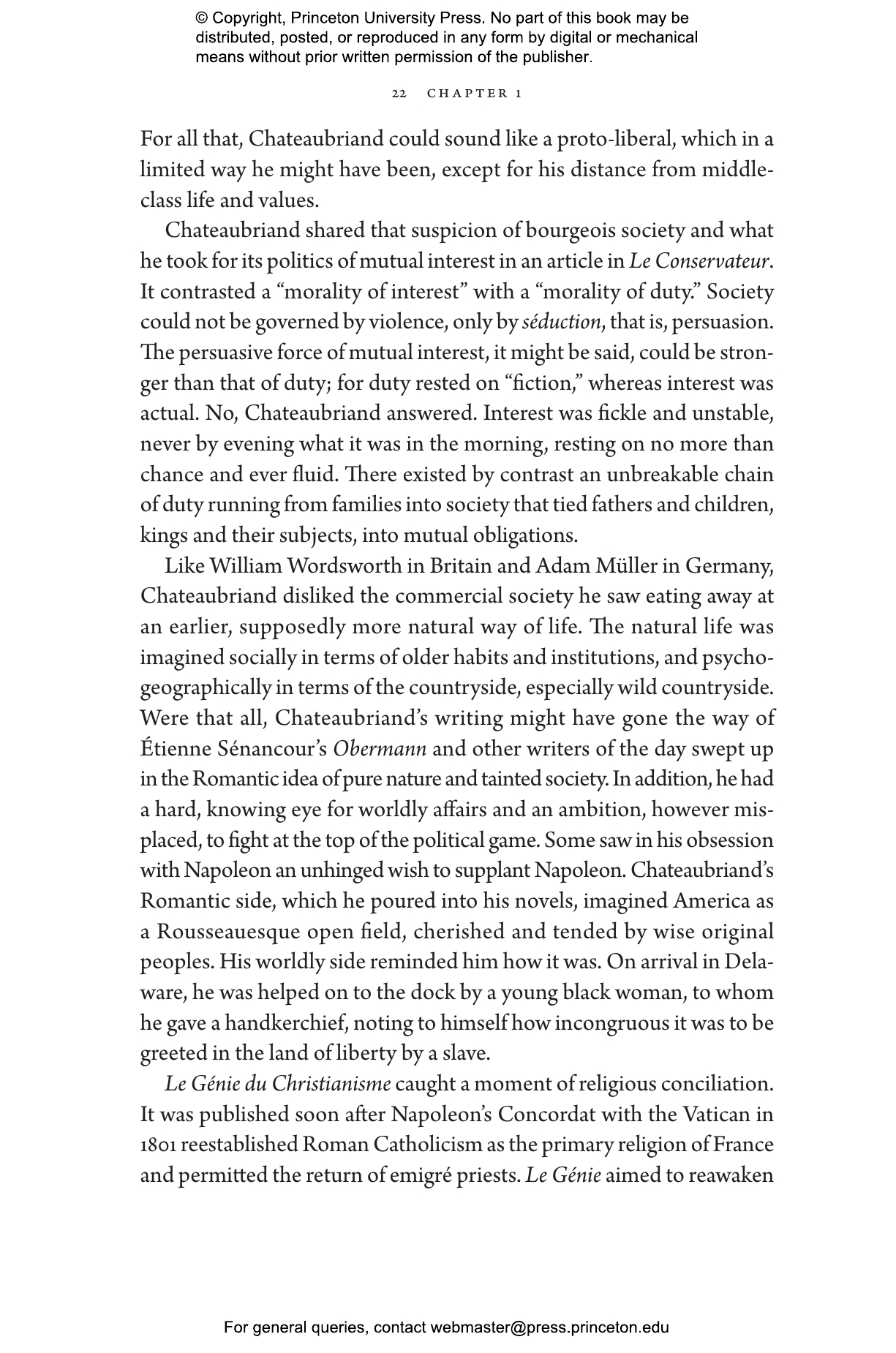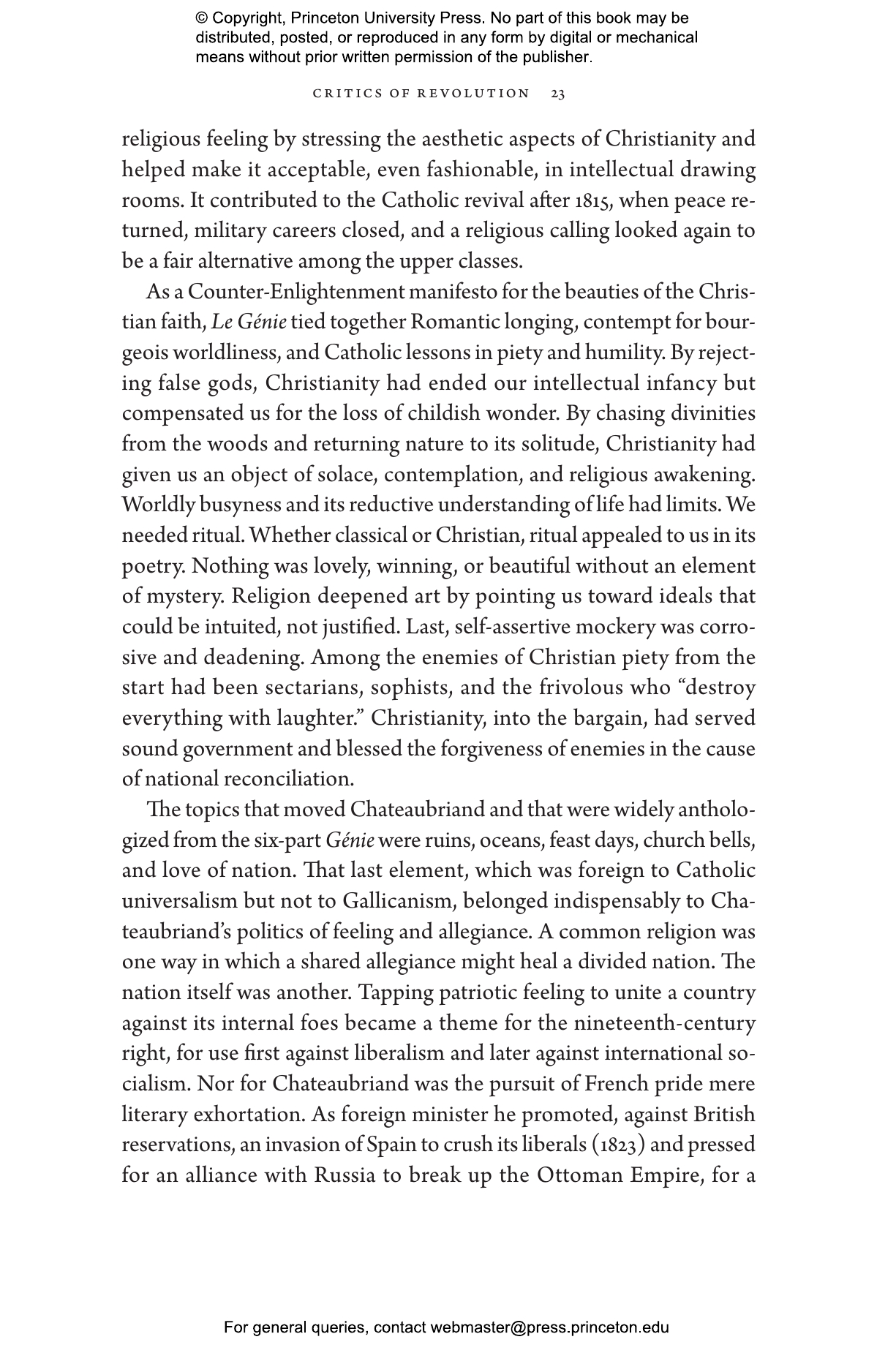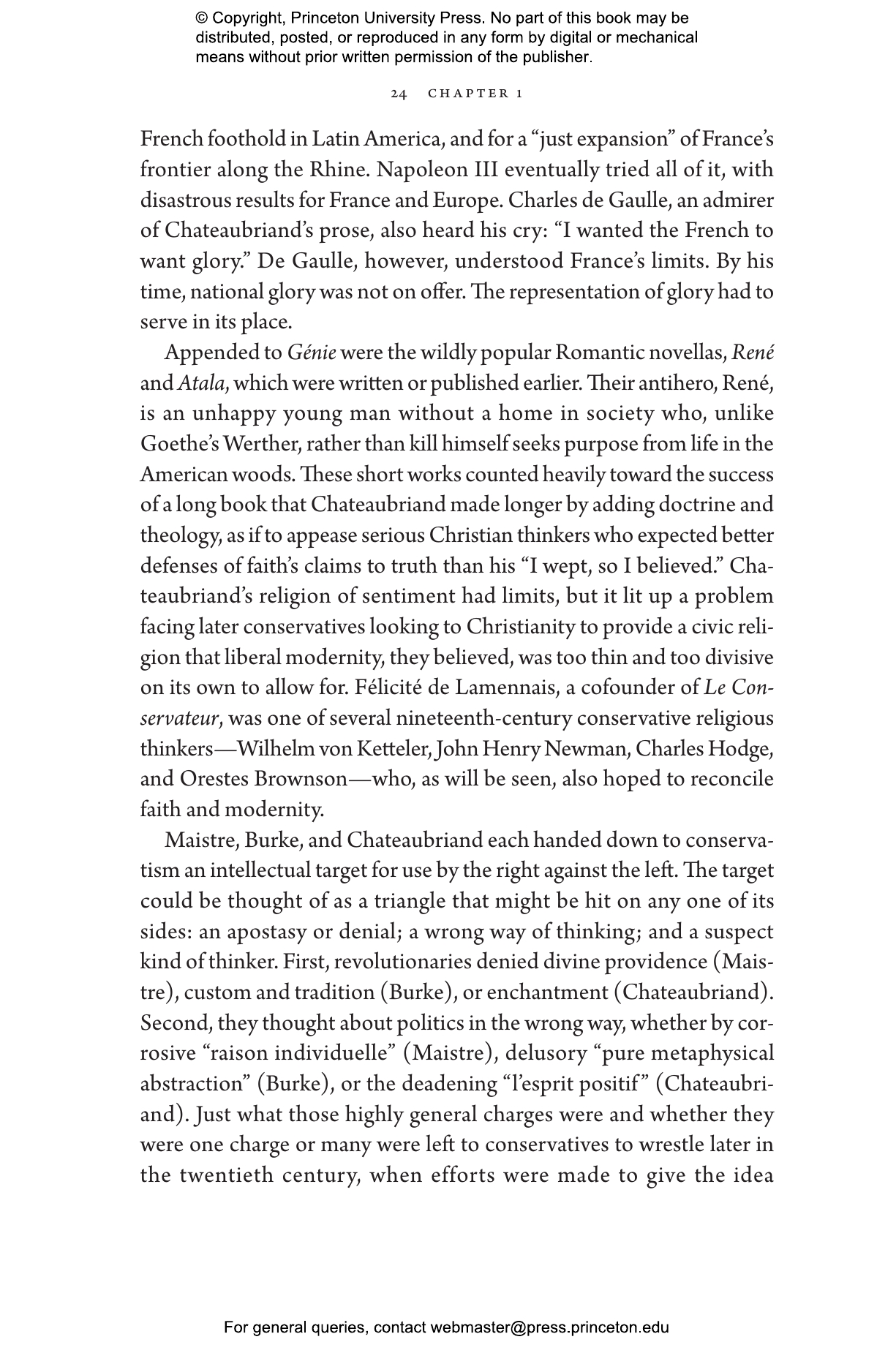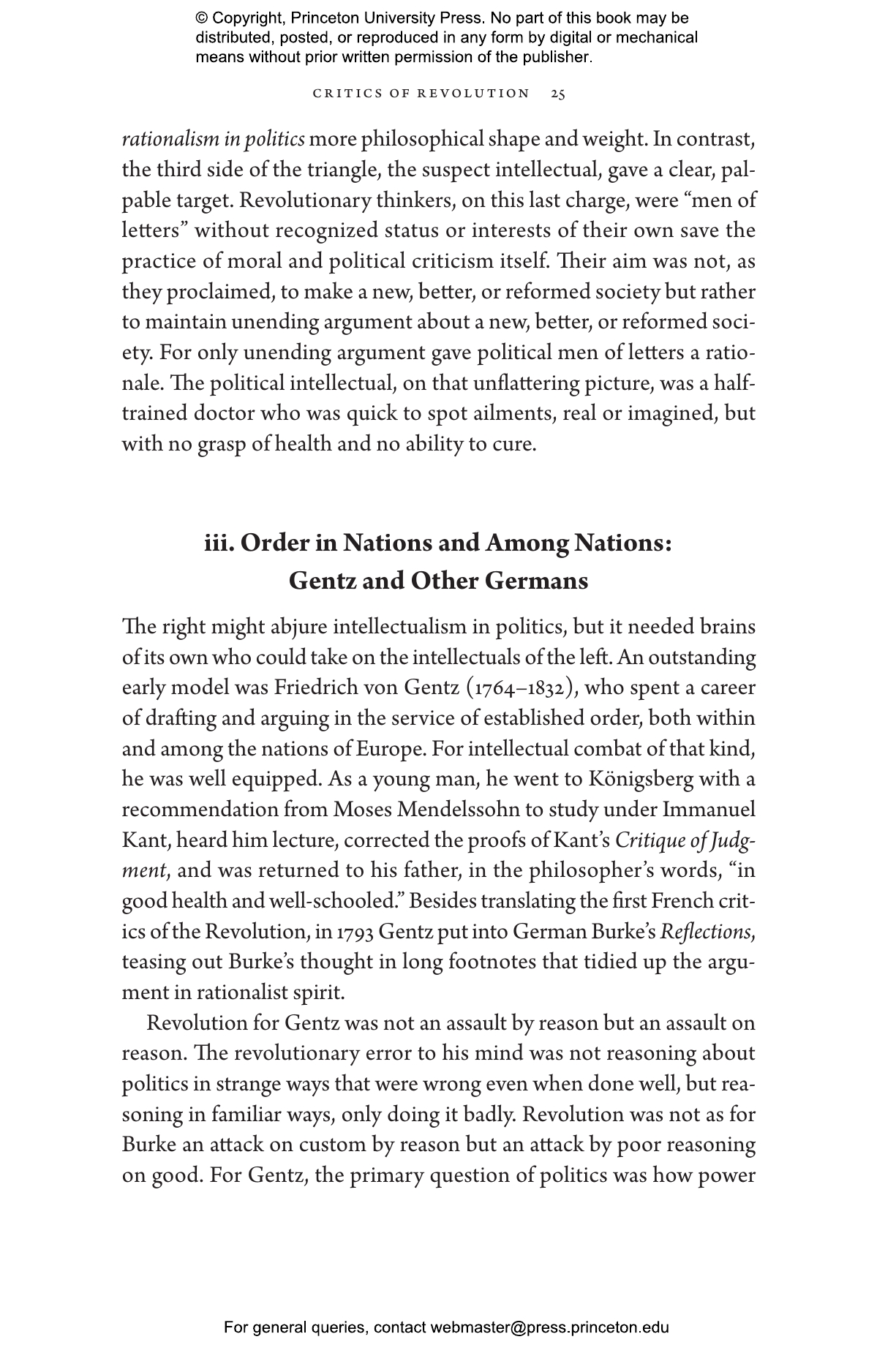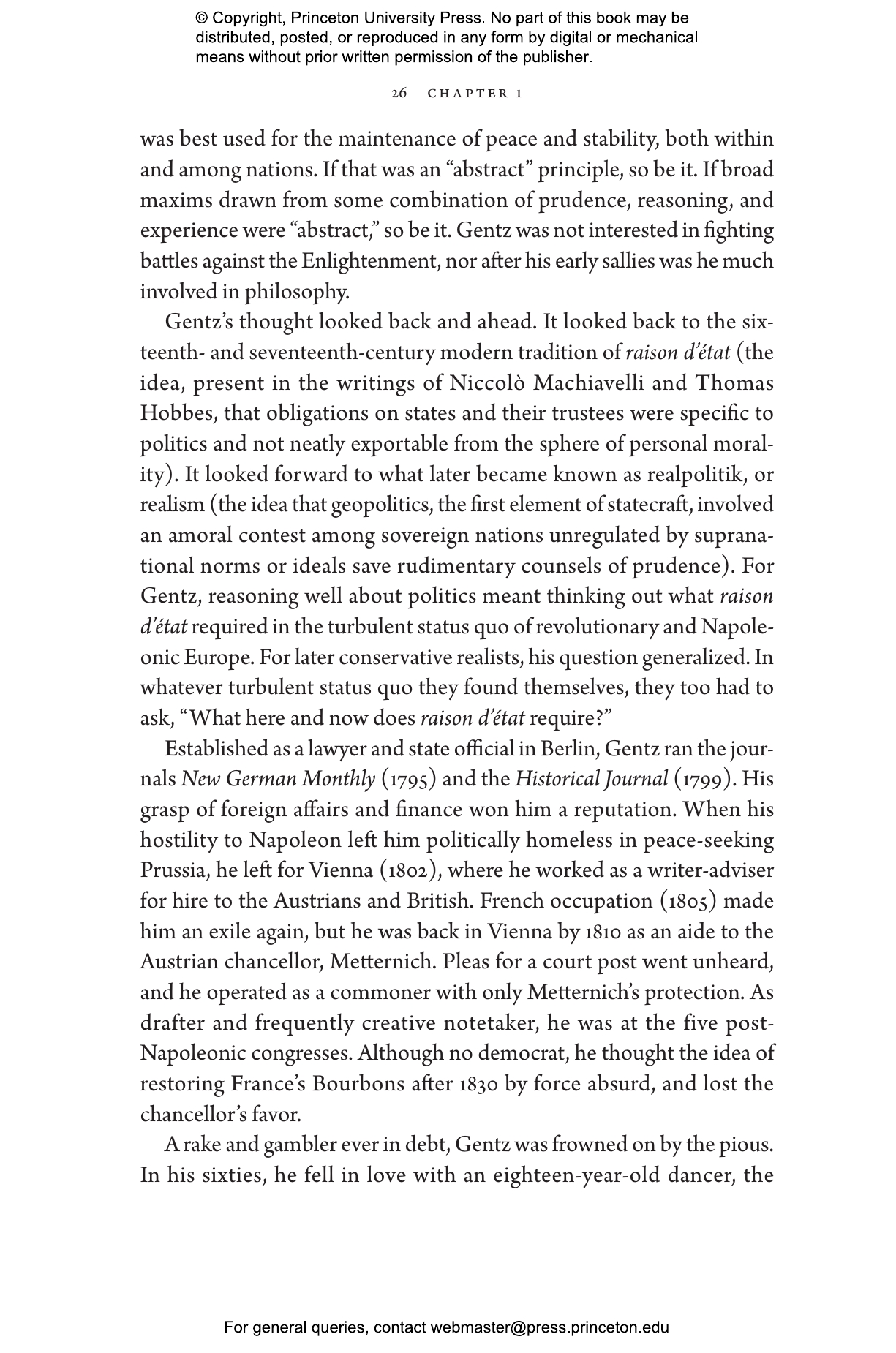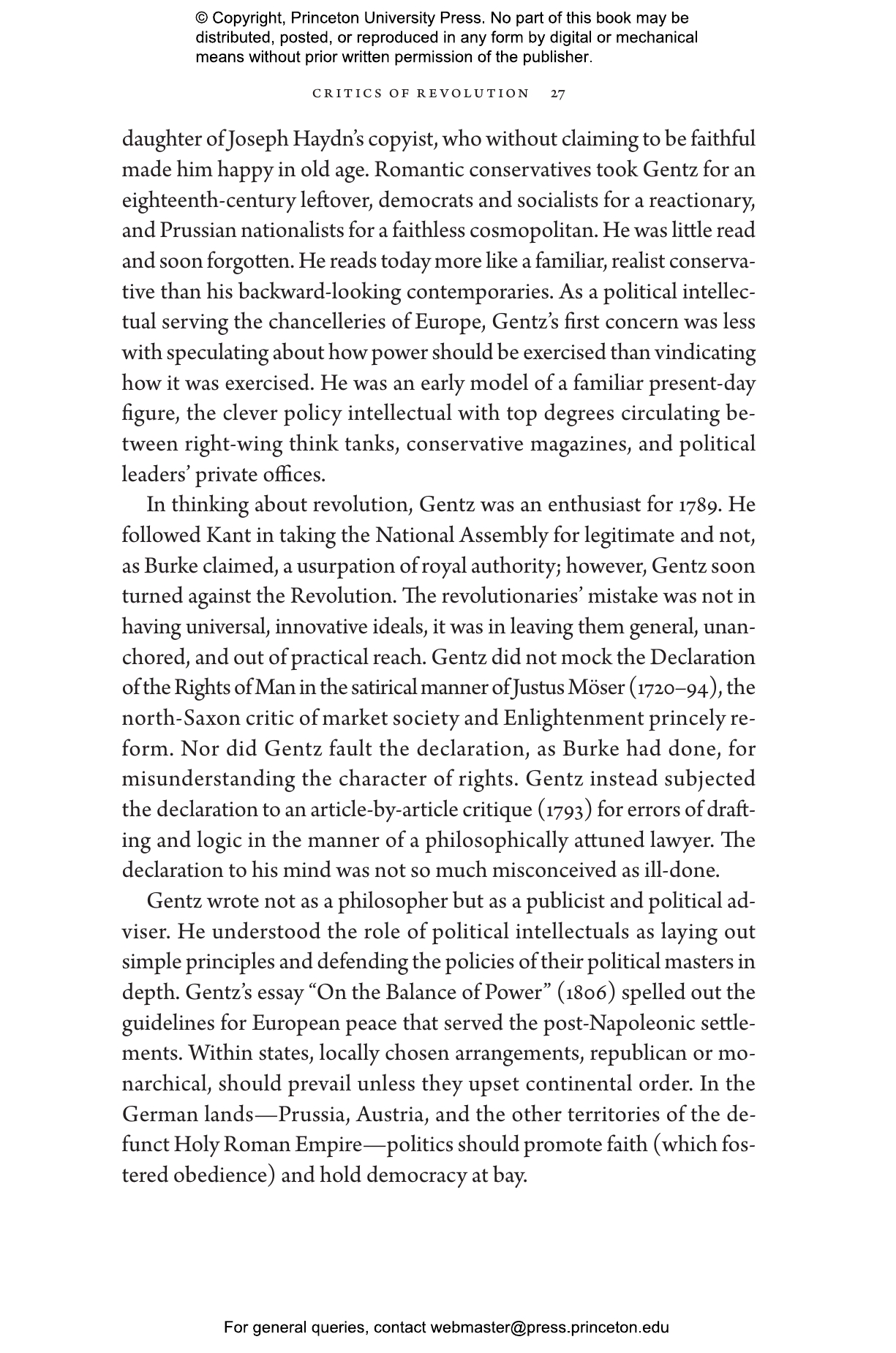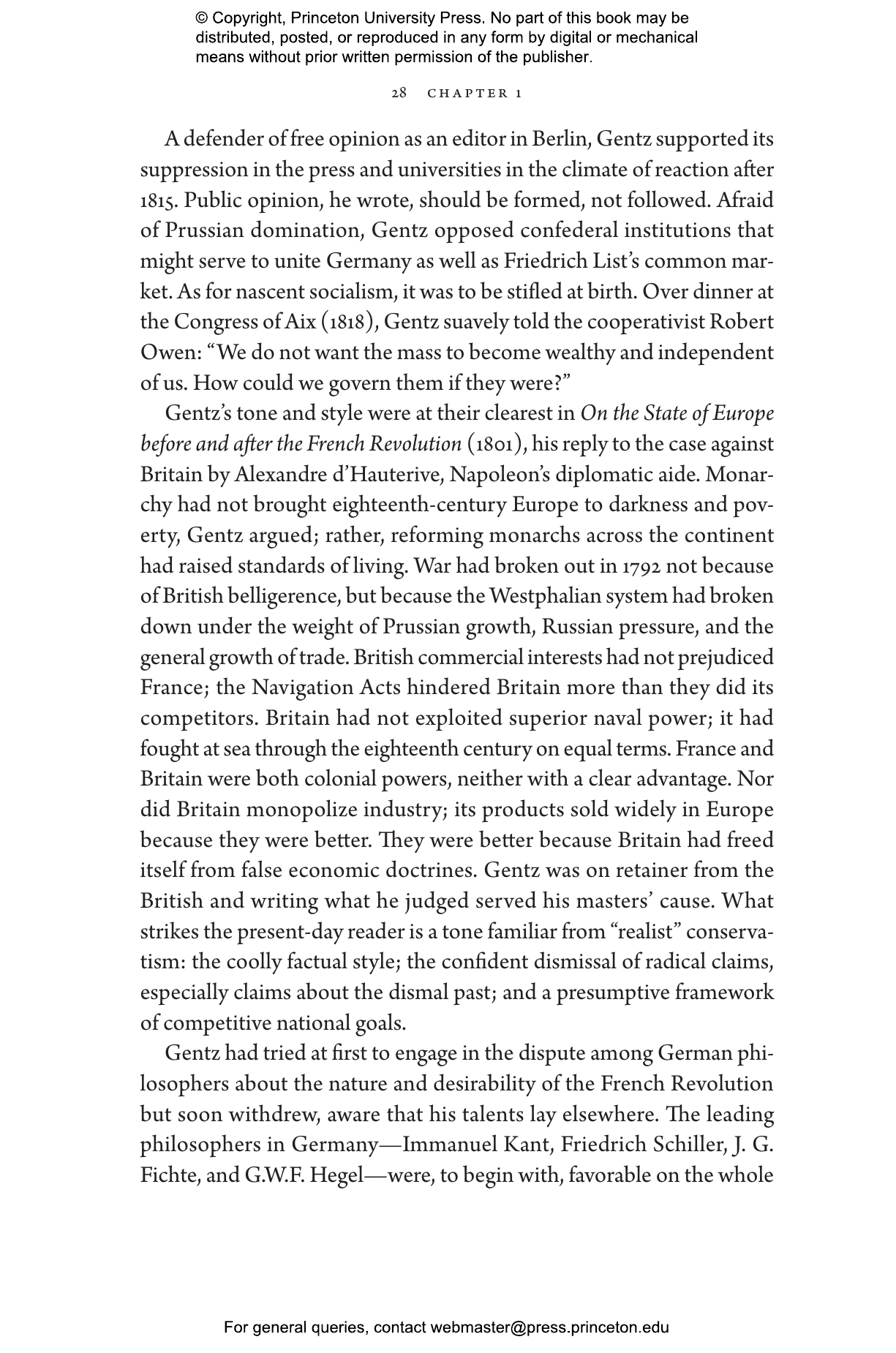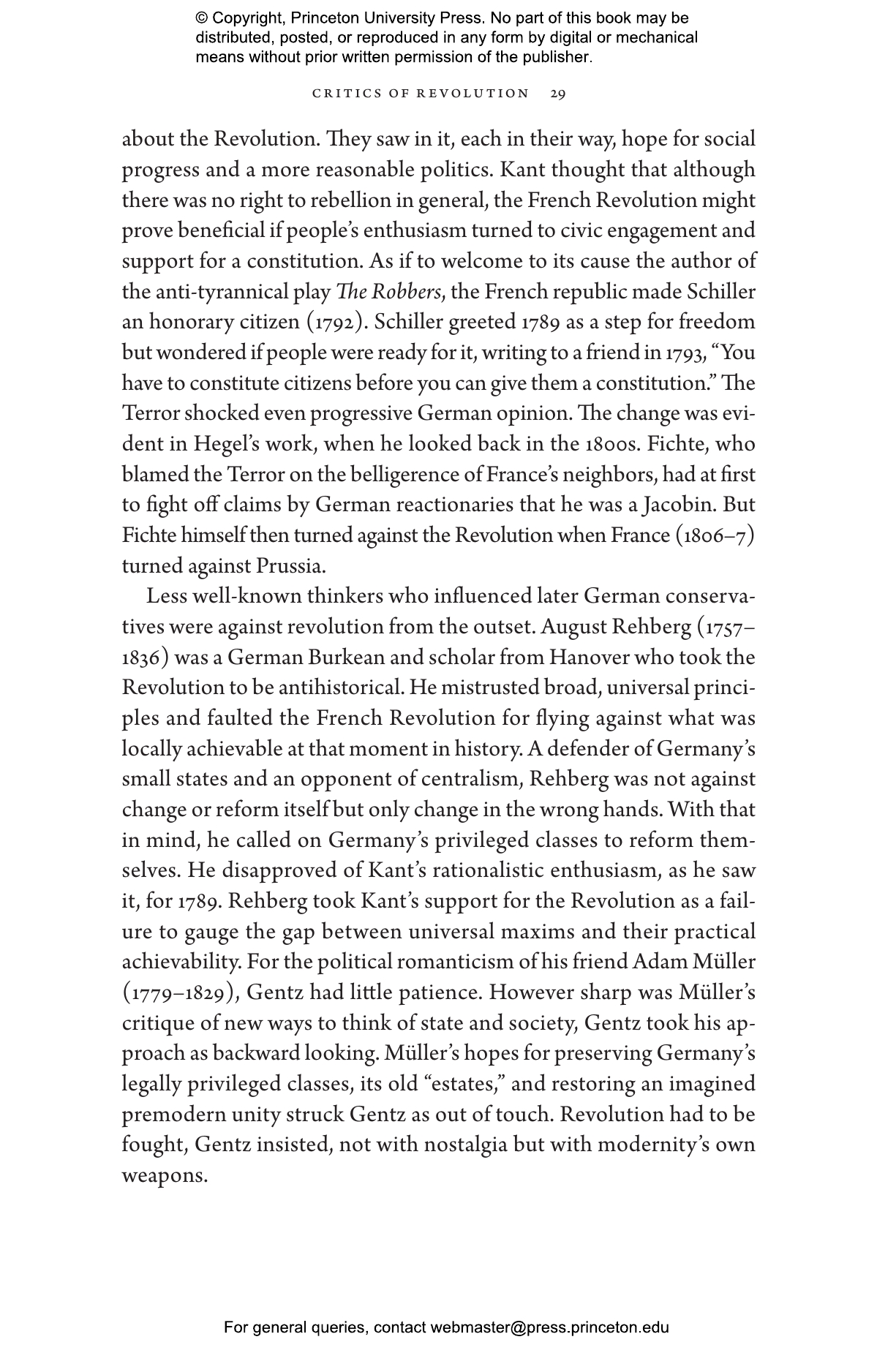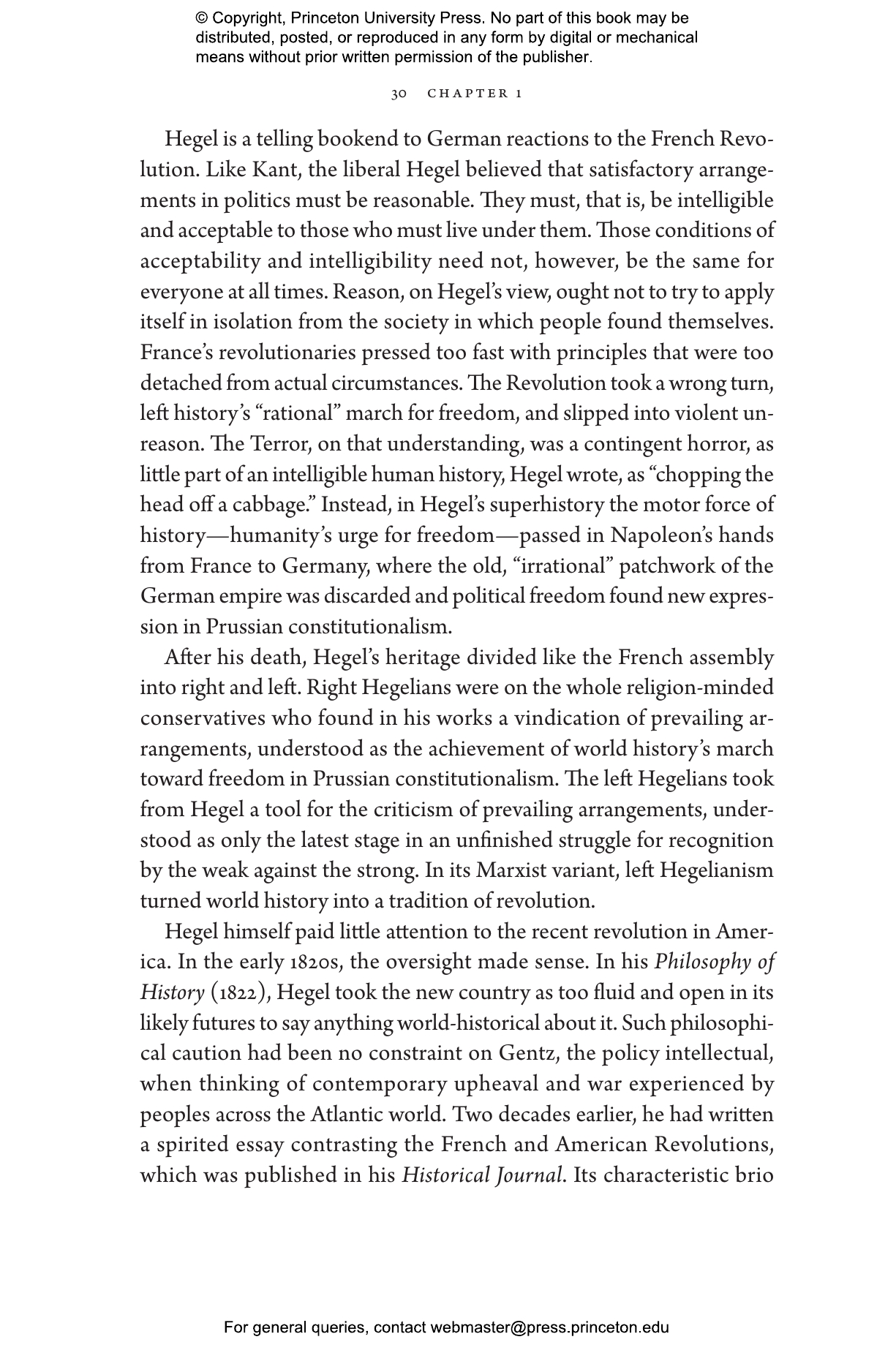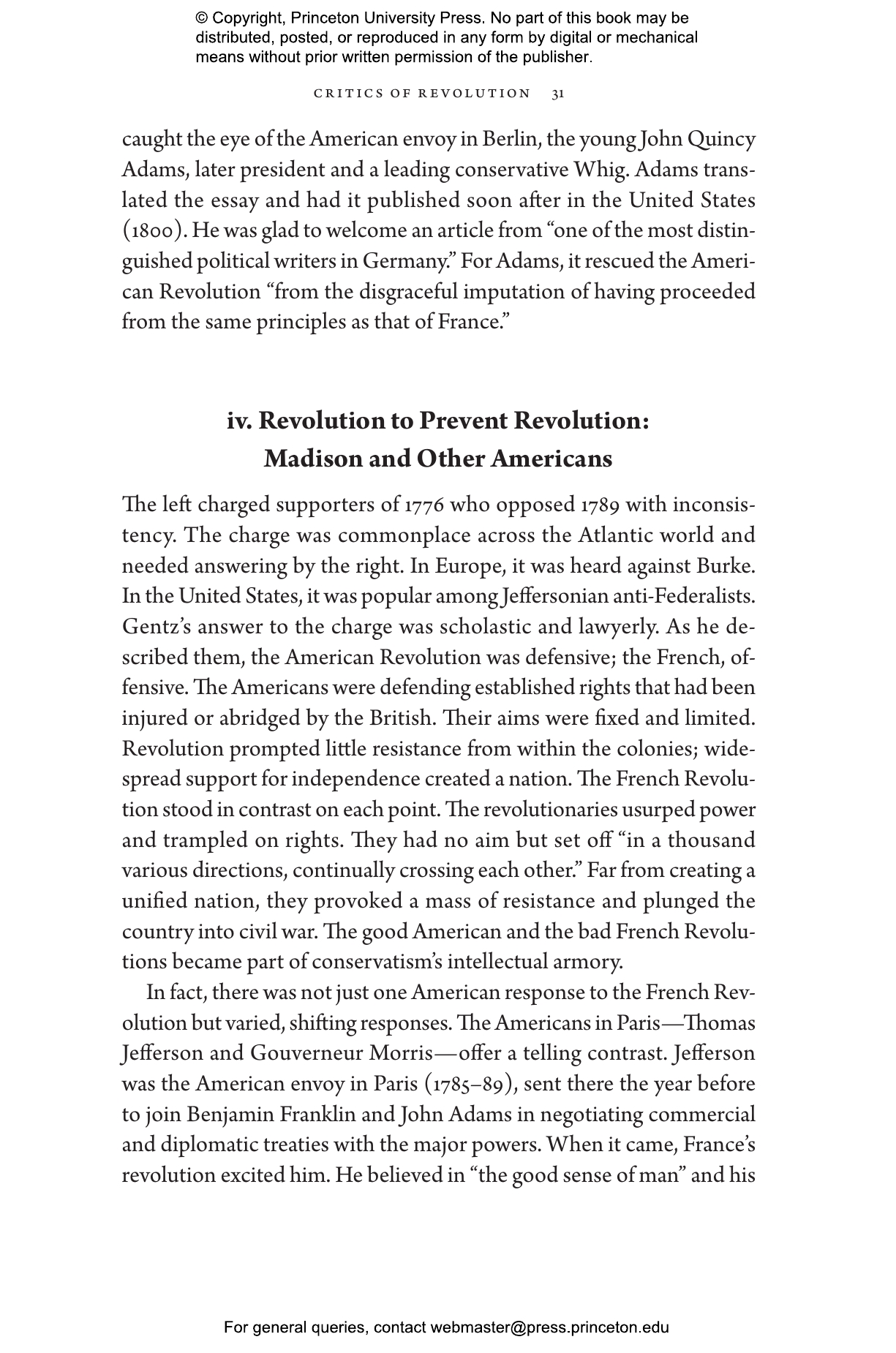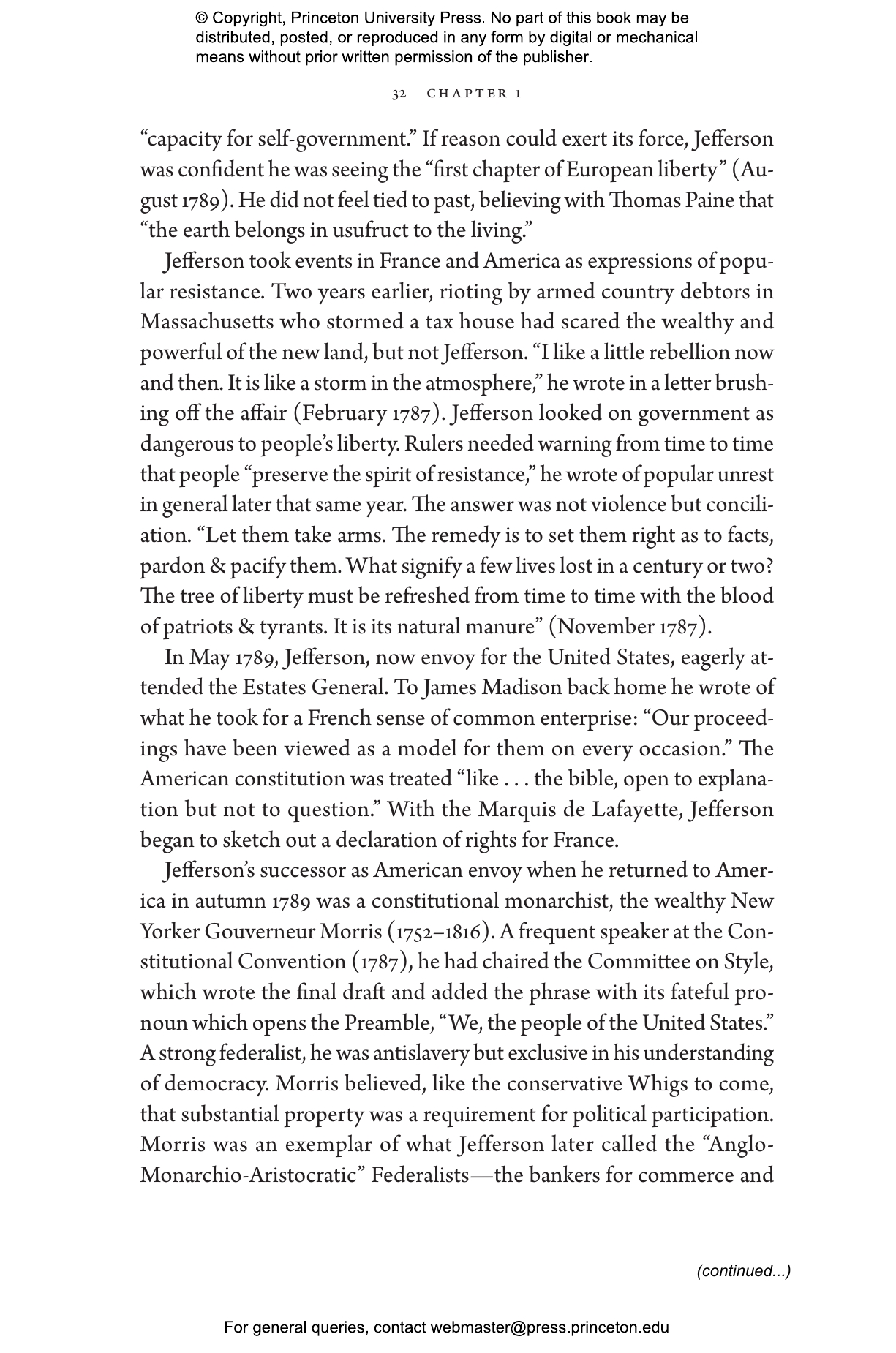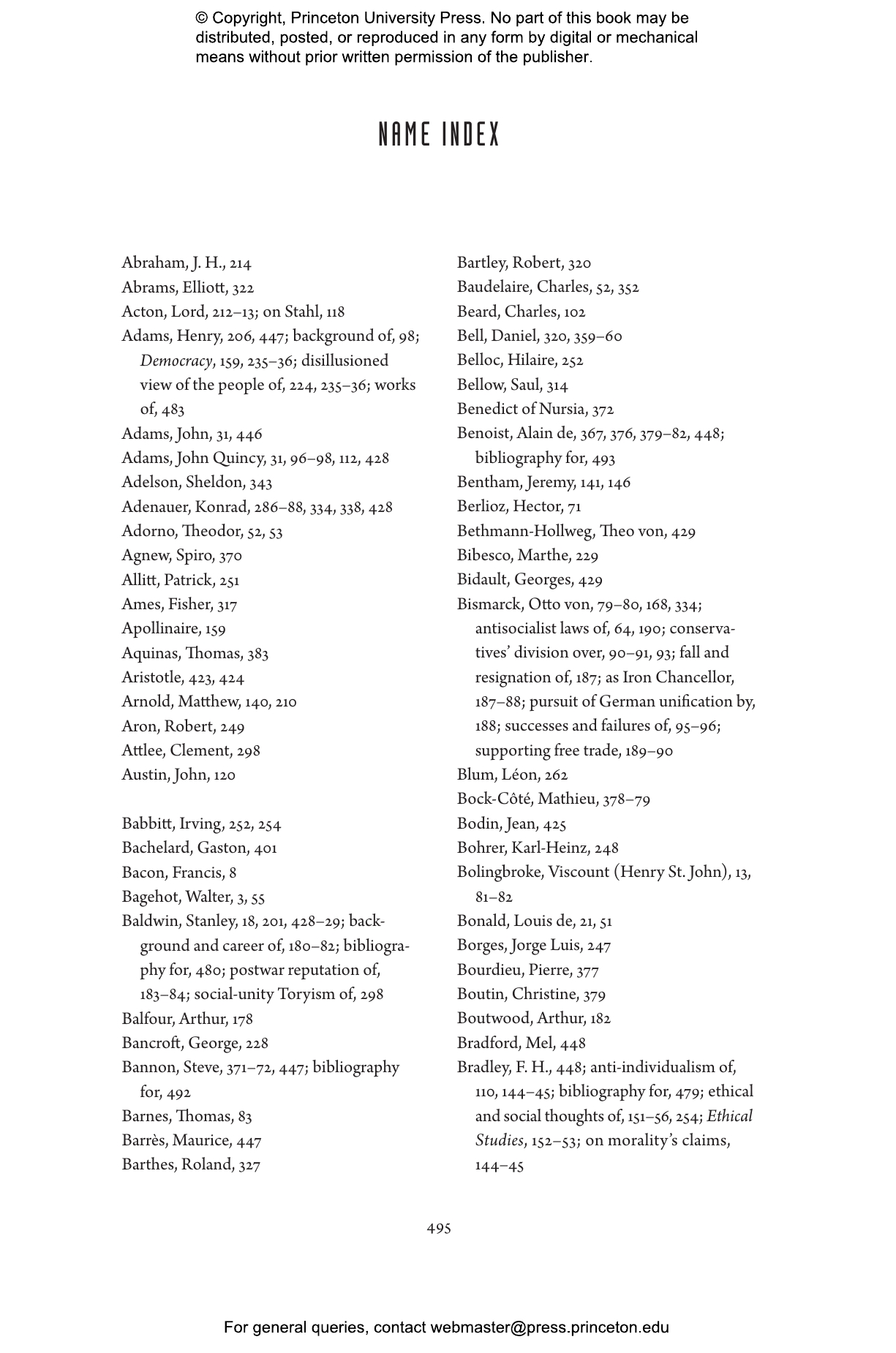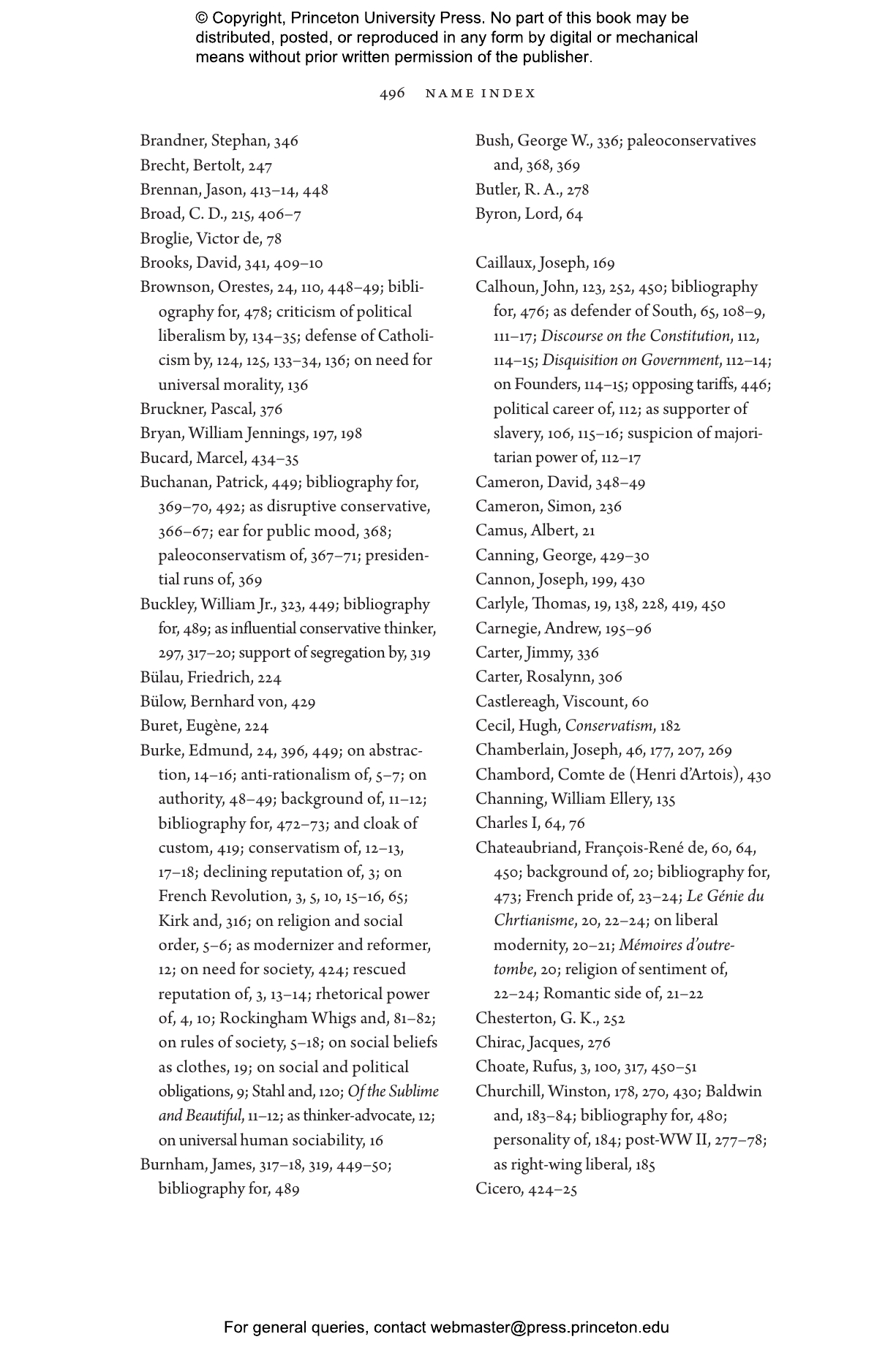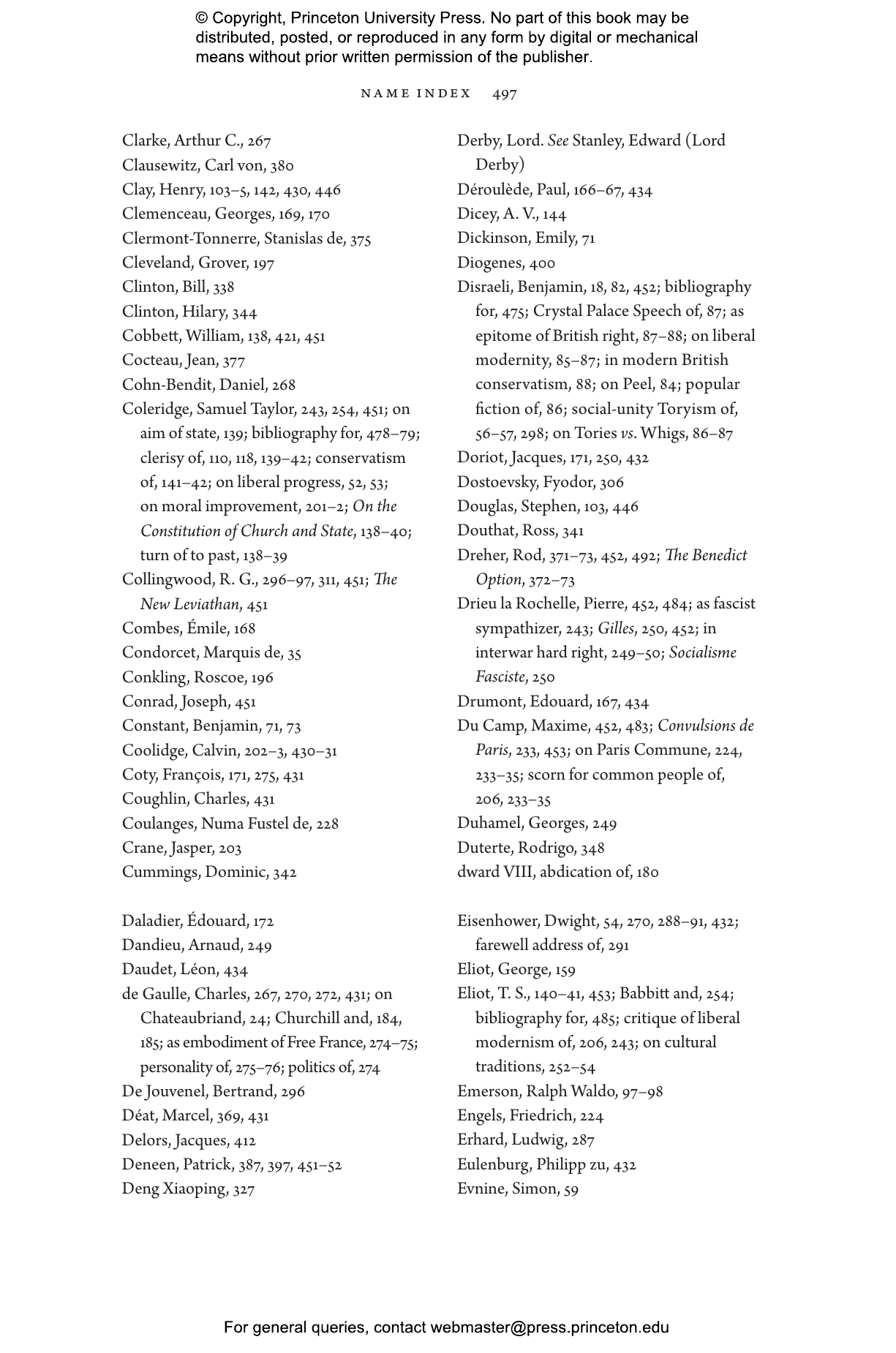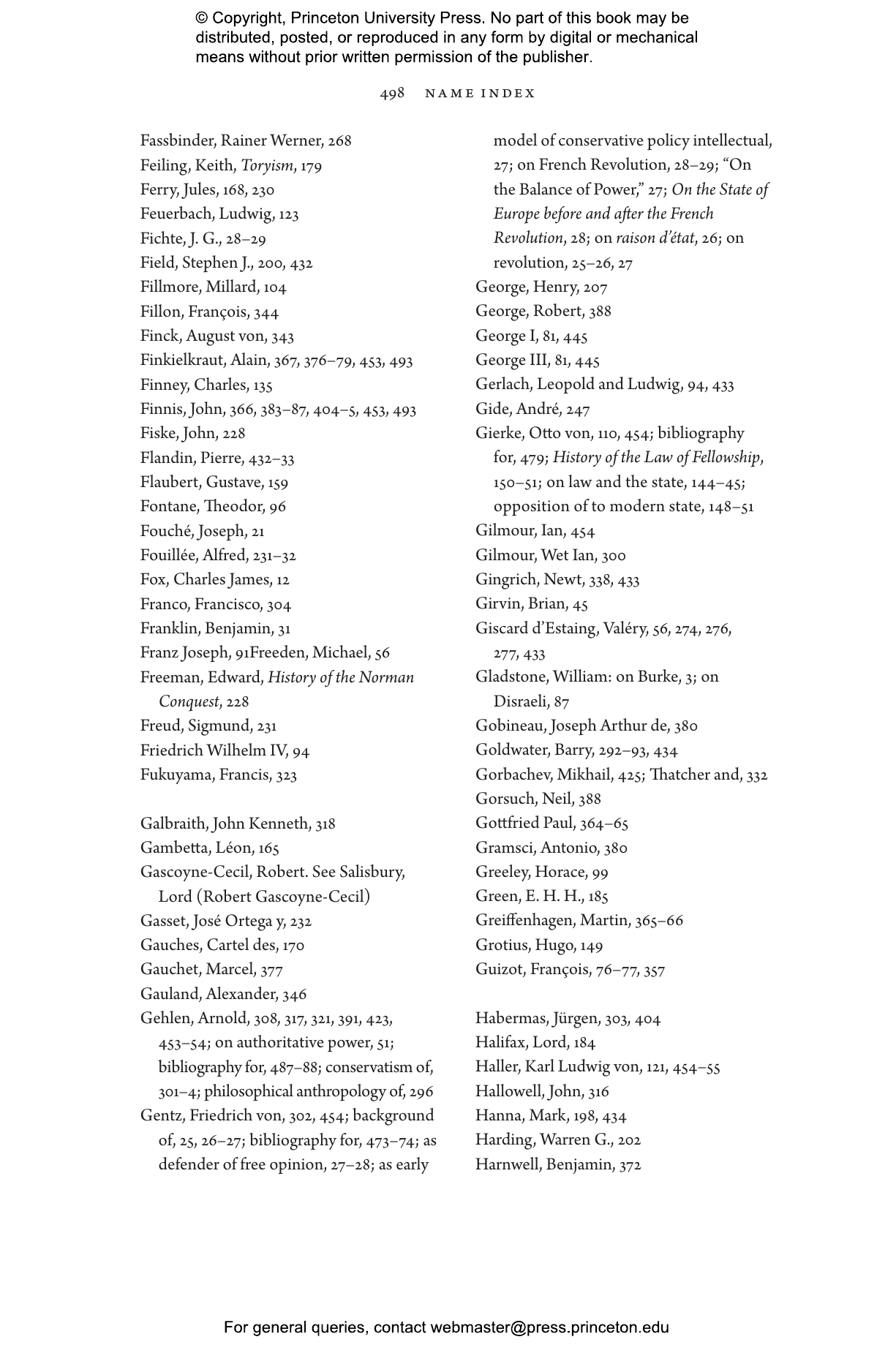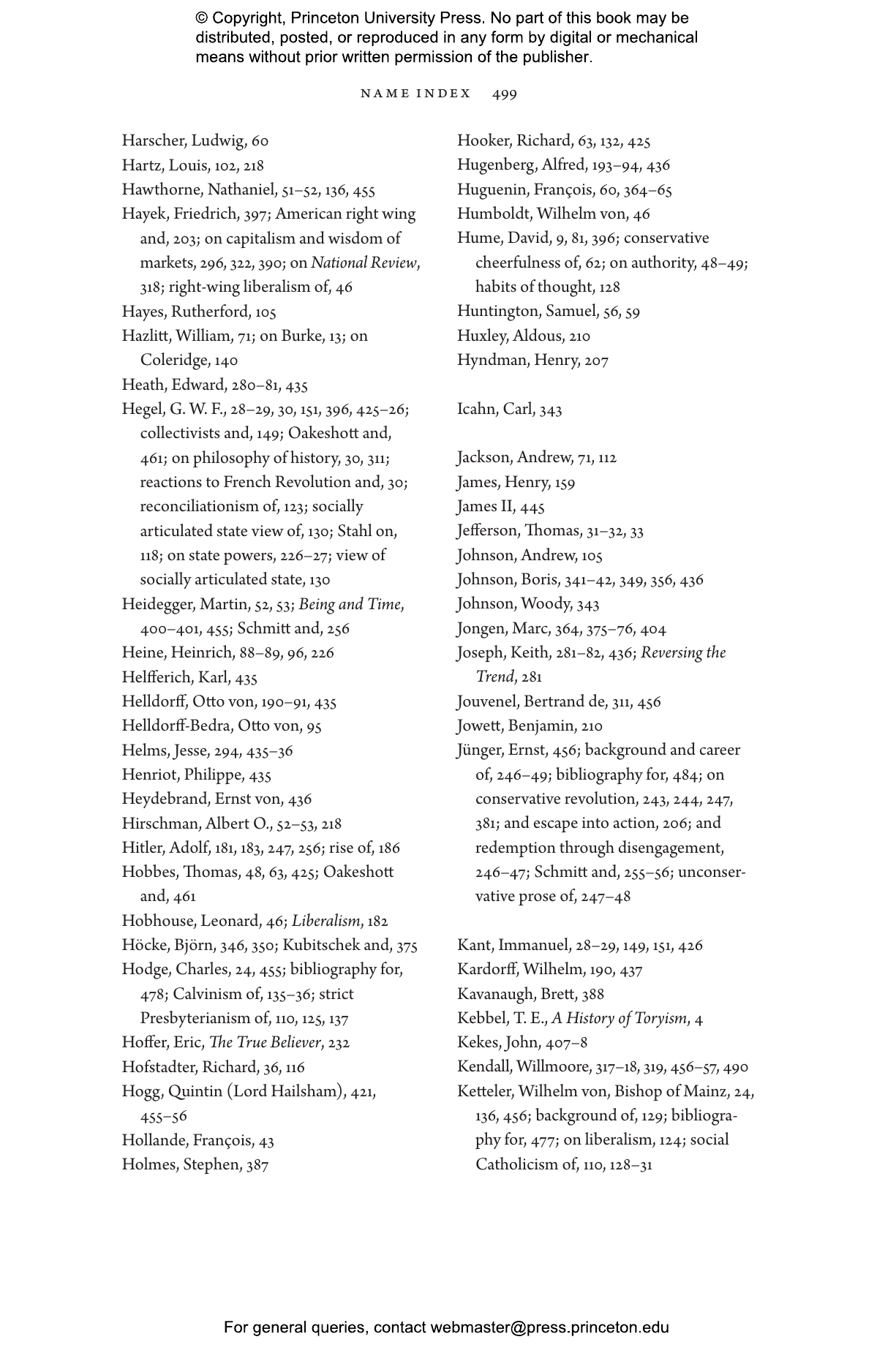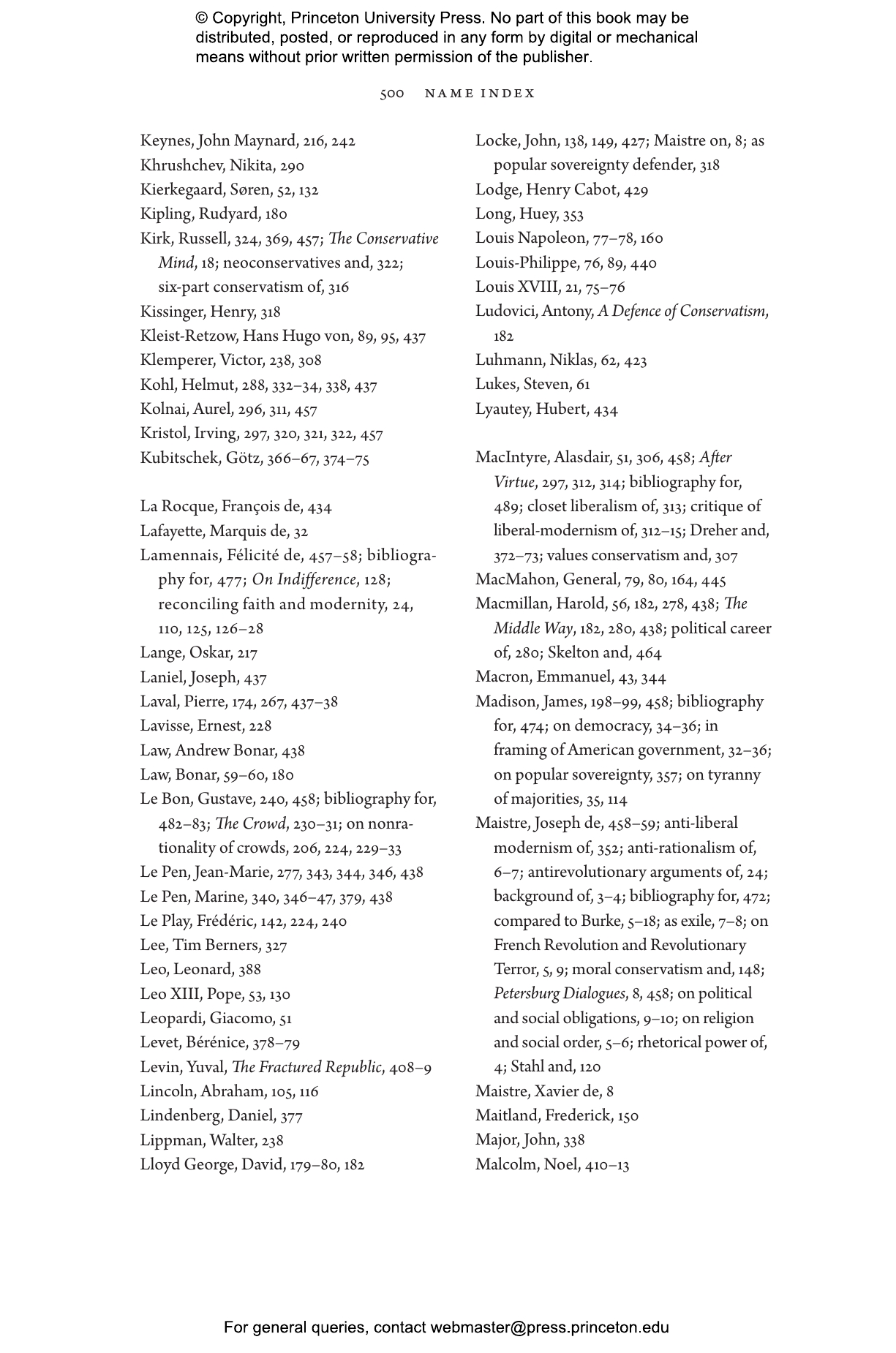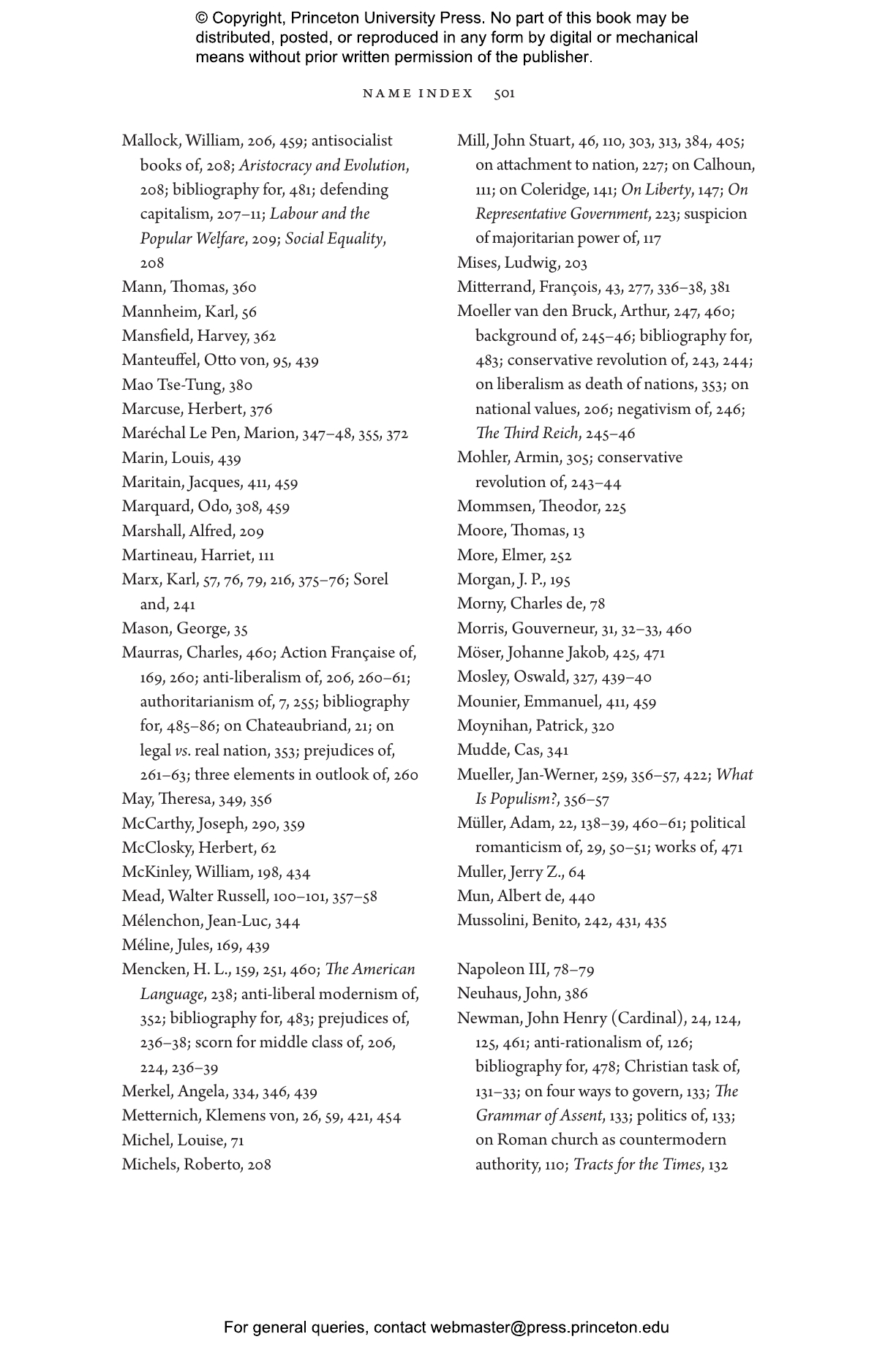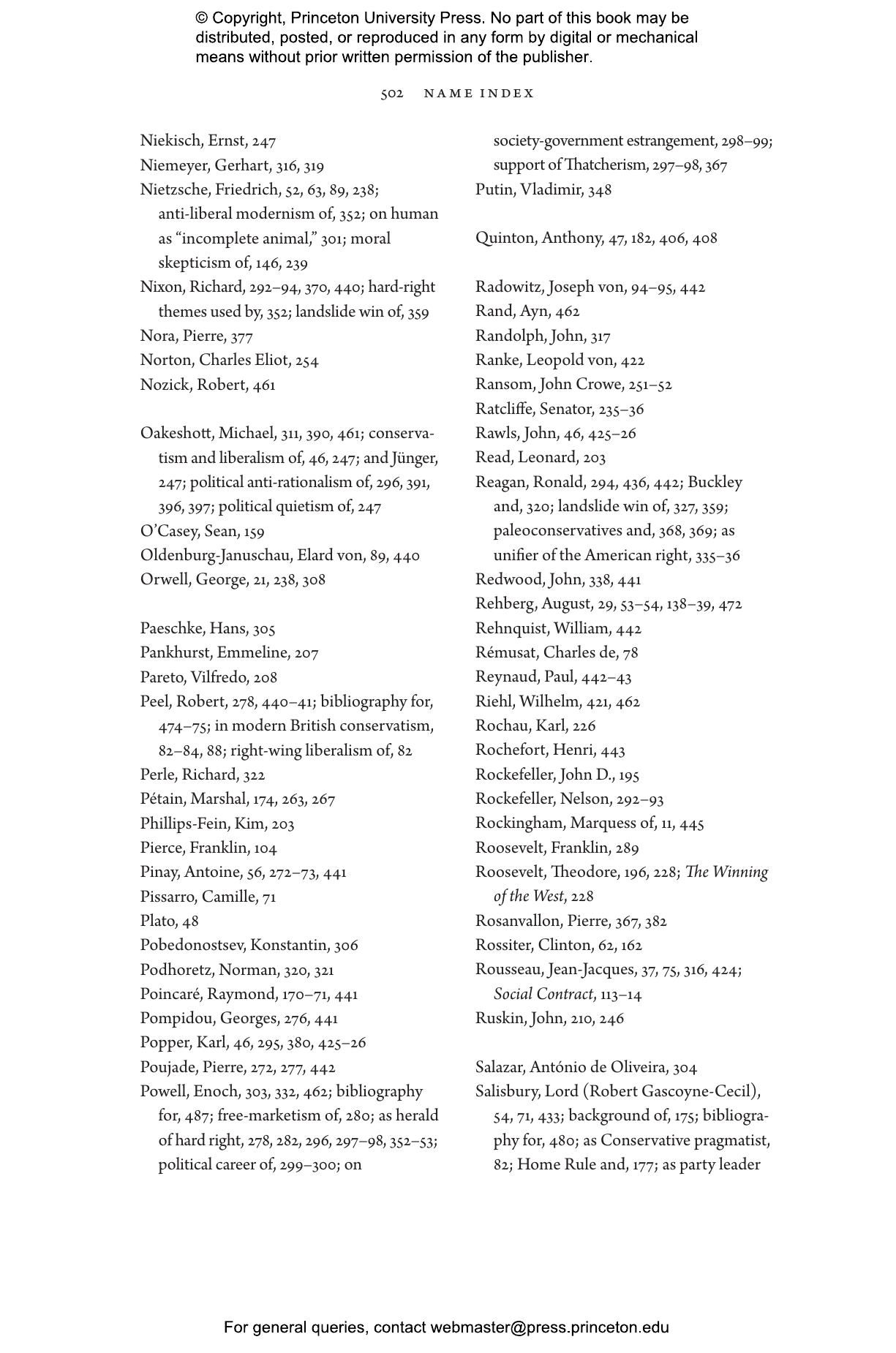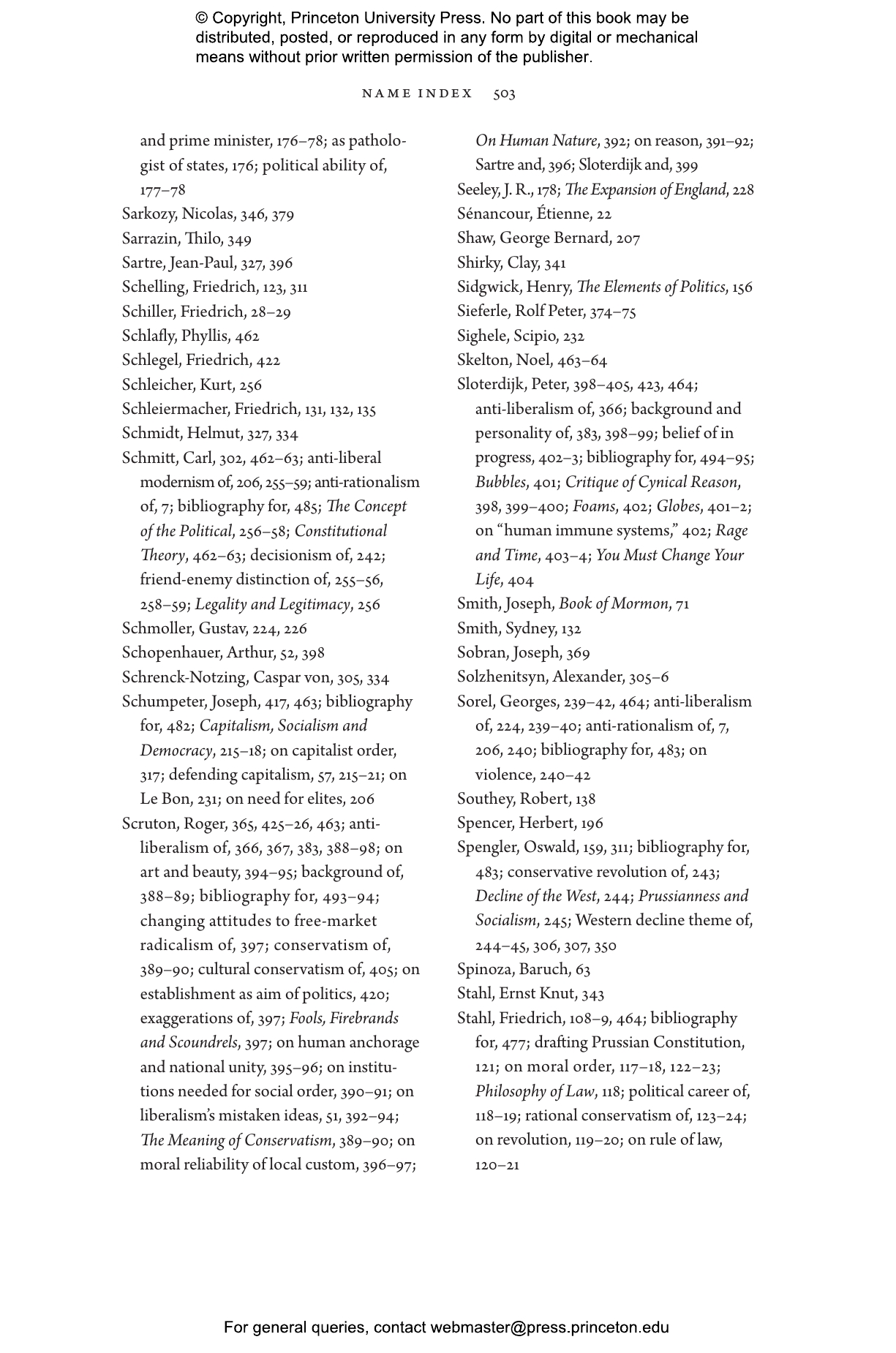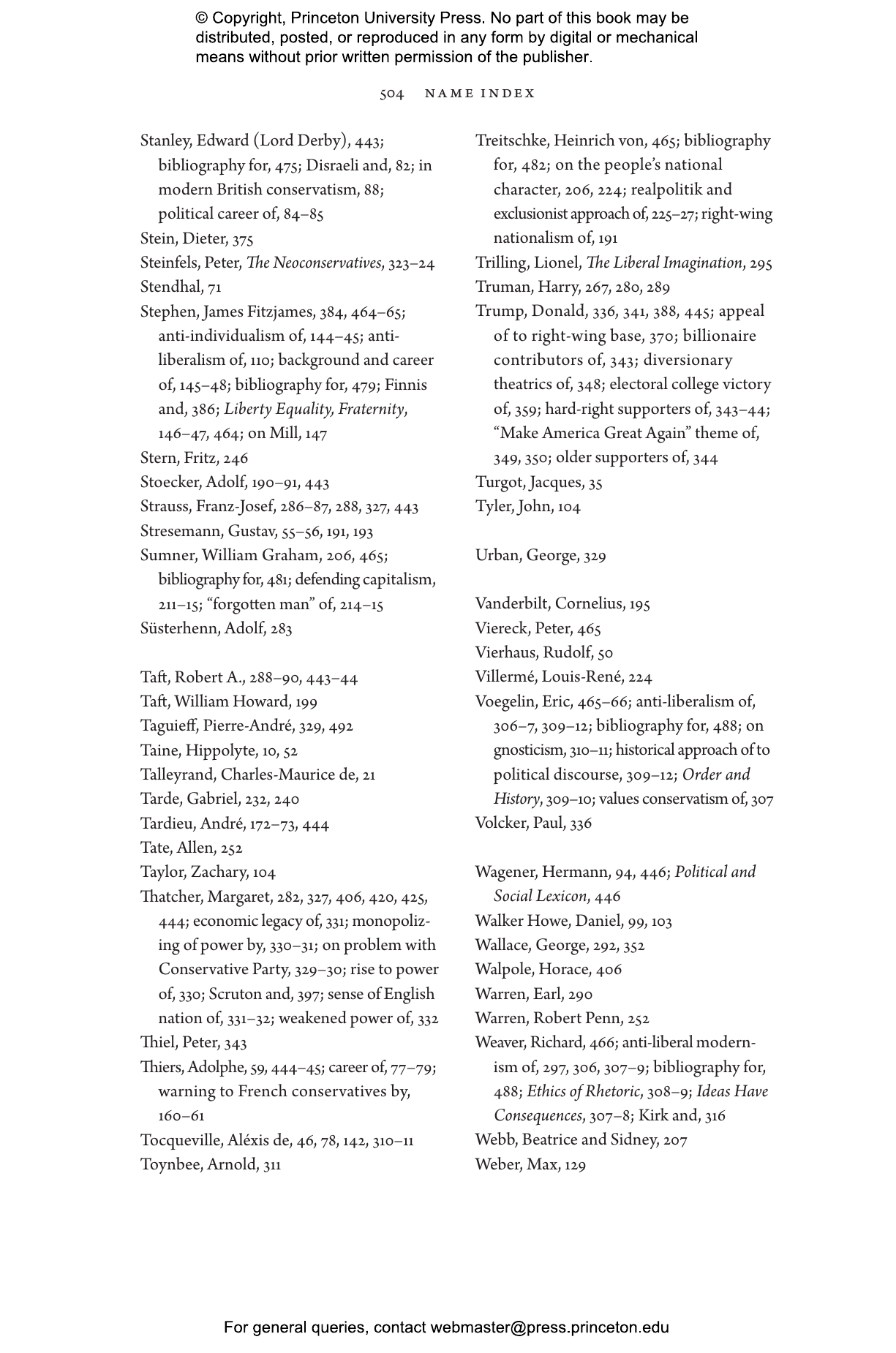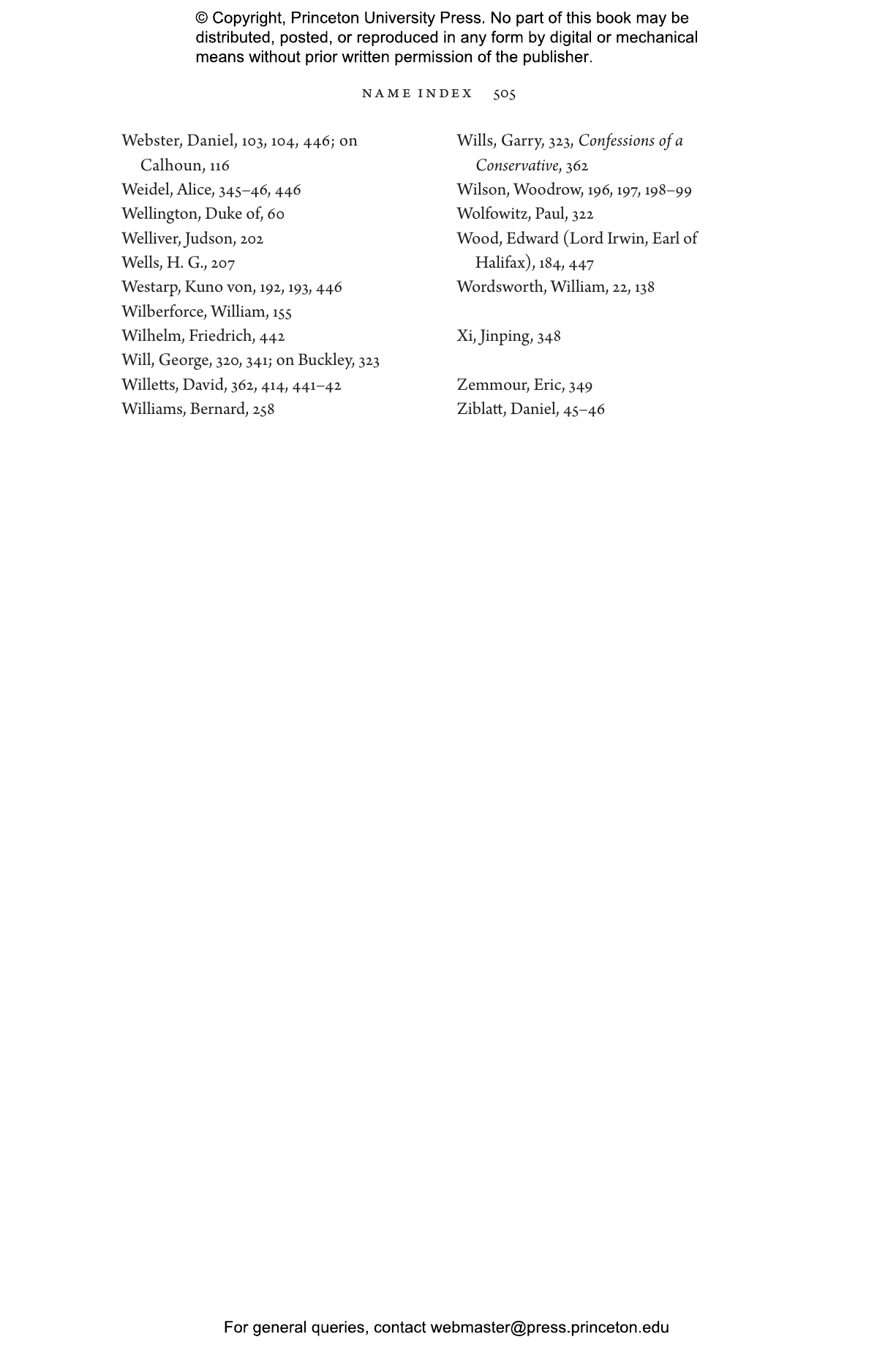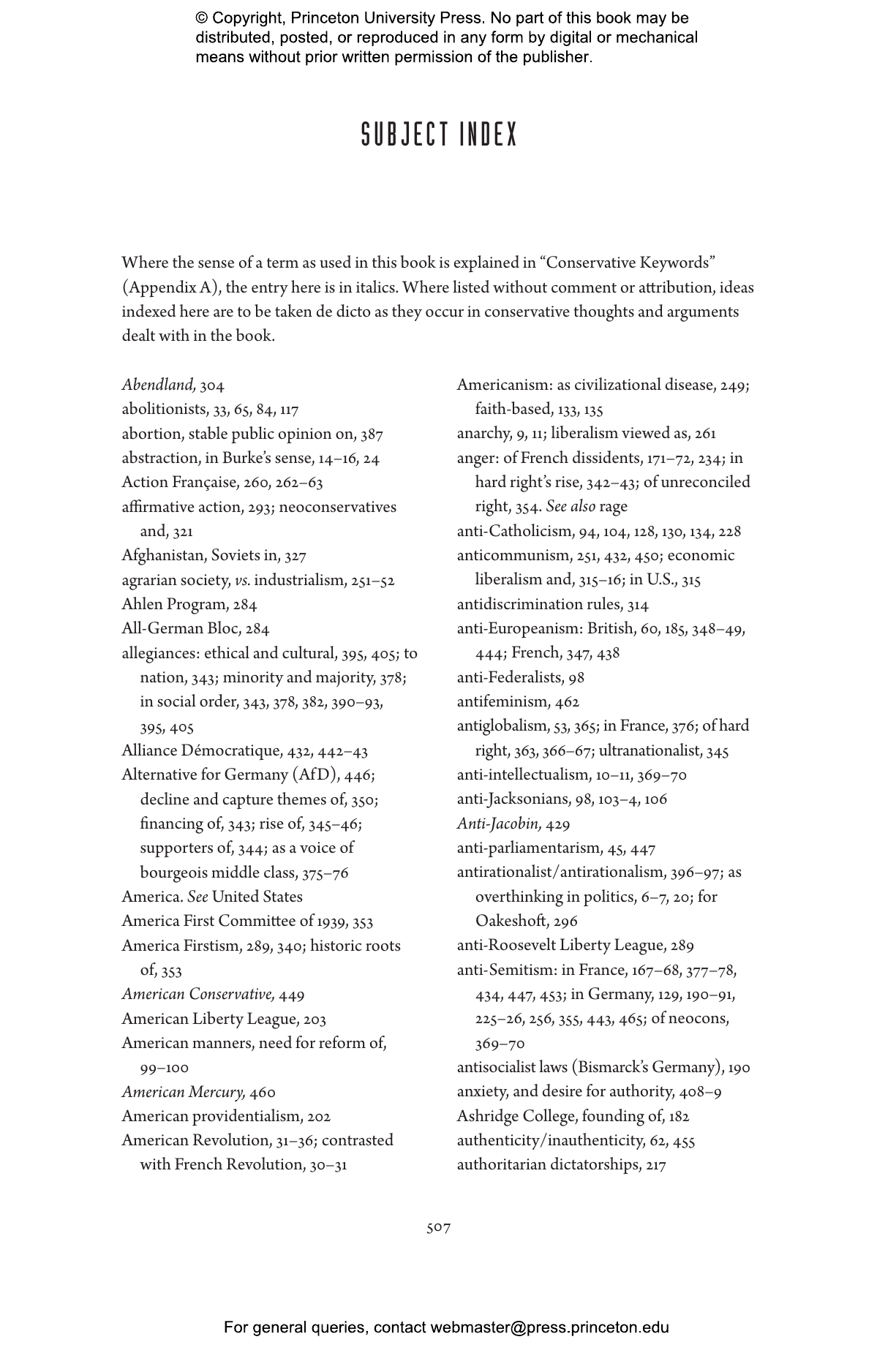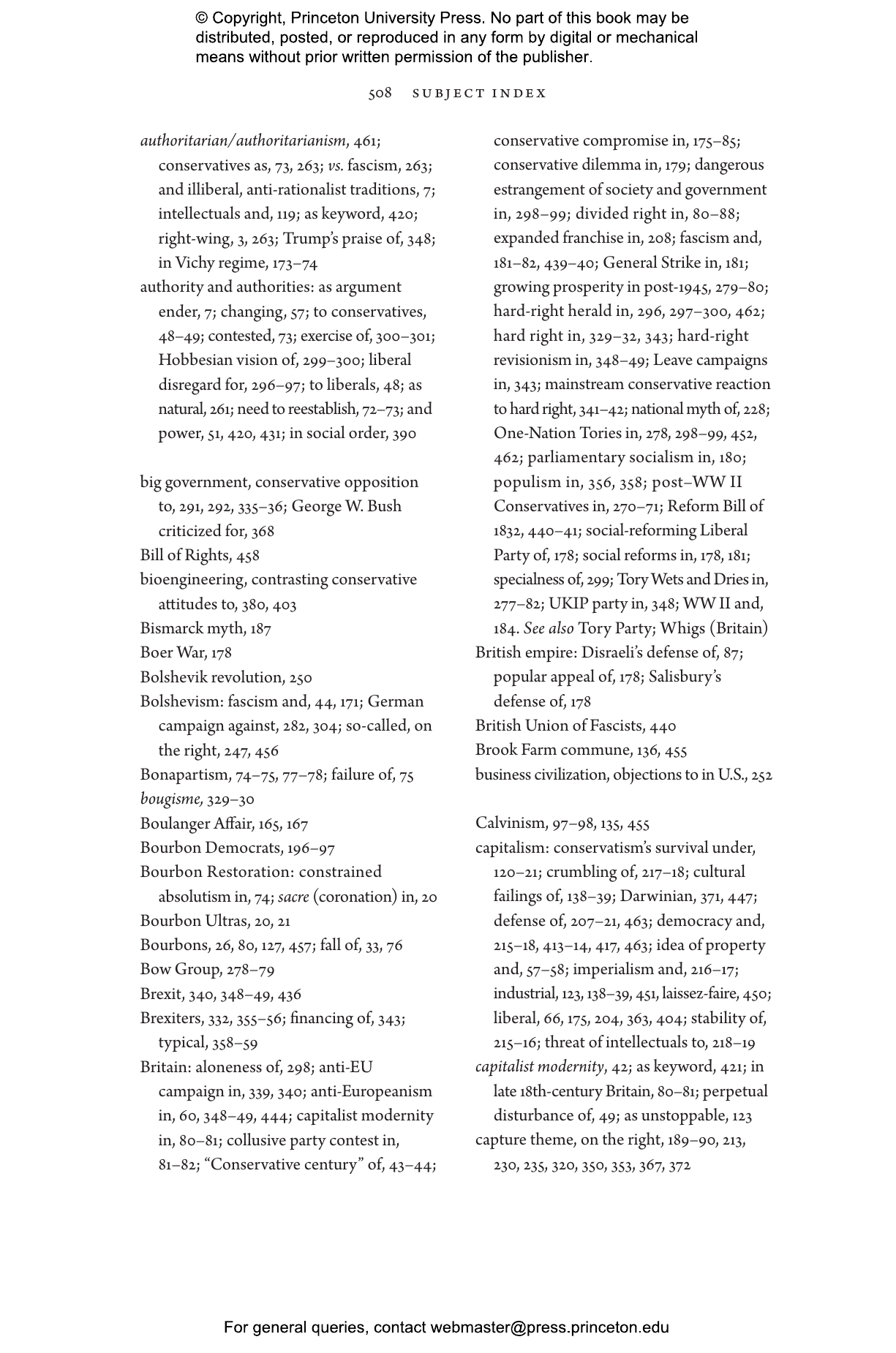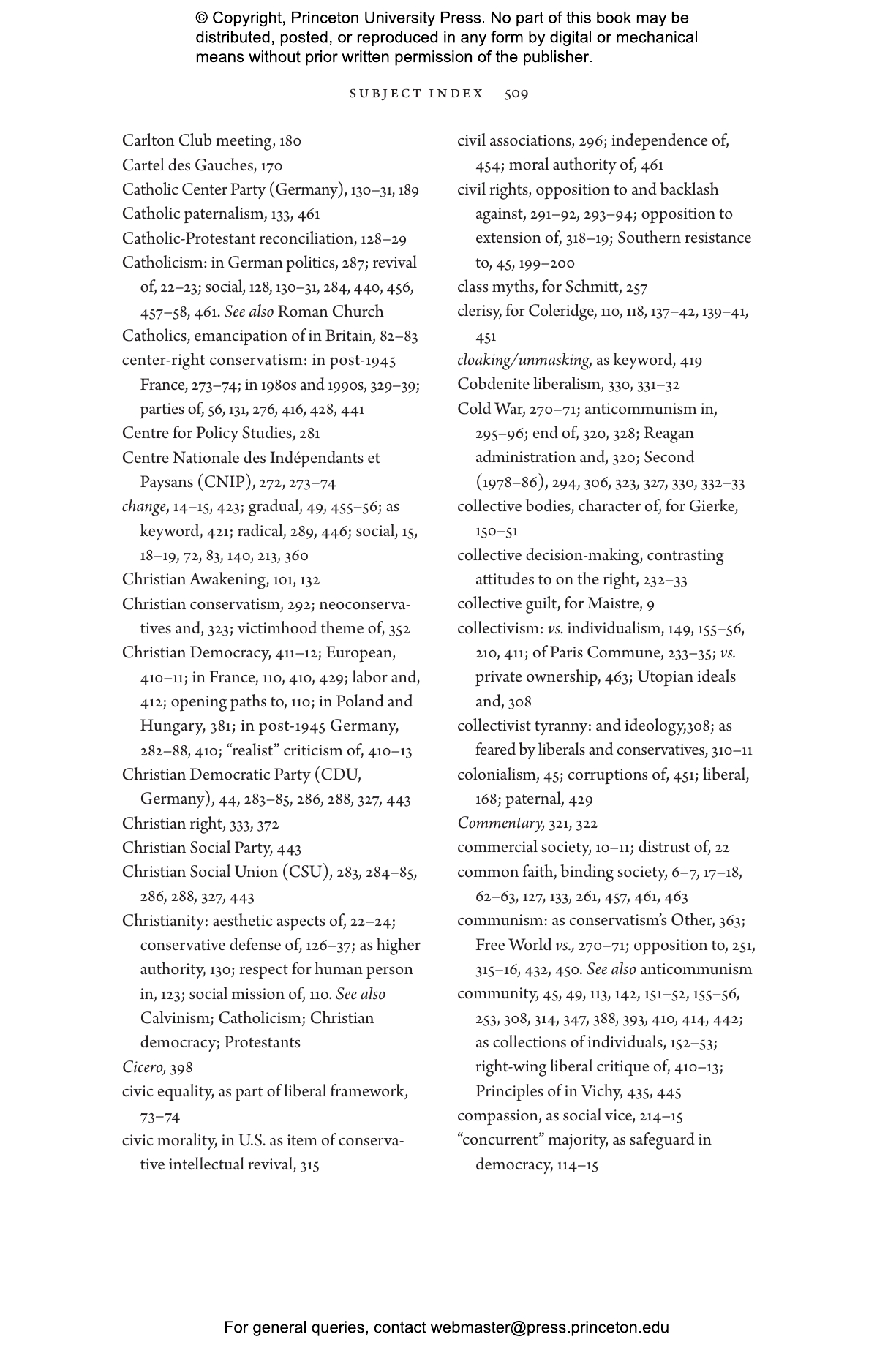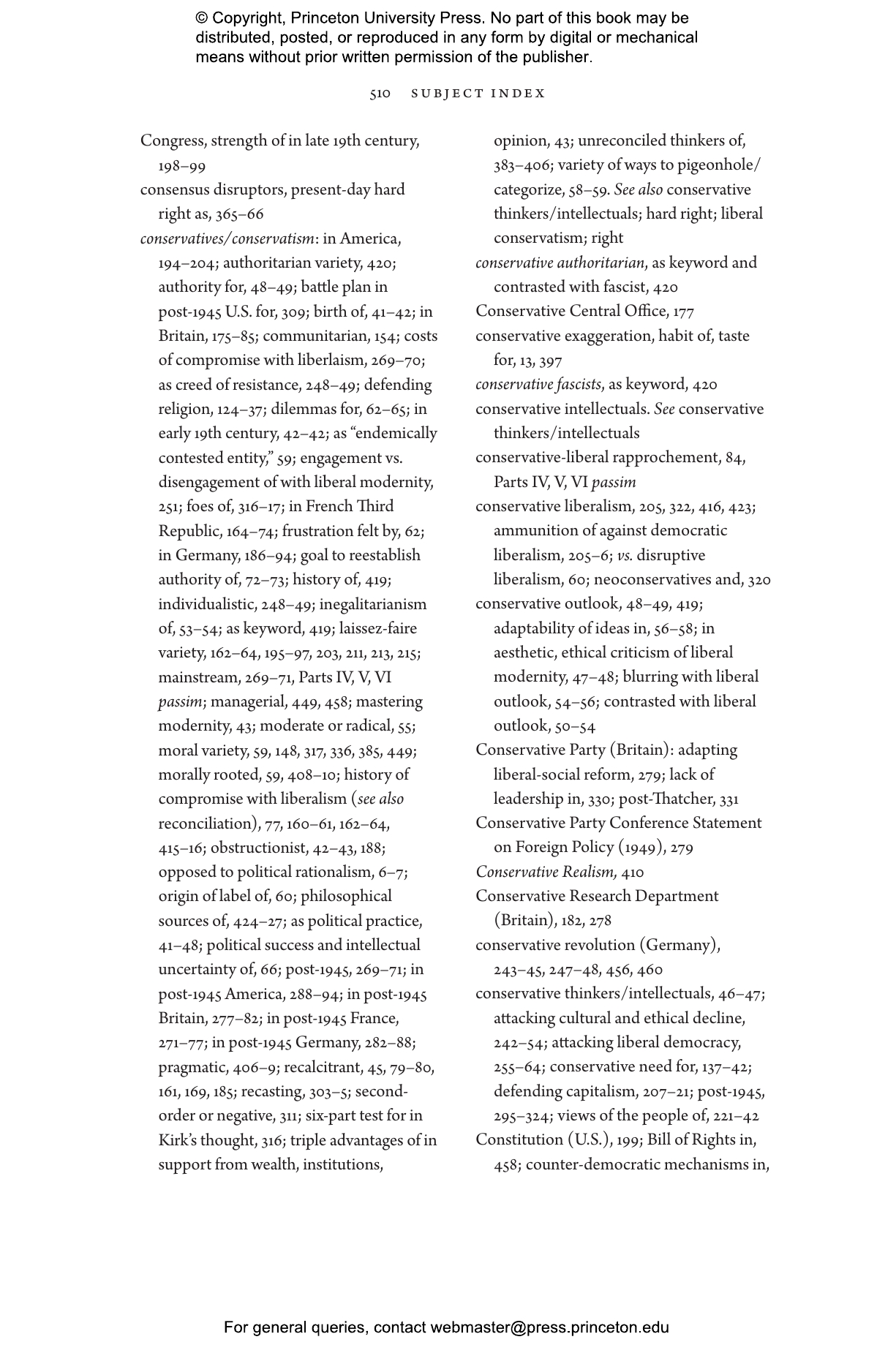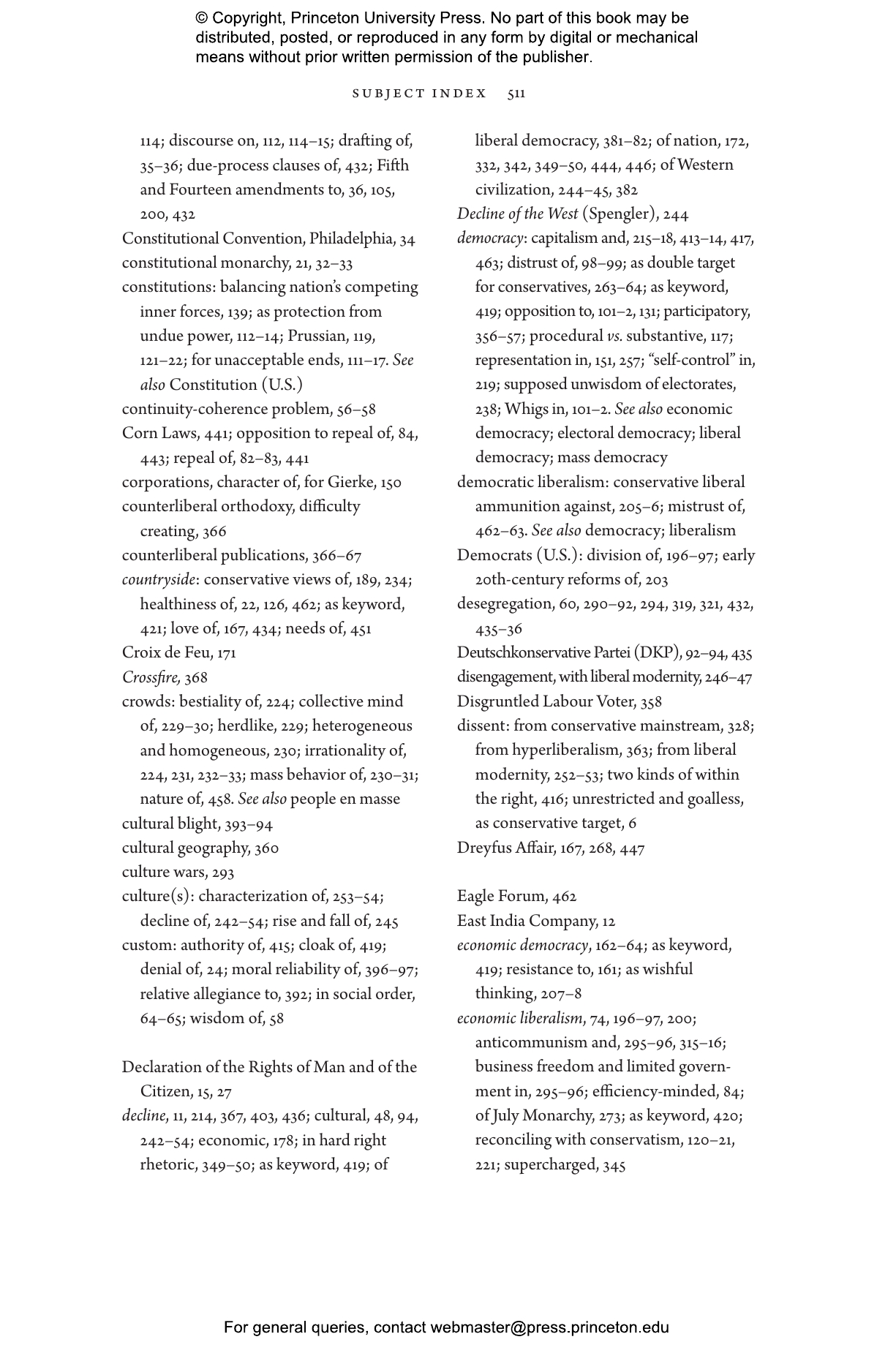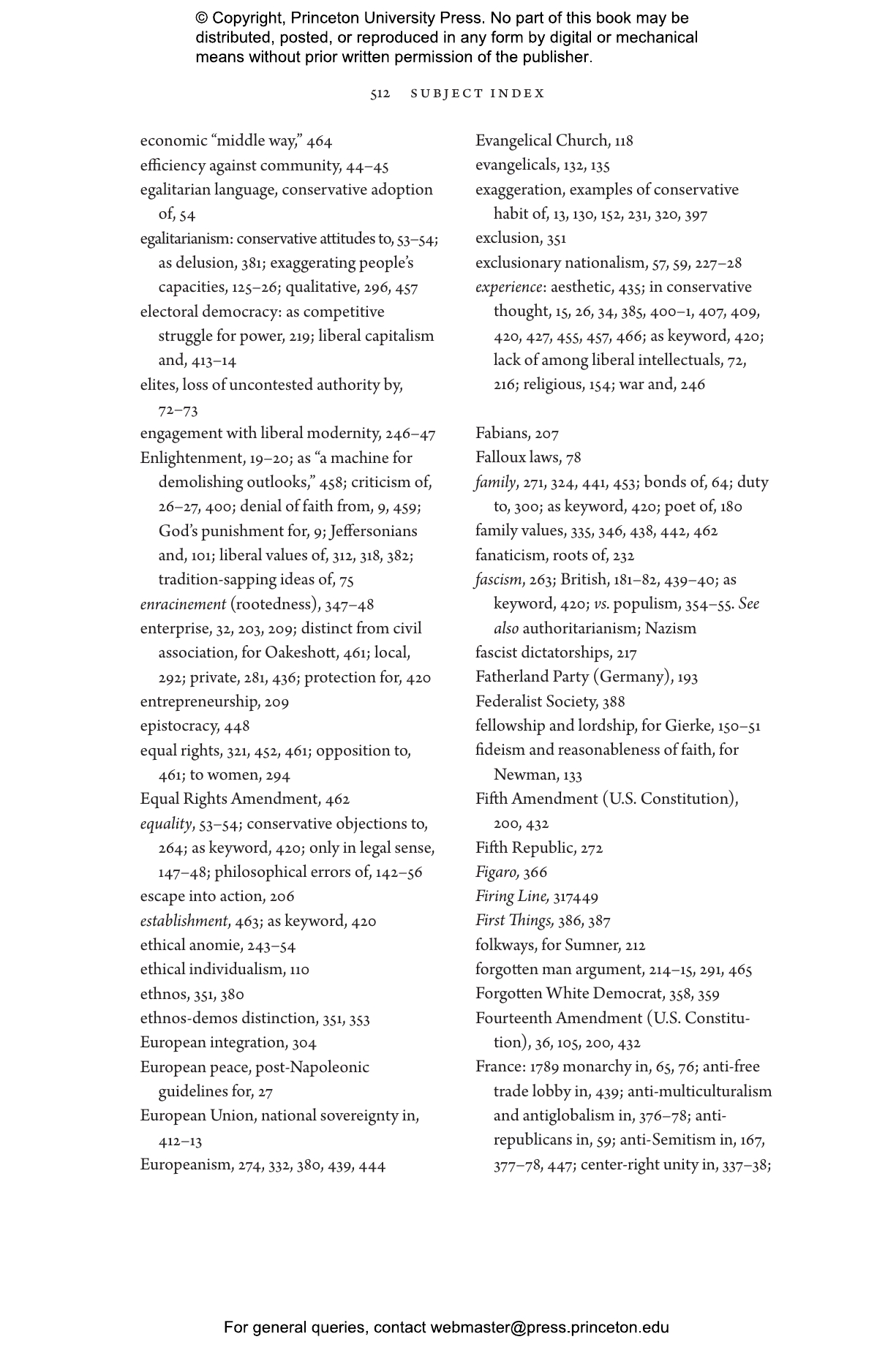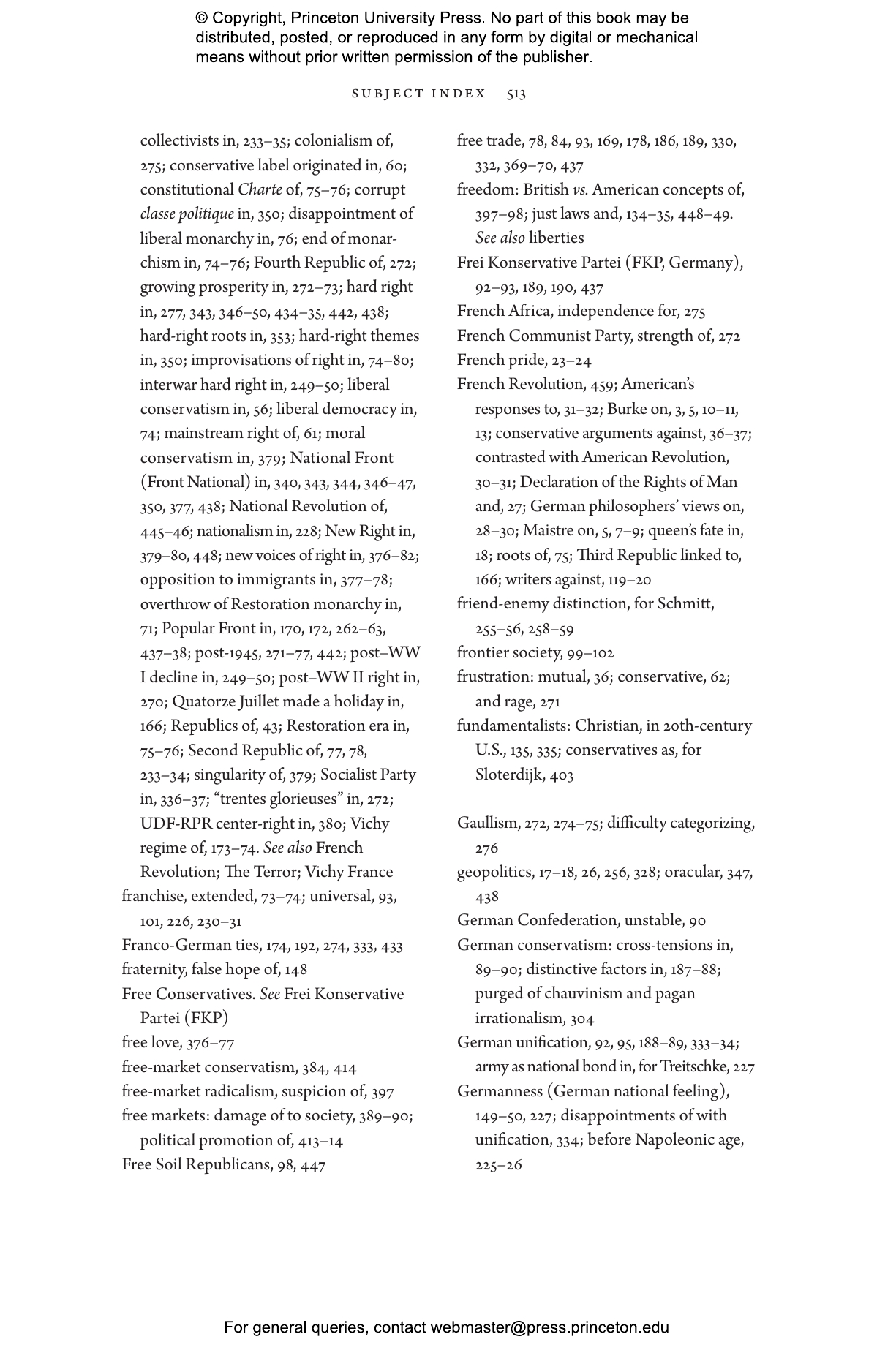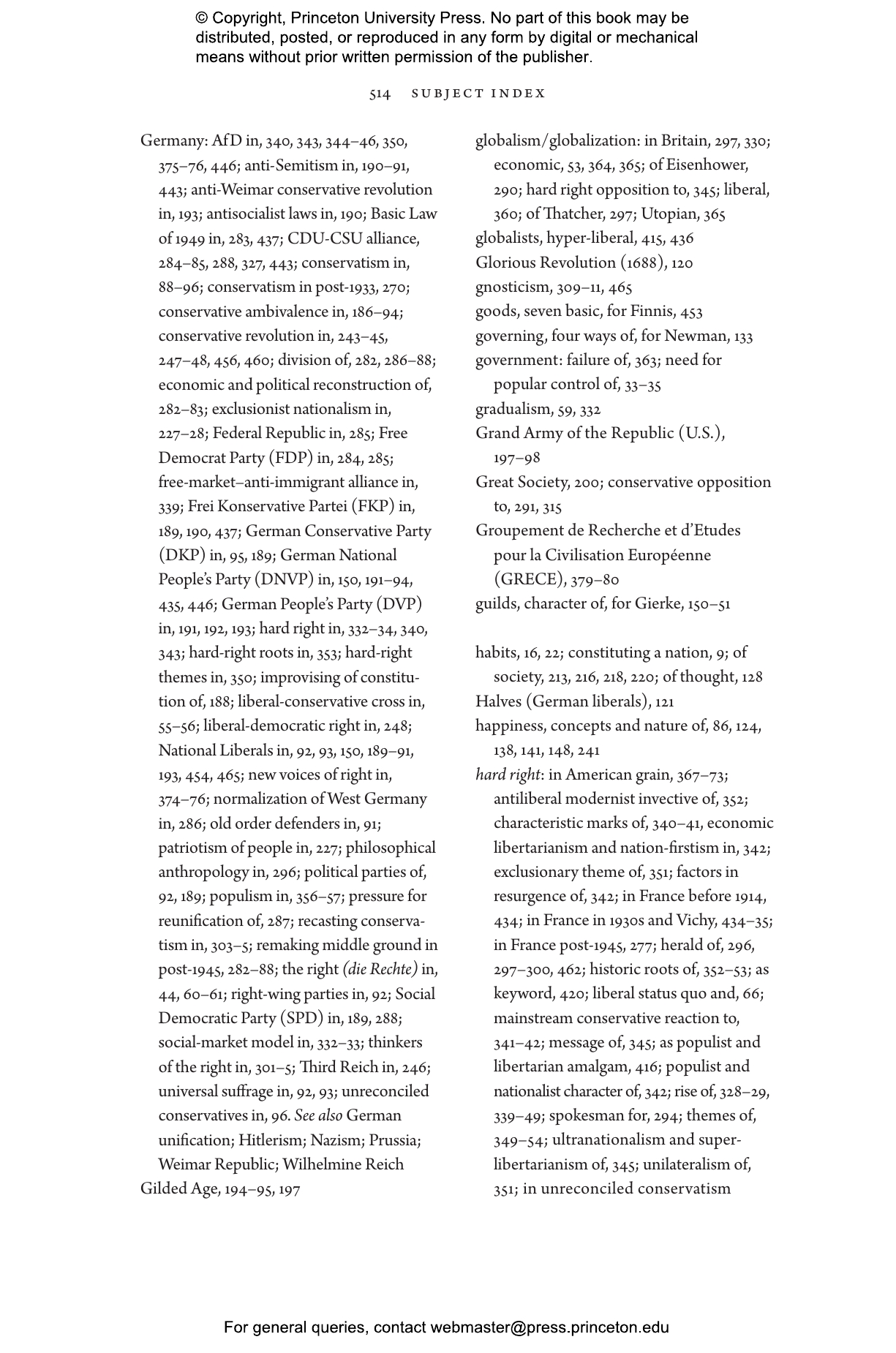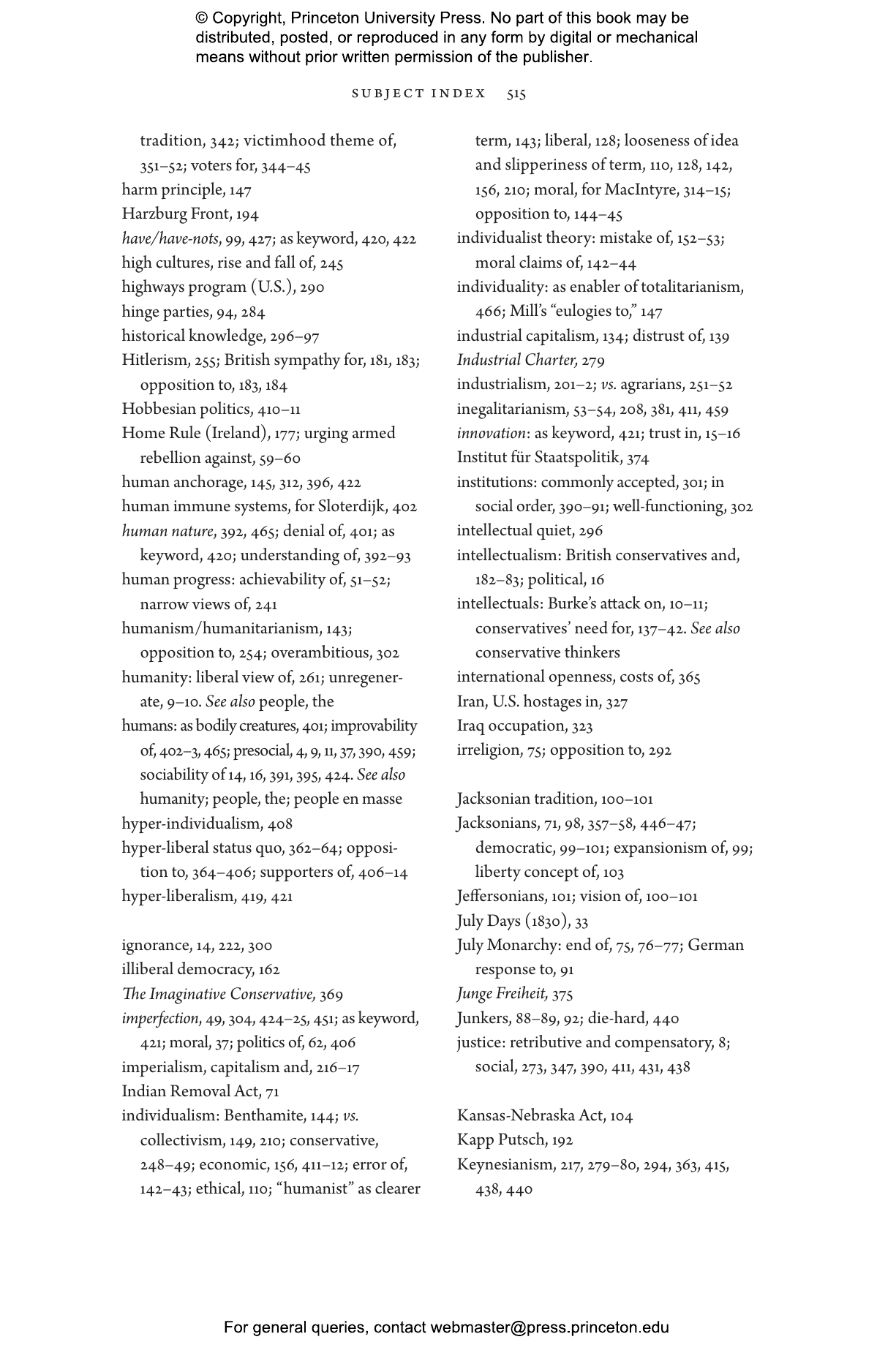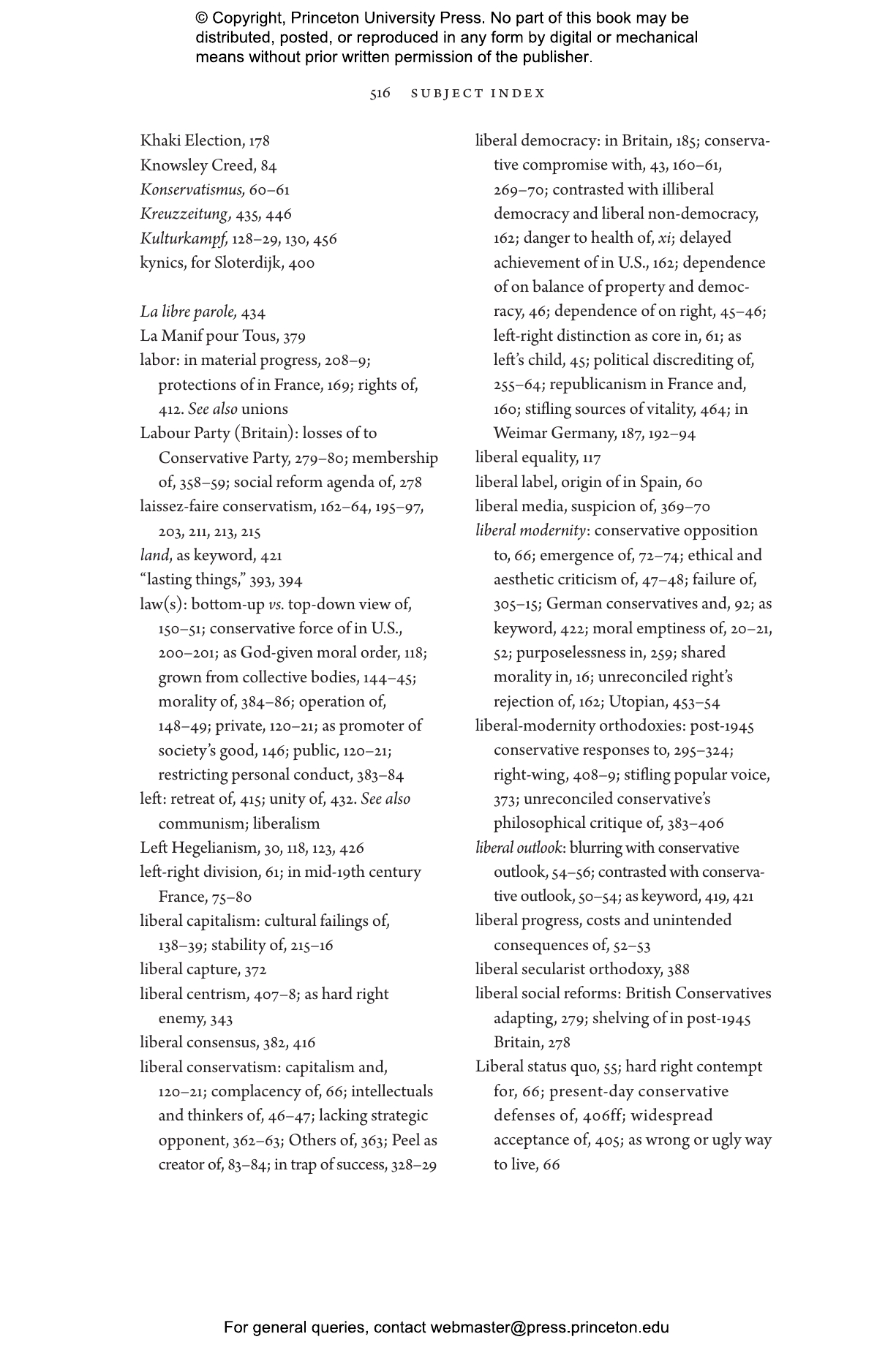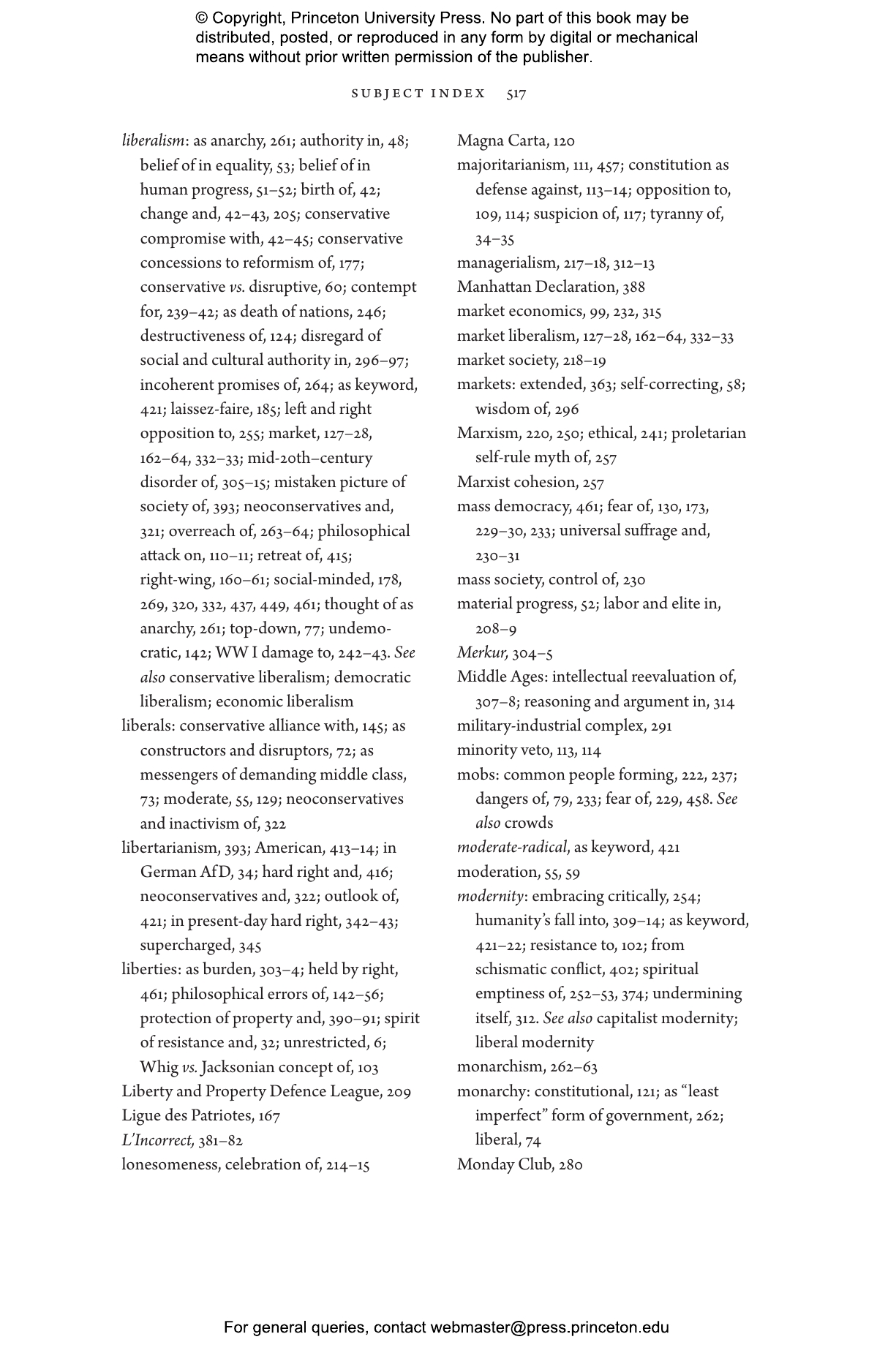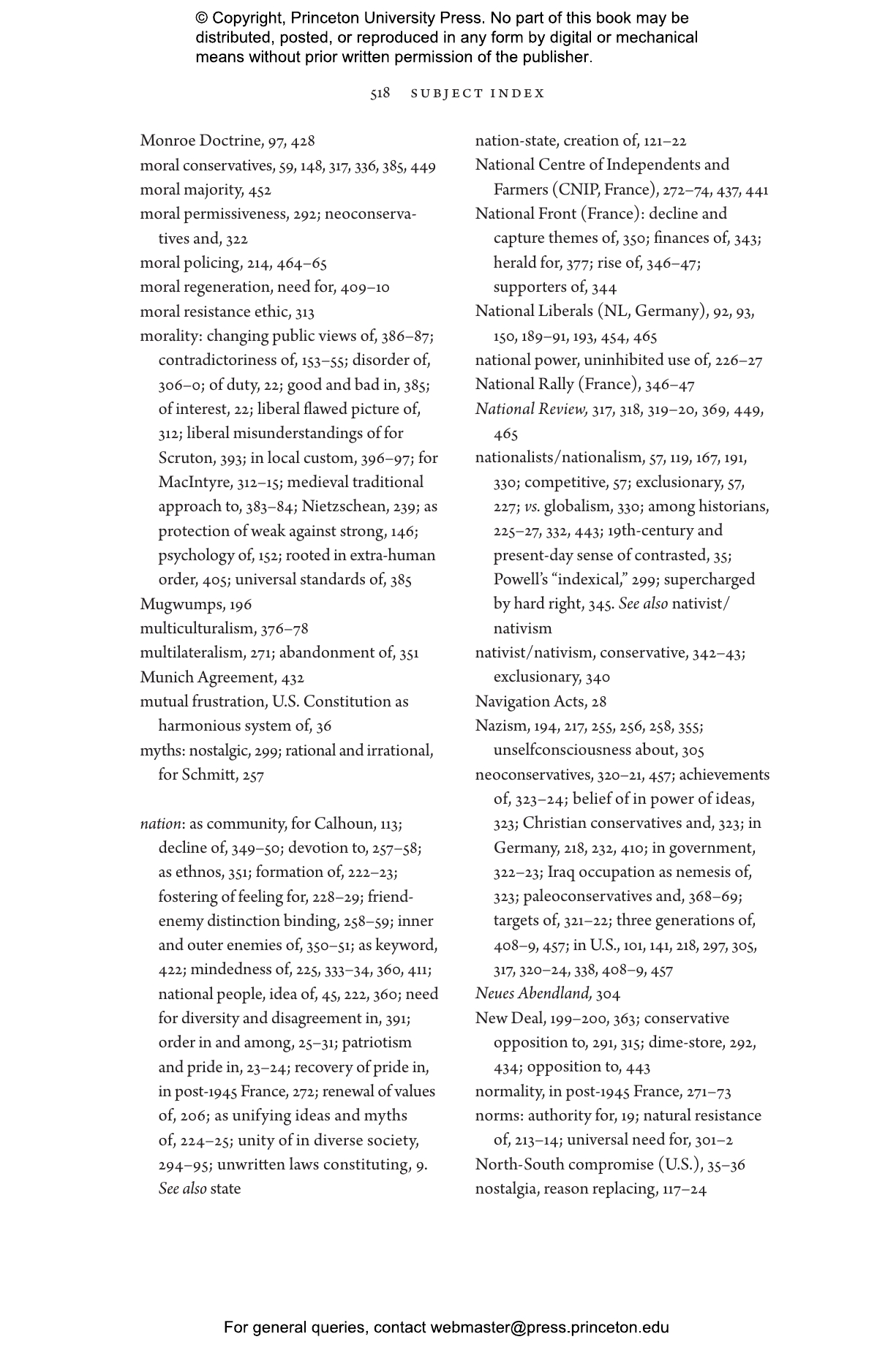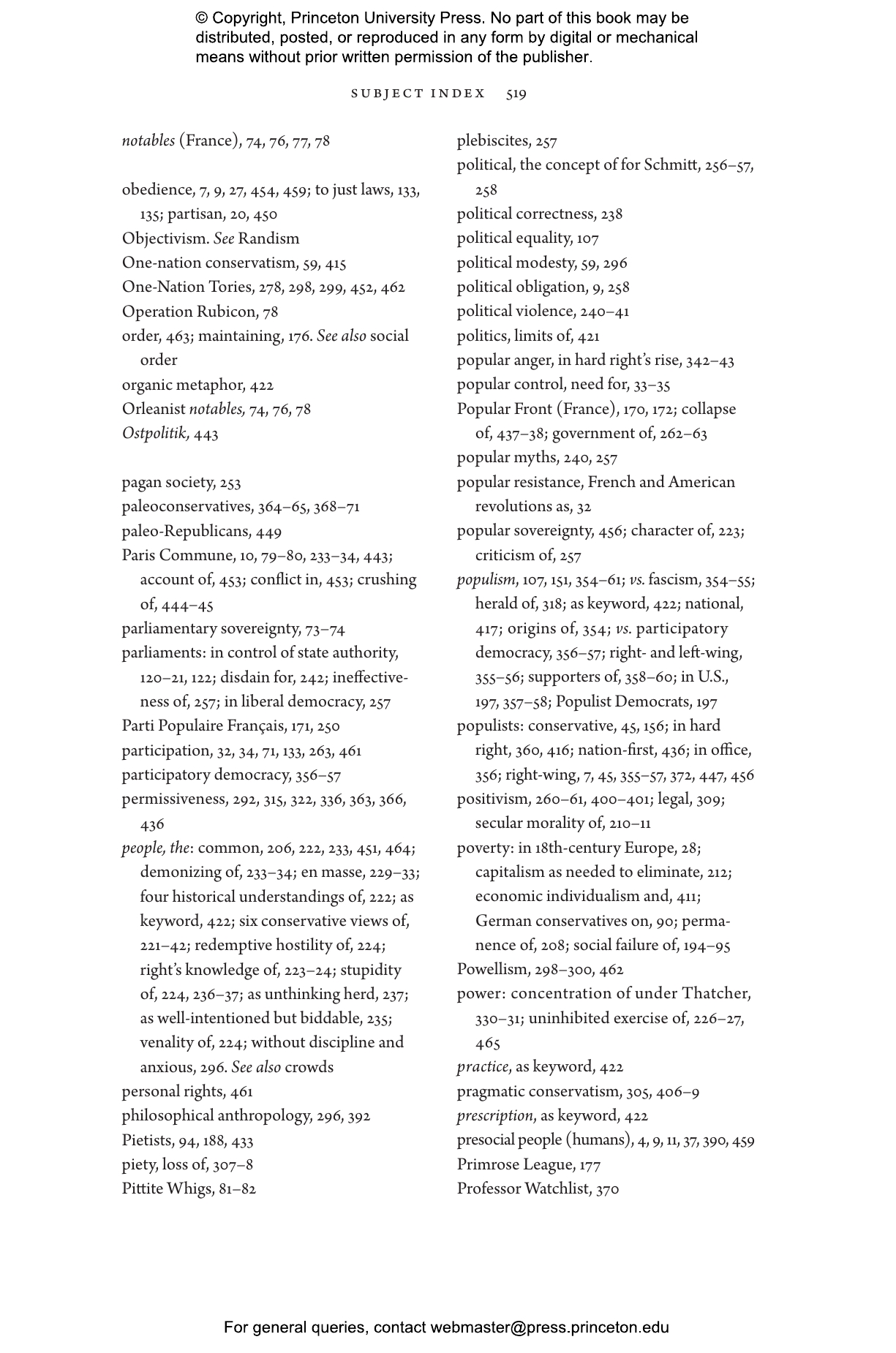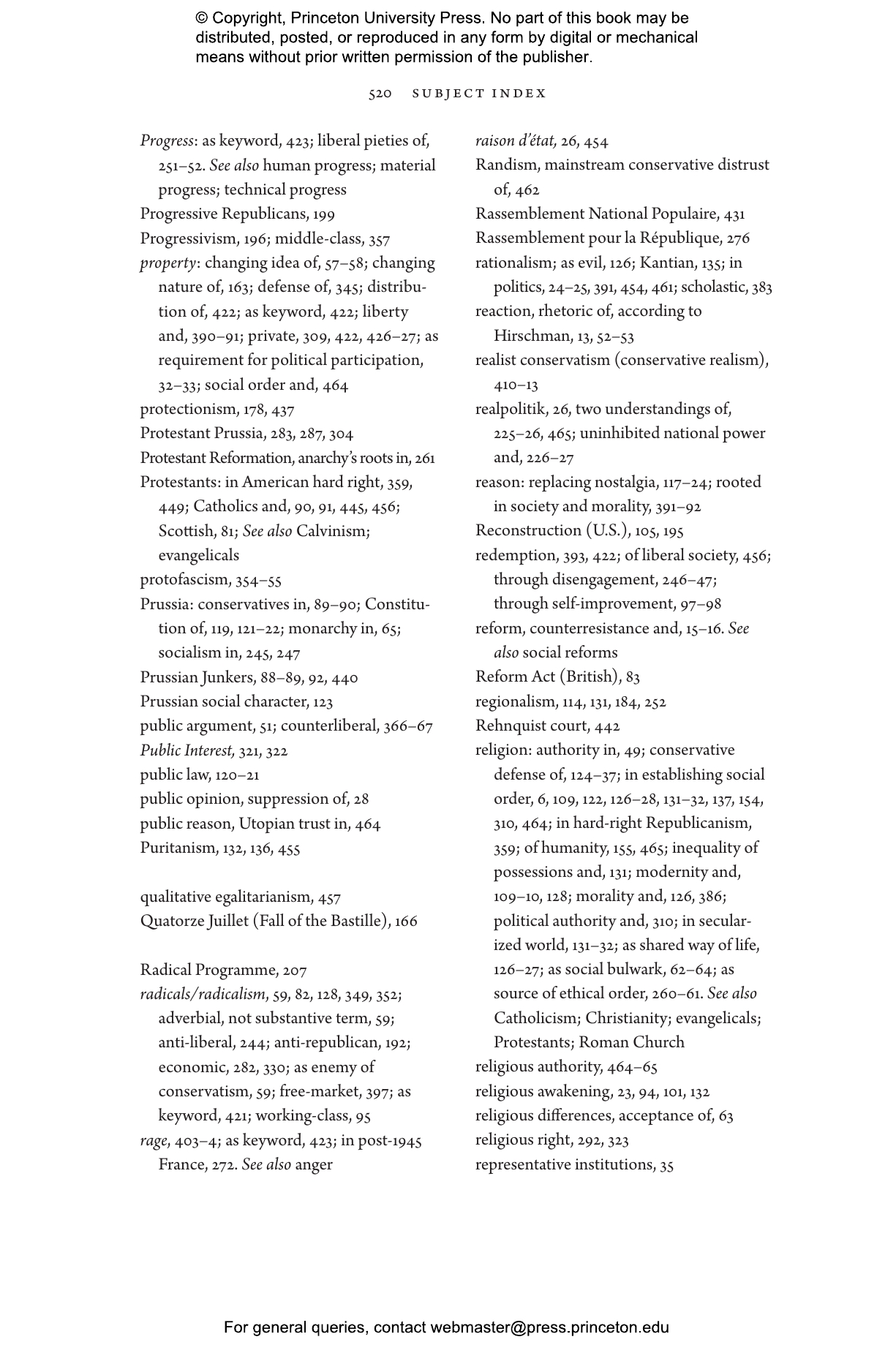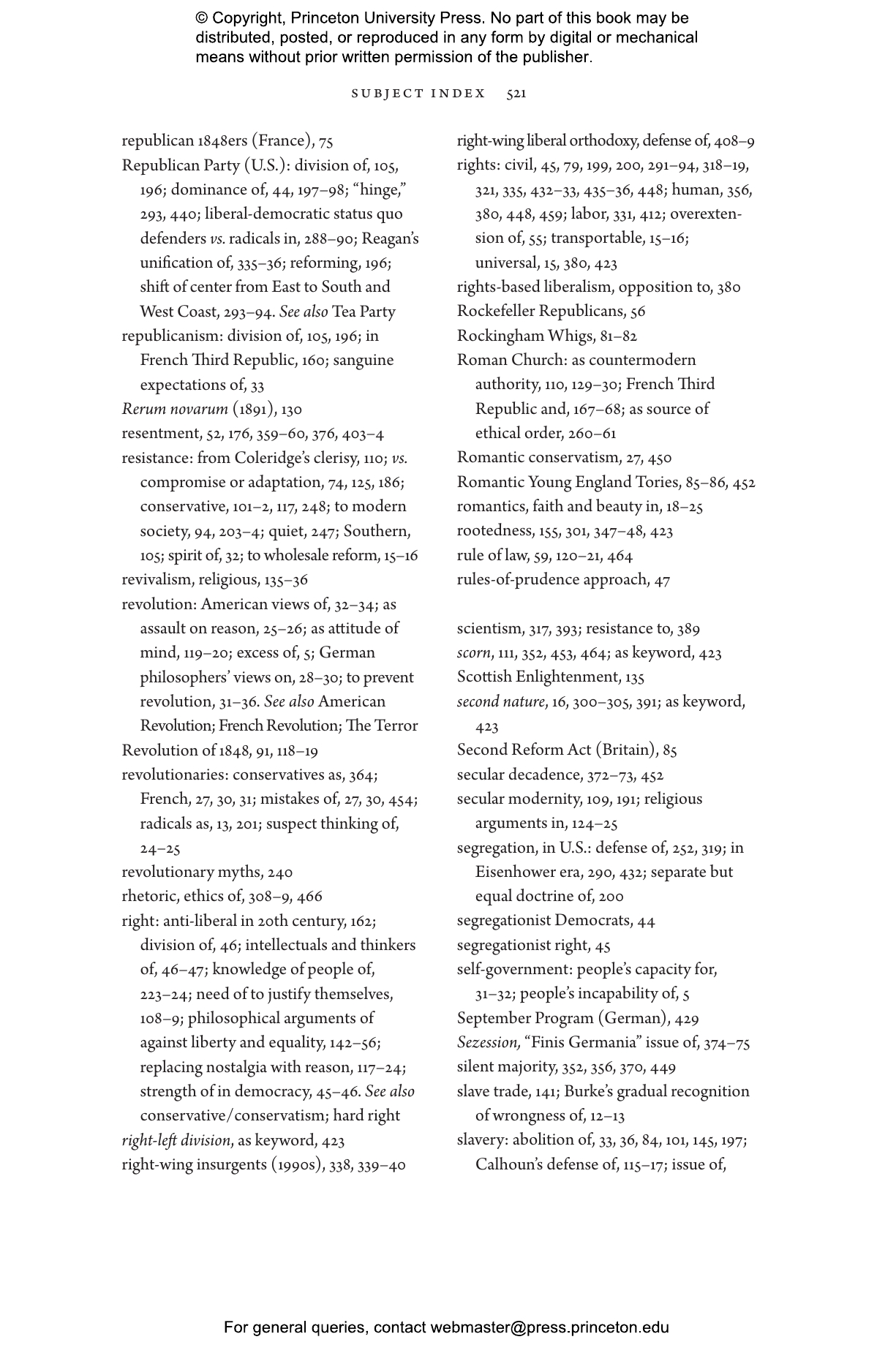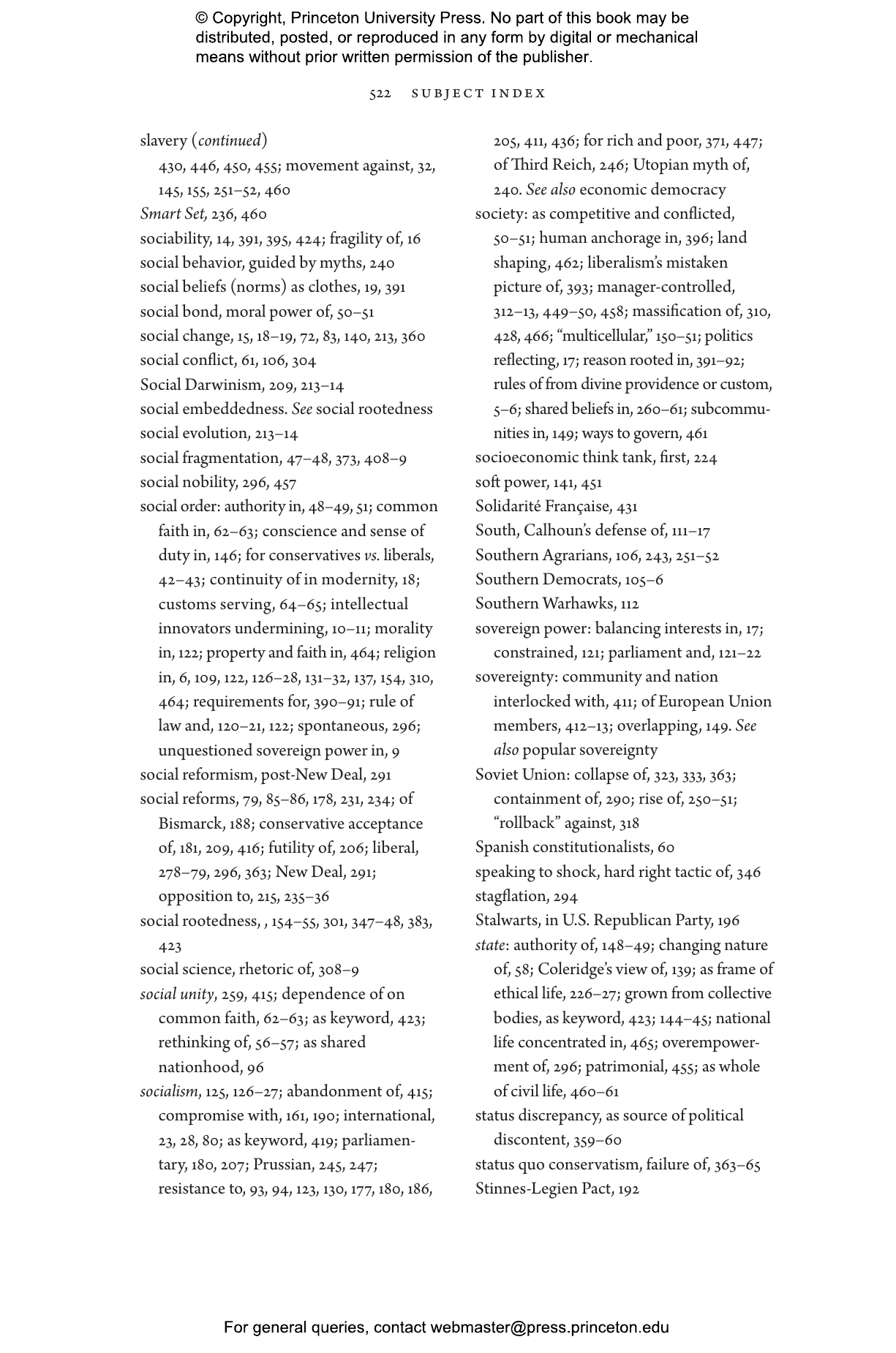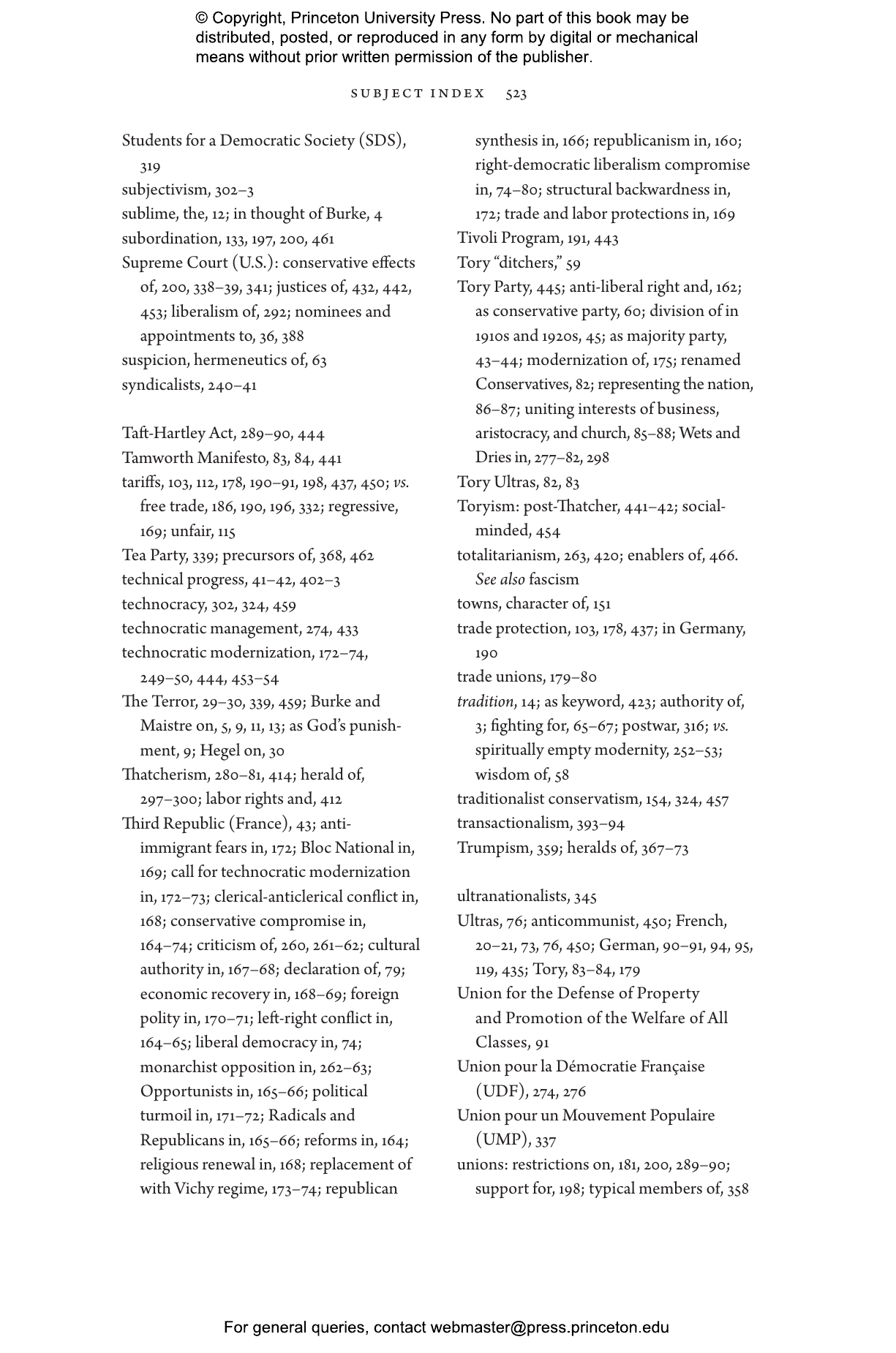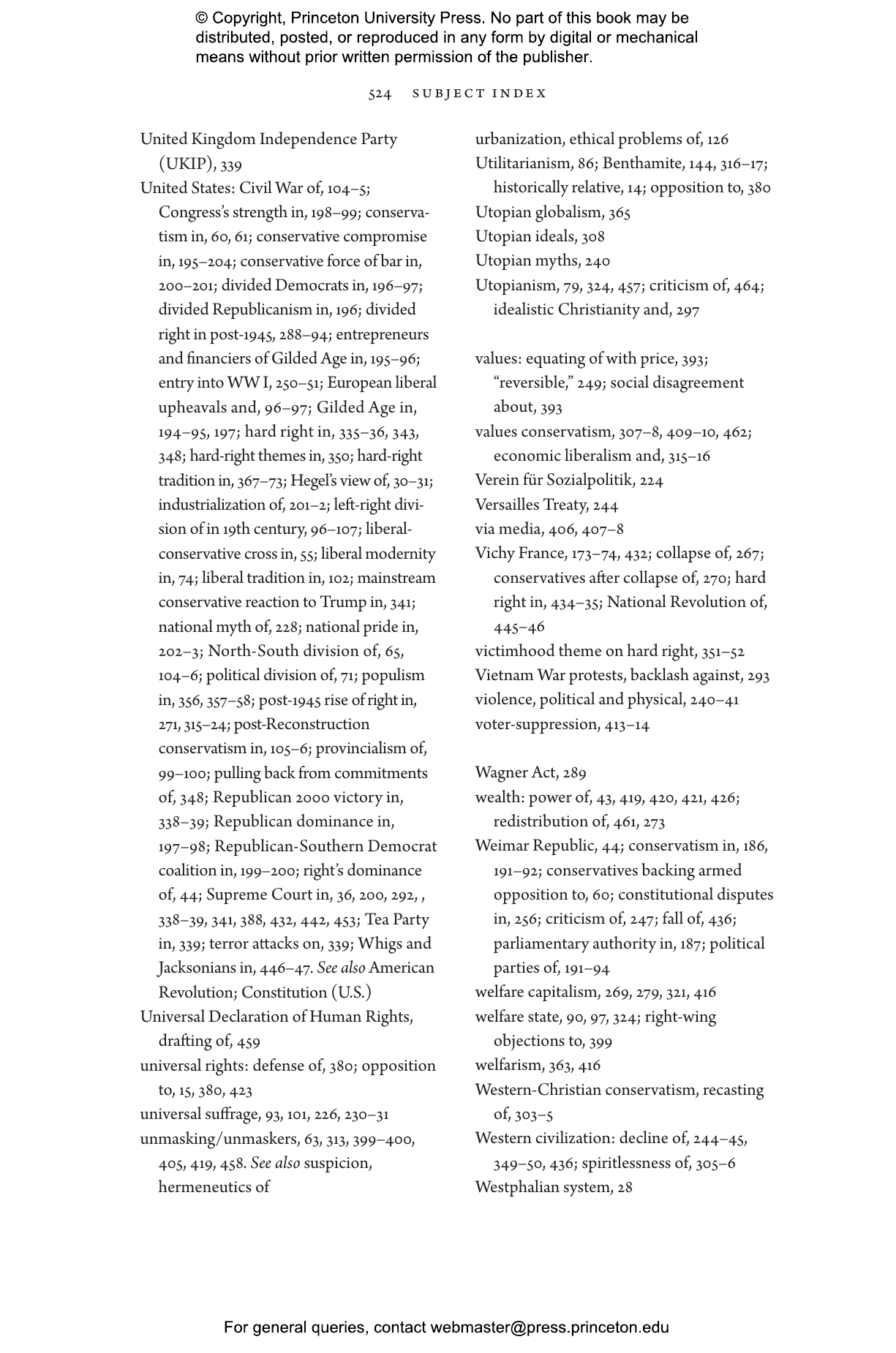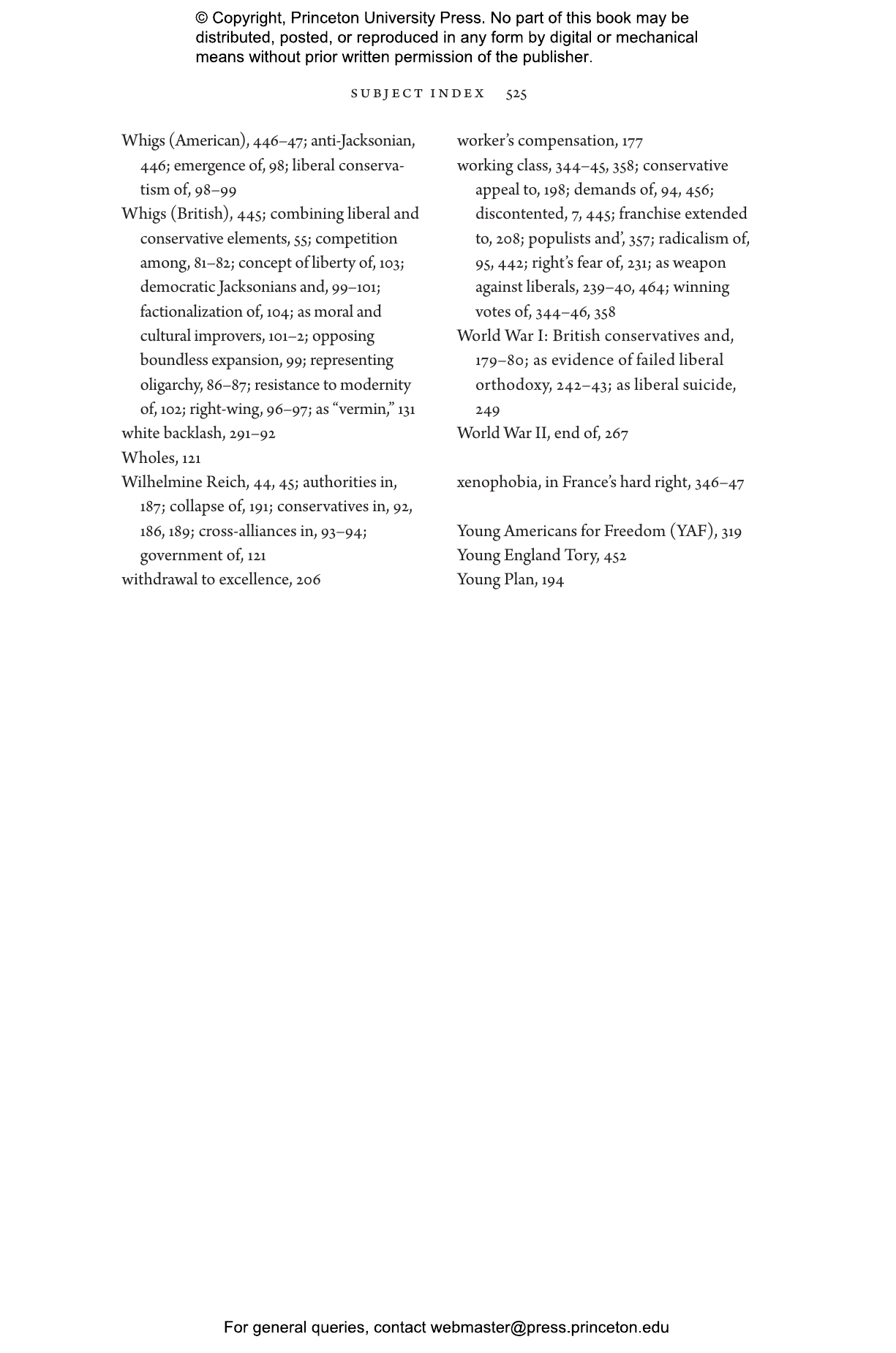For two hundred years, conservatism has defied its reputation as a backward-looking creed by confronting and adapting to liberal modernity. By doing so, the Right has won long periods of power and effectively become the dominant tradition in politics. Yet, despite their success, conservatives have continued to fight with each other about how far to compromise with liberalism and democracy—or which values to defend and how. In Conservatism, Edmund Fawcett provides a gripping account of this conflicted history, clarifies key ideas, and illuminates quarrels within the Right today.
Focusing on the United States, Britain, France, and Germany, Fawcett’s vivid narrative covers thinkers and politicians. They include the forerunners James Madison, Edmund Burke, and Joseph de Maistre; early friends and foes of capitalism; defenders of religion; and builders of modern parties, such as William McKinley and Lord Salisbury. The book chronicles the cultural critics and radical disruptors of the 1920s and 1930s, recounts how advocates of laissez-faire economics broke the post 1945 consensus, and describes how Donald Trump, Boris Johnson, and their European counterparts are pushing conservatism toward a nation-first, hard Right.
An absorbing, original history of the Right, Conservatism portrays a tradition as much at war with itself as with its opponents.
Awards and Recognition
- One of the Financial Times' Best Books of 2020: Politics
- One of Kirkus Reviews Best Big-Picture History Books of 2020
- A New York Times Book Review Editor's Choice
- A NRC Book of the Year
"A truly magisterial survey of the thought and actions of conservatives in Britain, France, Germany and the United States. . . . It’s a tour de force of intellectual eclecticism, and a vital recognition that the war within conservatism matters."—Andrew Sullivan, New York Times Book Review
"A valuable wide-lens perspective on currents that have been at play for decades if not centuries."—Greg Cowles, New York Times Book Review
"Invaluable."—Paul Rosenberg, Salon
"Enriching and worth reading."—Jacob Soll, New Republic
"[An] epic history of conservatism."—John Prideaux, The Economist
"This book is a stimulating read, benefiting from the author’s clarity of style, breadth of historical knowledge and decision to place conservative thinkers from each period of history alongside political practitioners."—William Hague, The Spectator
"The chief virtue of Fawcett’s rich and wide-ranging account is to demonstrate how conservatism has repeatedly managed to renew itself, politically and intellectually. The conservative tradition is a remarkably fecund one. For both its supporters and opponents, that is a truth worth rescuing."—Nick Pearce, Financial Times
"Members of both [liberalism and conservatism] thought-categories will find much to learn from both books, not least from the historical figures Mr. Fawcett brings into view."—William Anthony Hay, Wall Street Journal
"[A] magisterial history. . . . Perhaps the most comprehensive view of ‘the conservative mind’ since Russell Kirk’s book (1953) of that title. . . . One of the fairest accounts of the conservative intellectual tradition to be published in recent years."—Gerald J. Russello, National Review
"Fawcett, a veteran Economist journalist who describes himself as a left-wing liberal, seeks to understand conservatism as a historical phenomenon. He surveys political practice and political thought in Britain, the US, France and Germany since 1800, with authority and perspective."—Jonathan Parry, London Review of Books
"An ambitious book with lucid accounts of a wide range of thinkers and some practitioners."—David Willetts, Prospect
"The honest struggle of a thoughtful liberal to understand the enemy gives the book its strength, vitality and structure. . . . [A] compelling, lucid and learned work."—Richard Cockett, The Critic
"The author of a much acclaimed history of liberalism turns his attention to another crucial branch of political philosophy."—Gideon Rachman, Financial Times
"A sweeping new work of political history."—John Harris, The Guardian
"The narrative is absorbing, the pace unflagging. The reader is carried along by the energy of the prose, by sharp insights and nice turns of phrase, and above all by the author’s evident engagement in politics and joy in ideas."—Jesse Norman, Catholic Herald
"Readable and comprehensive. . . . An immensely stimulating canter though a major segment of Western political tradition."—Kirkus Reviews, Starred Review
"An astonishingly accomplished survey of the last two centuries of conservative thought."—Andrew Gimson, Conservative Home
"Timely."—William Chislett, Real Instituto Elcano
"In Fawcett’s analysis, the French Revolution in 1789 was both a founding moment and a false start. Fawcett rightly observes that conservatism was not “founded” with the publication of Burke’s critique of the Revolution, Reflections on the Revolution in France (1790): it wasn’t until the 1830s that the term gained currency as a political label."—Emily Jones, New Statesman
"A compelling work of history."—John Harris, Guardian
"Rich with insights, this is an essential book for understanding contemporary politics in what once seemed to be stably liberal democratic societies. Fawcett tells an important story that will help the left understand how the right became the force that it is today, and that will clarify for conservatives a fissure within the right that now compels them to choose between dramatically different visions of our political future."—Tamsin Shaw, New York University
"This is a panoptic account of the changing character of conservatism, both in theory and practice, from its inception as a reaction to the French Revolution to the present. By contrasting conservatism's development in four nations, this book presents a compelling picture of how what began as a beleaguered defense of a lost cause became a confident capitalist creed. It also explains why, for long stretches over the past two centuries, conservative politics has been able to subdue its liberal, radical, and socialist rivals."—Gareth Stedman Jones, Queen Mary University of London
“Bold, engaging, and forthright, Fawcett’s wide-ranging book captures the many facets of conservatism. This book is a must-read for both friends and foes of conservatism.”—Kwasi Kwarteng, UK Minister for Business, Energy and Clean Growth
“From resistance to the French Revolution to populist appeal in the twenty-first century, from American proslavery thought to the predicaments of post-Nazi politics, this book provides a sweeping overview of a political tradition that has often been underestimated, both in its intellectual ambitions and in its practical effects on the course of Western societies. Fawcett’s fresh account is as accessible as it is stimulating, and makes the reader grasp the paradoxes of conservatism, its malleability in the guise of stubbornness.”—Paul Nolte, Free University Berlin
“A remarkable achievement of wisdom, erudition, and style. In setting out to uncover the family resemblances and the family squabbles behind the contested term ‘conservativism,’ Edmund Fawcett combines extraordinary historical scholarship and analytic power to trace out the lineage of a tradition. Writing as a left-liberal, puzzled by the question ‘if we’re so smart, how come we’re not in charge?,’ Fawcett has performed an enormous service to anyone wishing to understand conservatism’s dominance and appeal.”—Jonathan Wolff, Blavatnik School of Government, University of Oxford
“An impressive and stylish synthesis.”—Duncan Kelly, University of Cambridge
